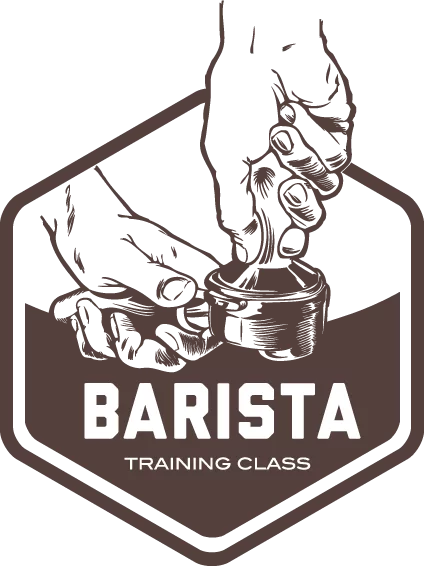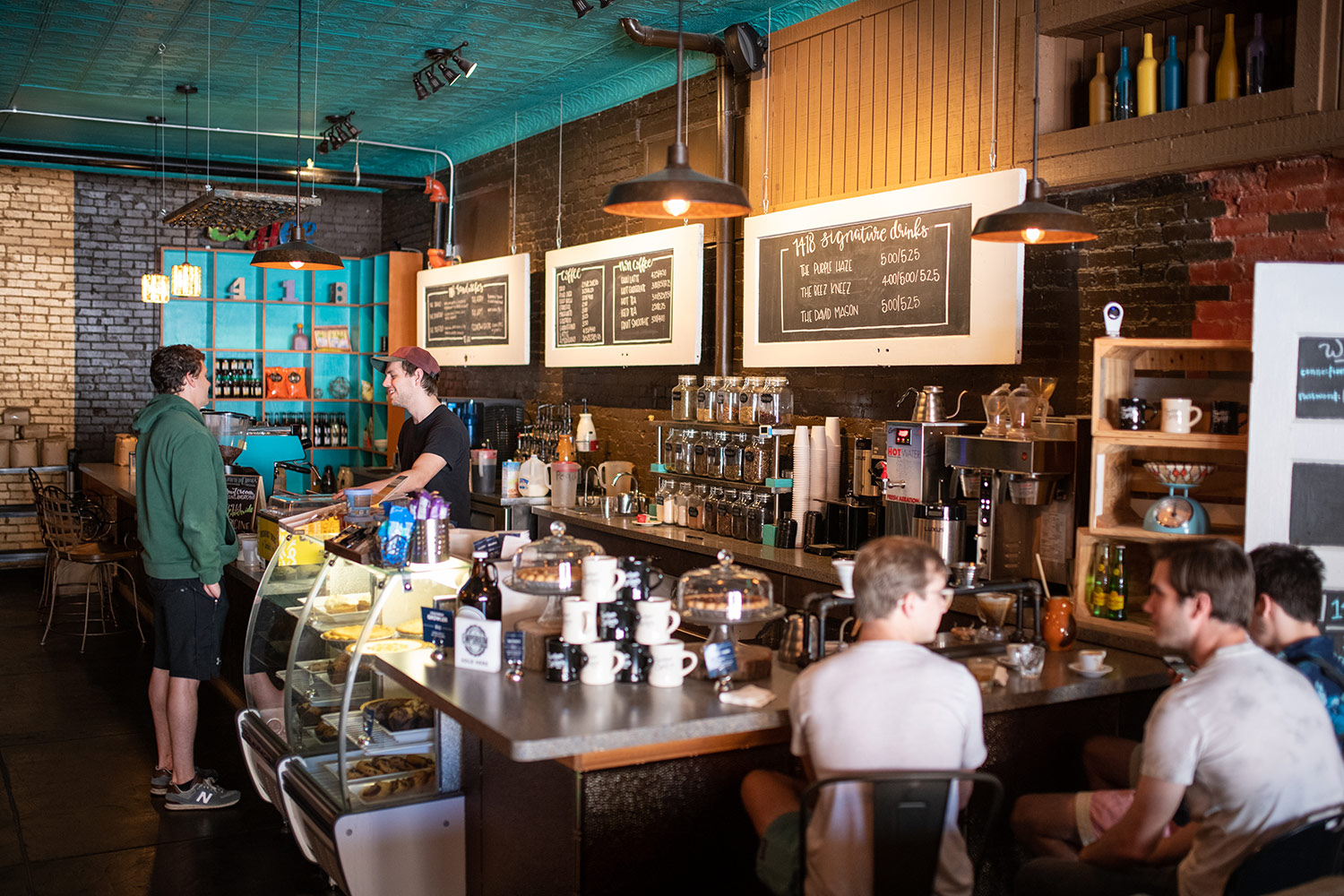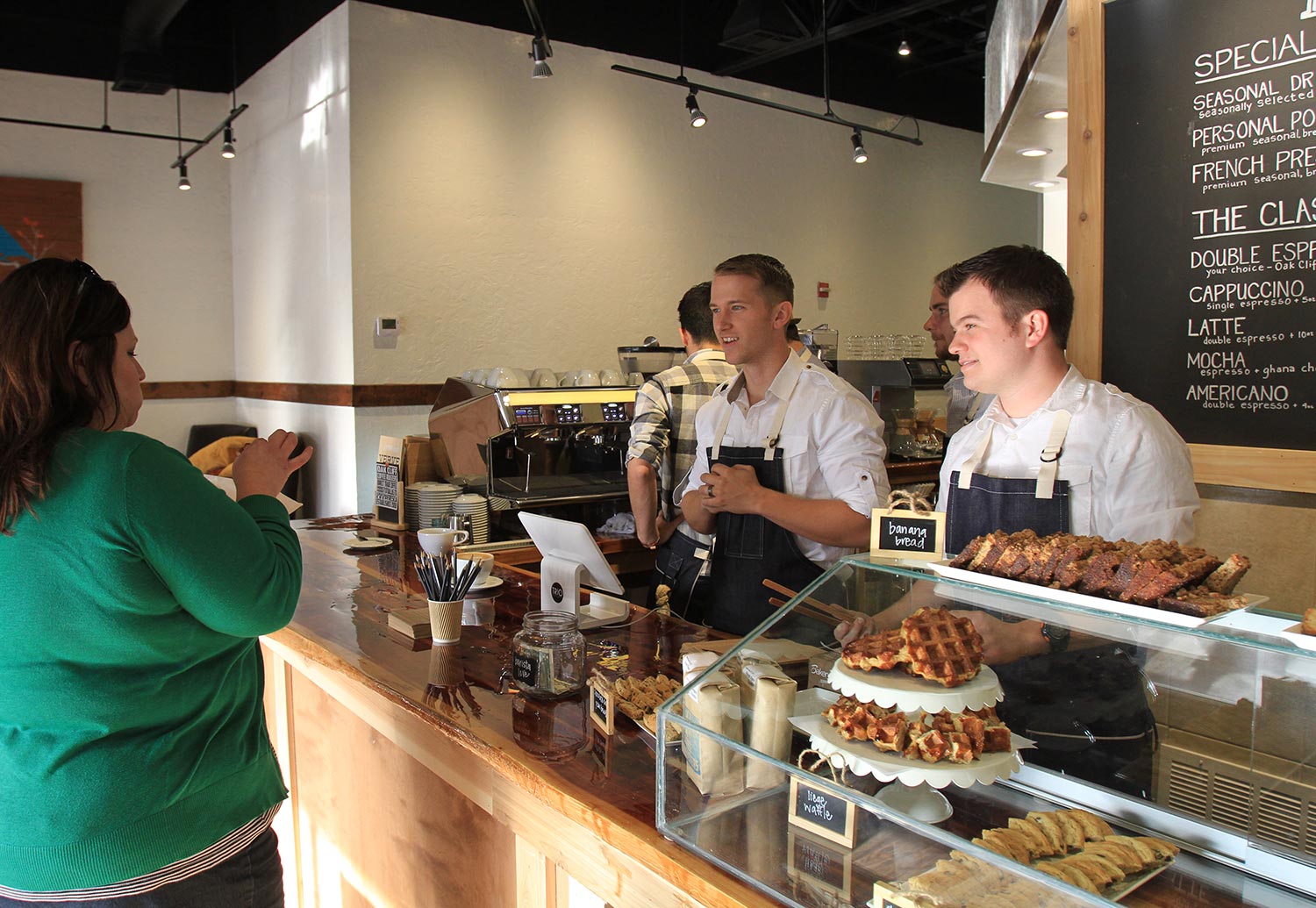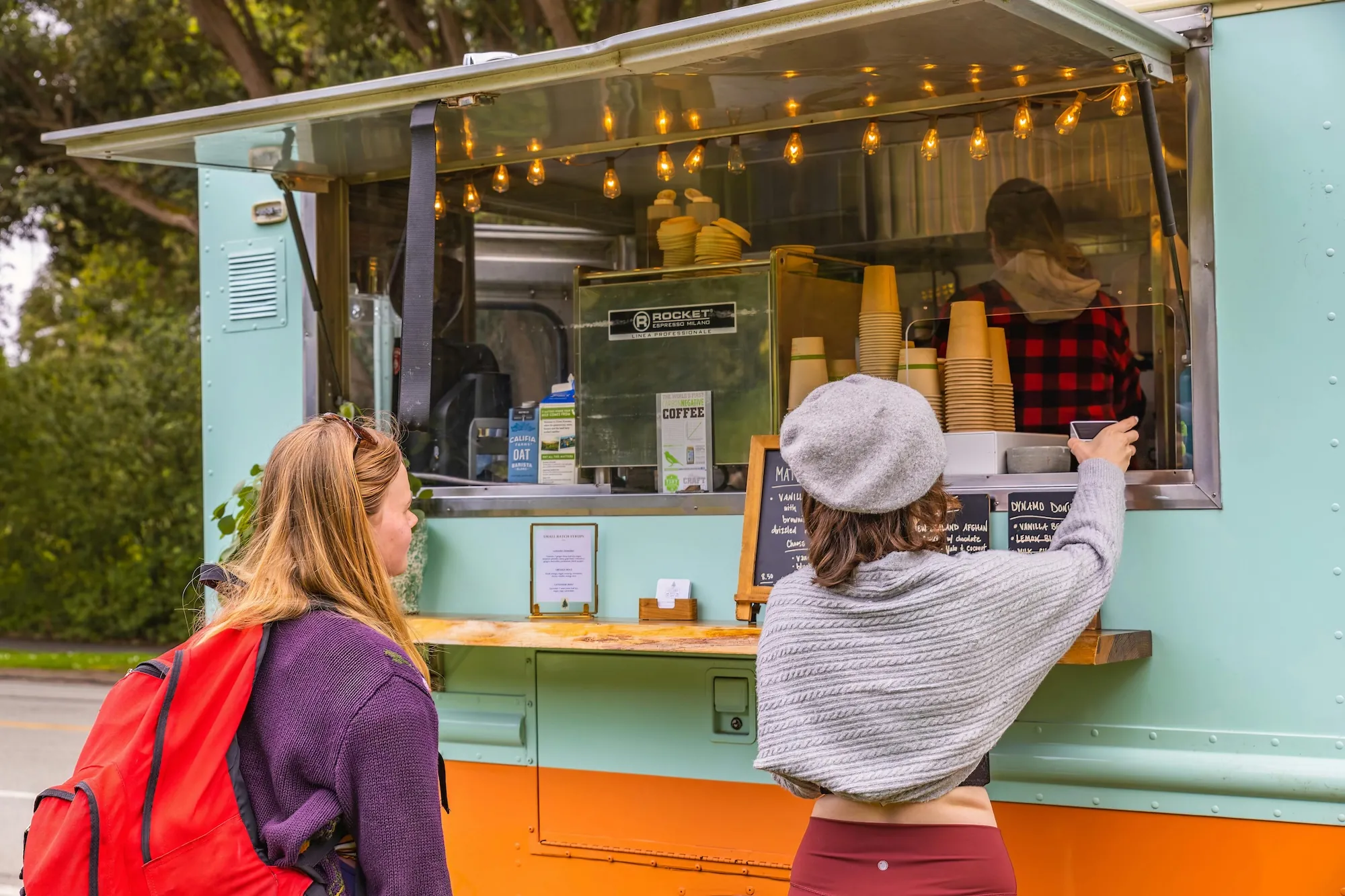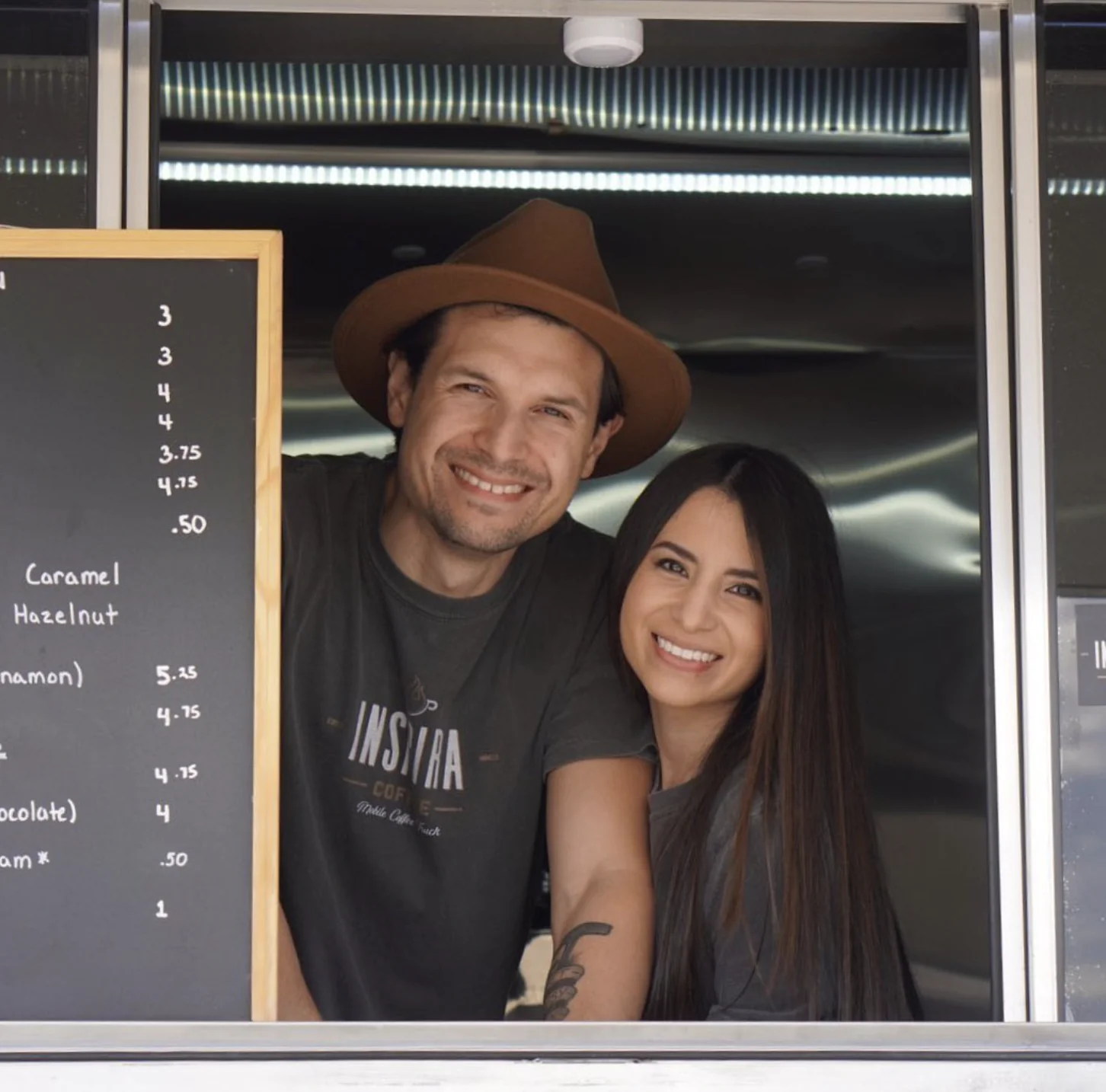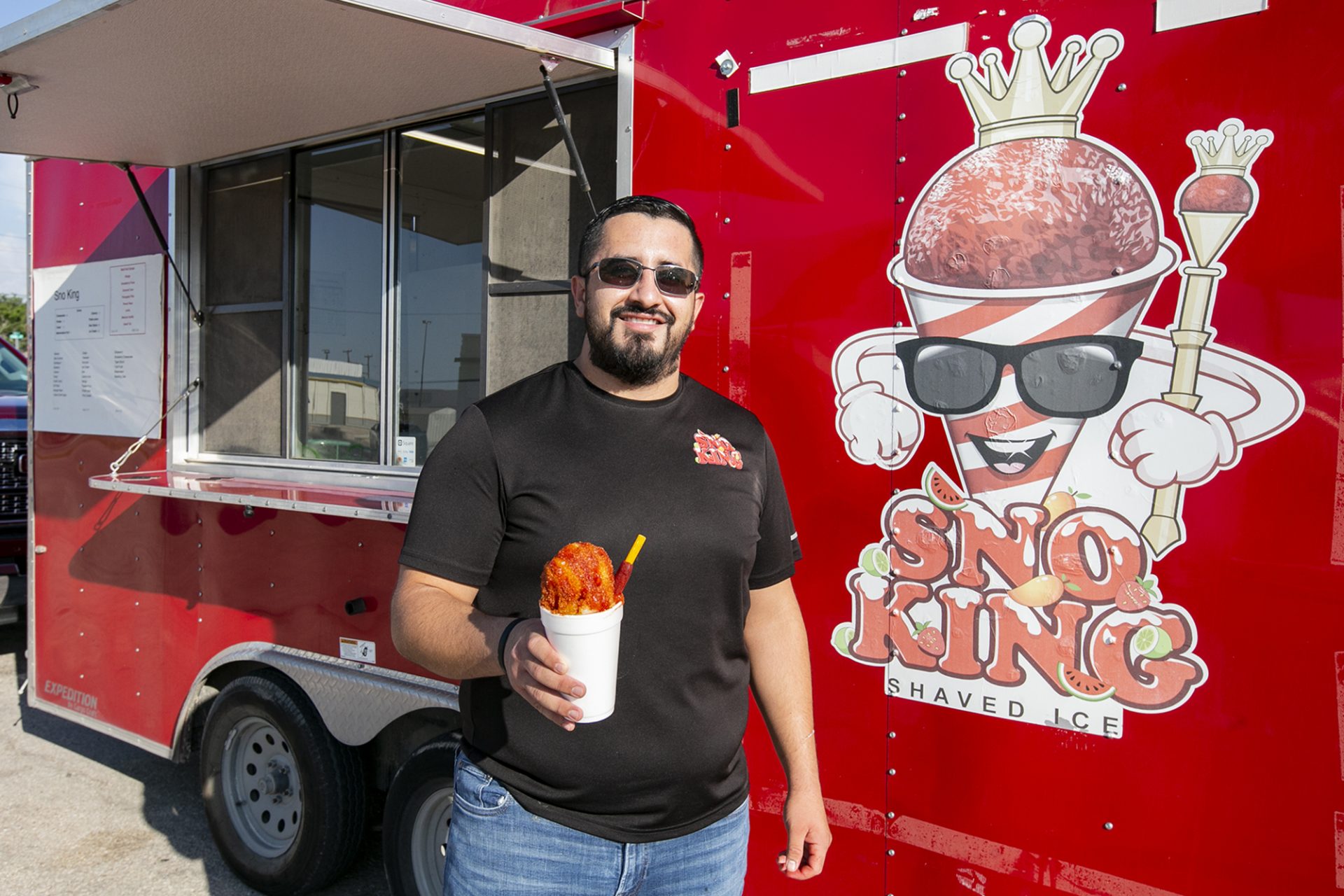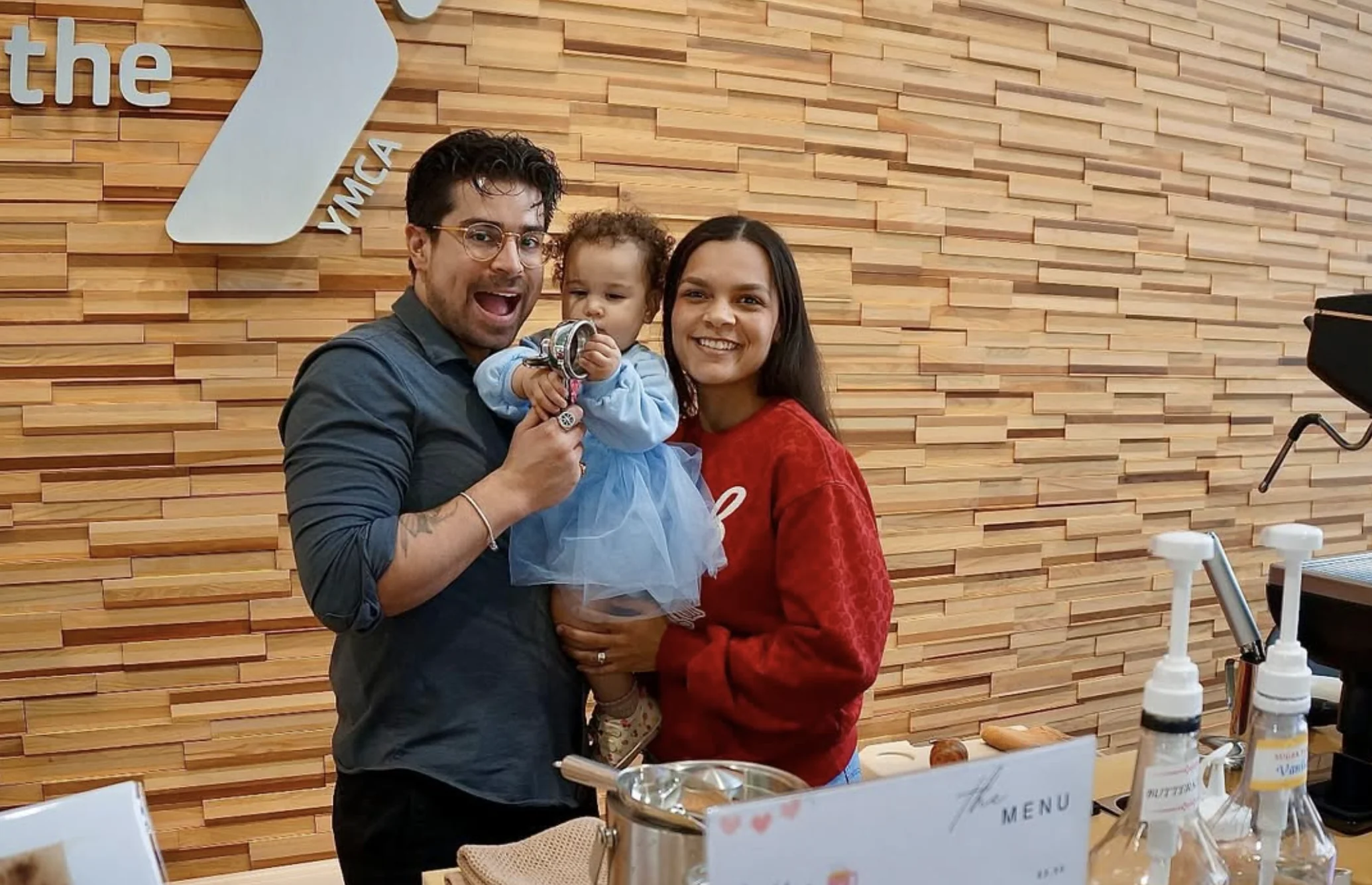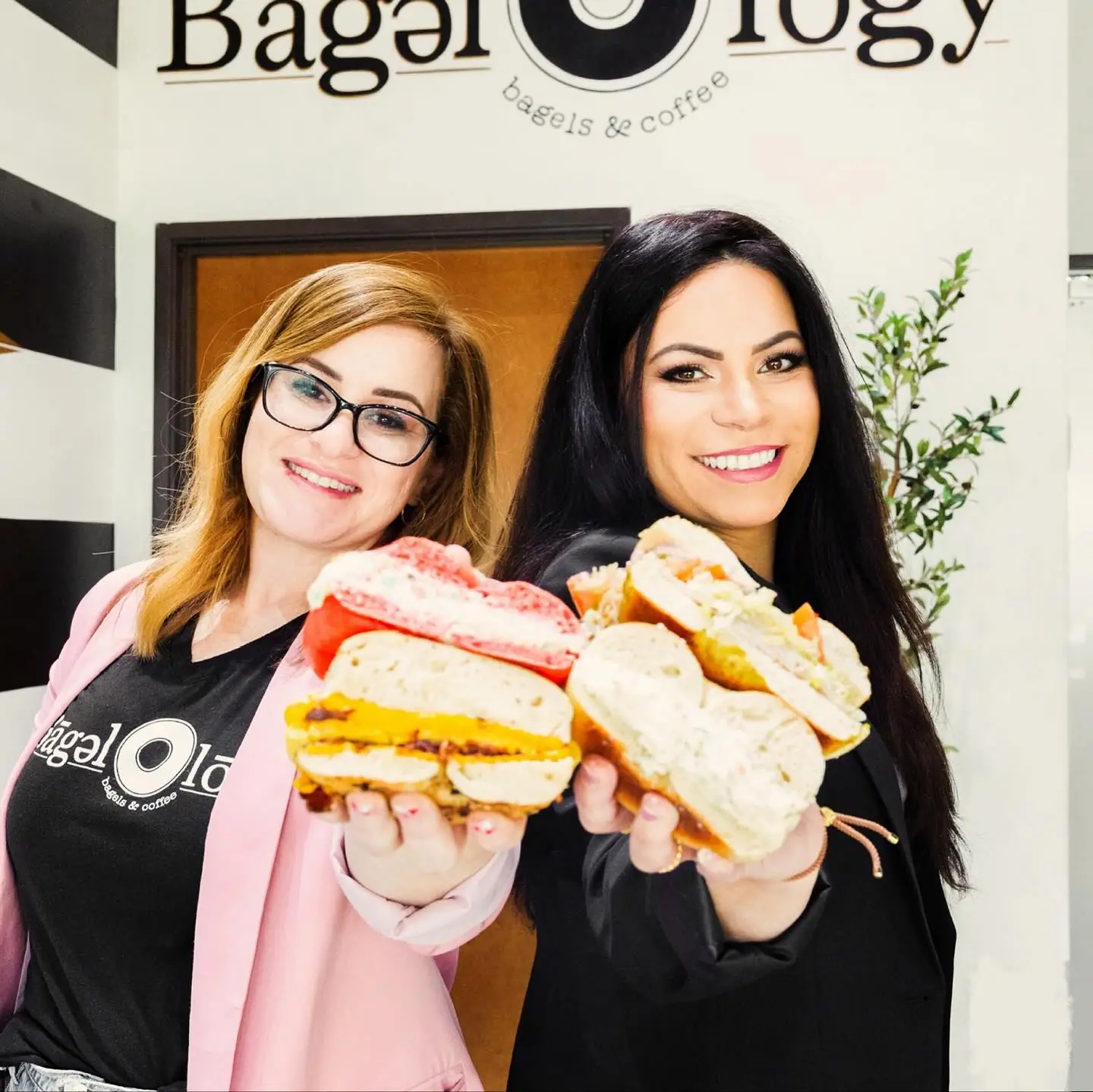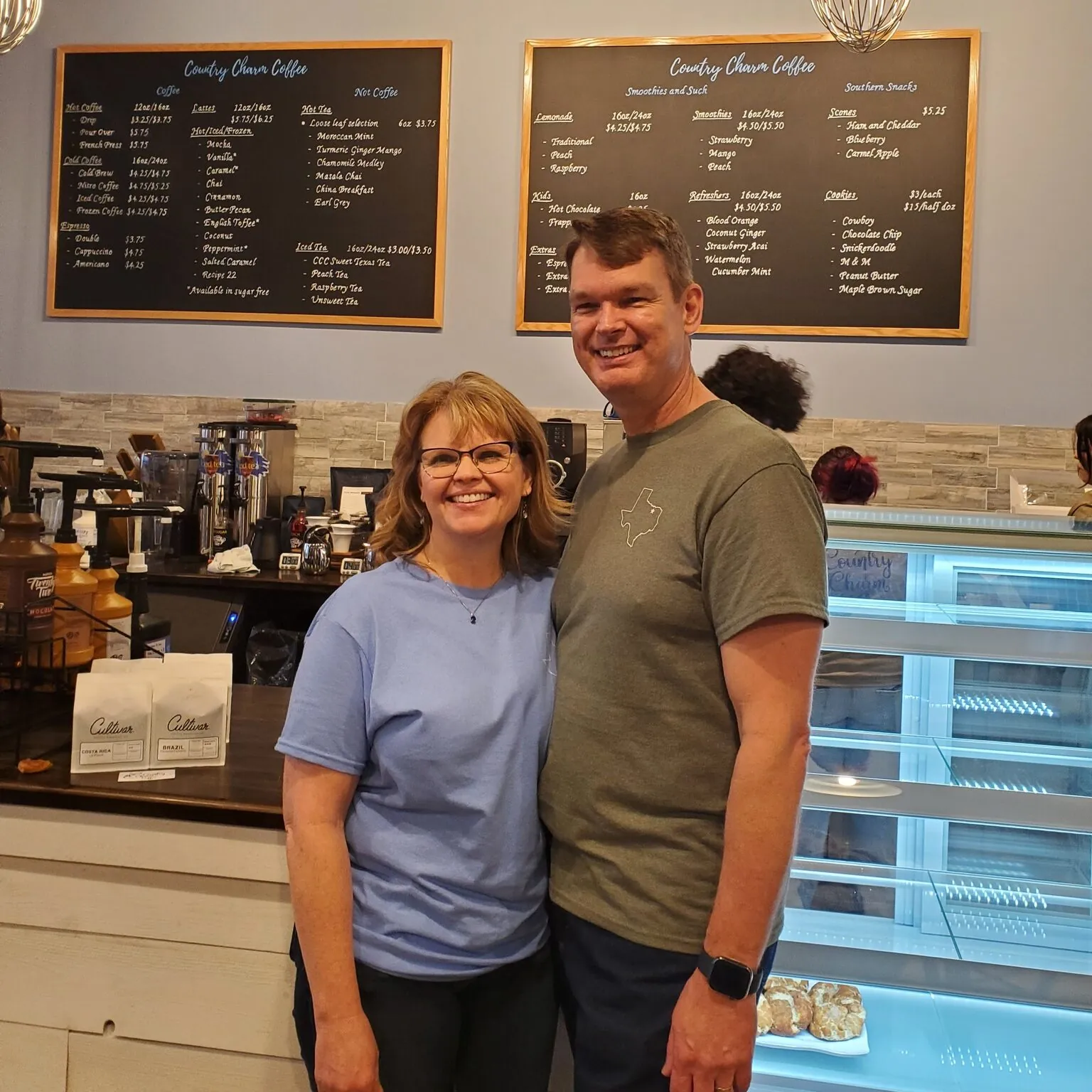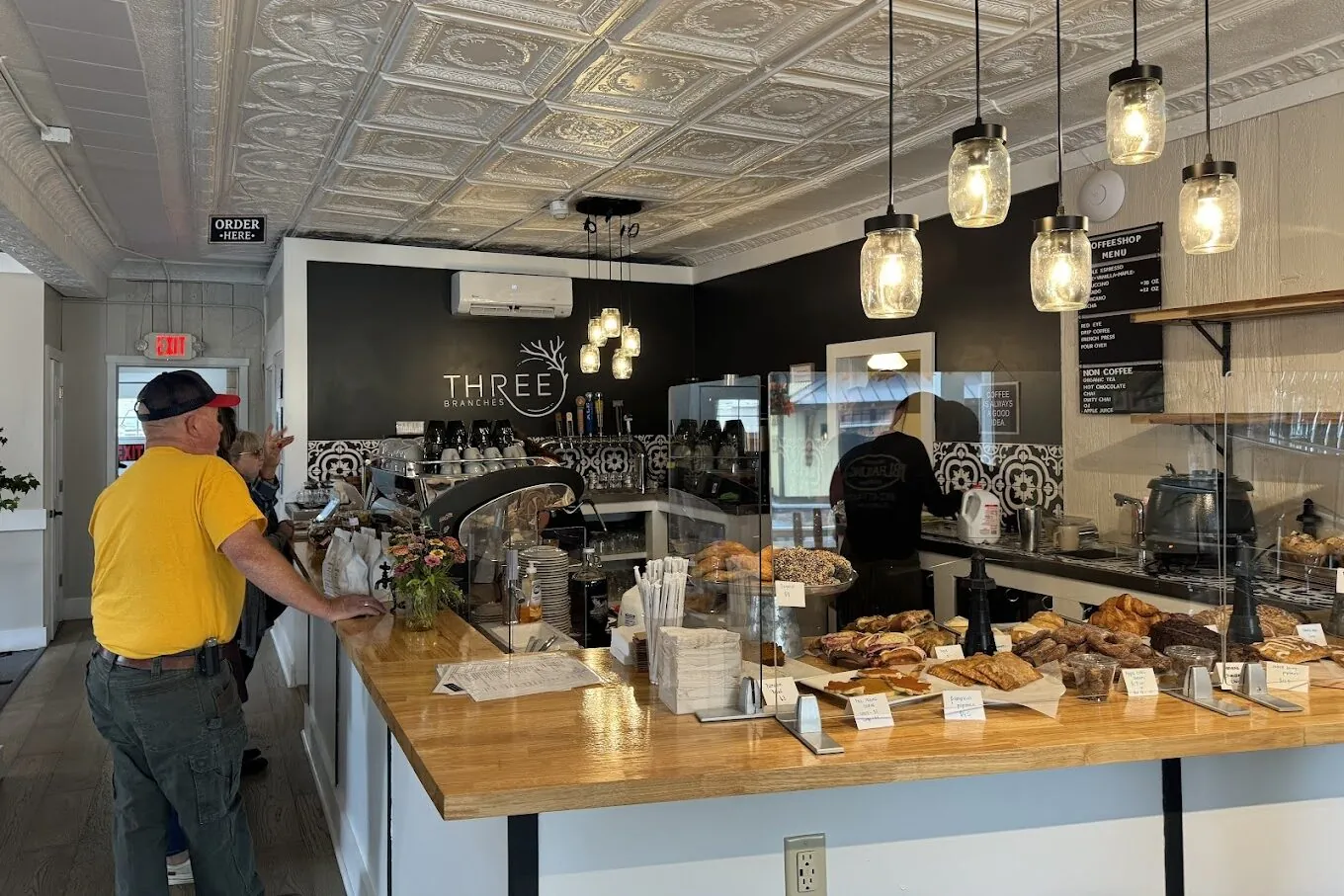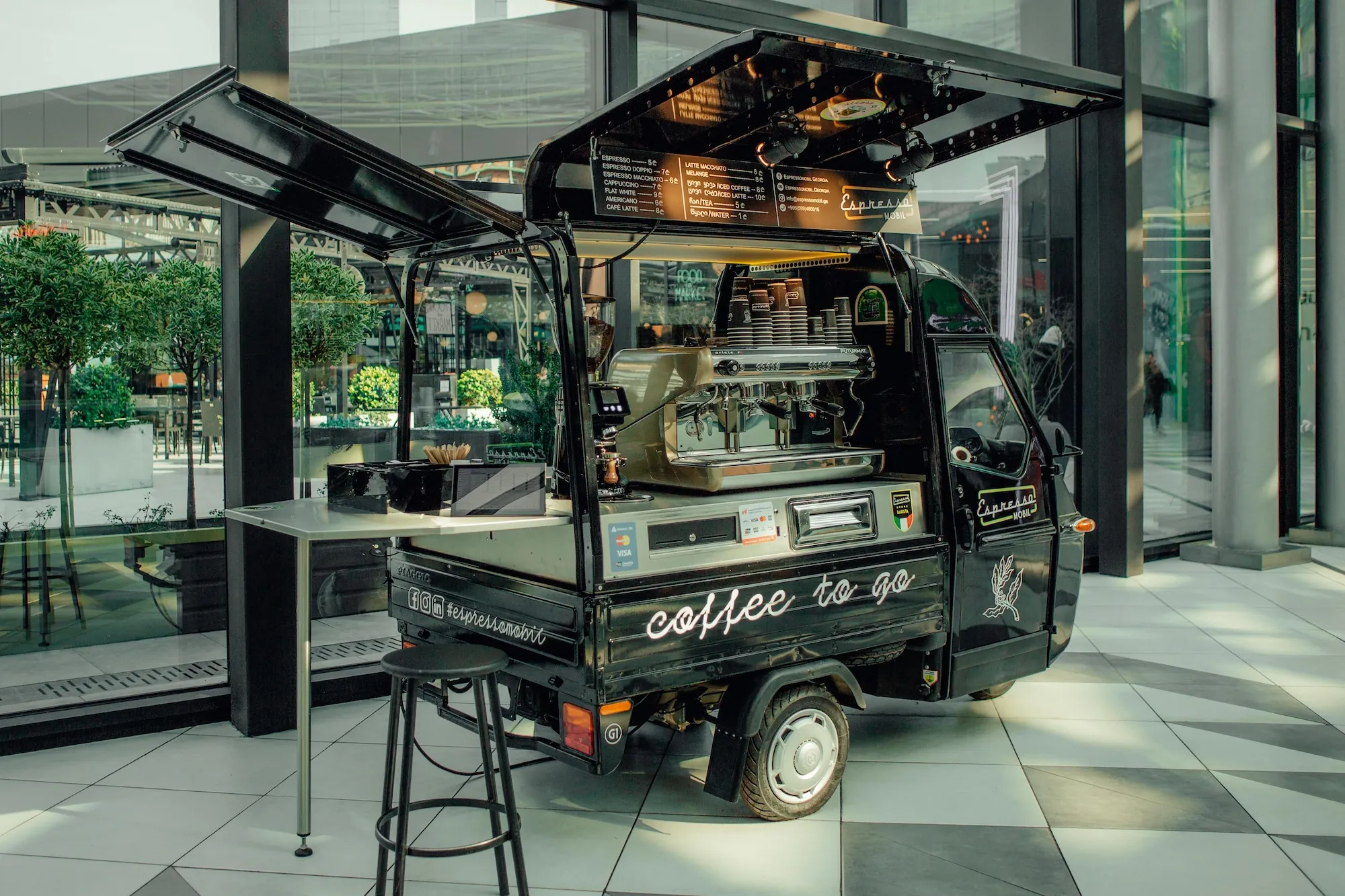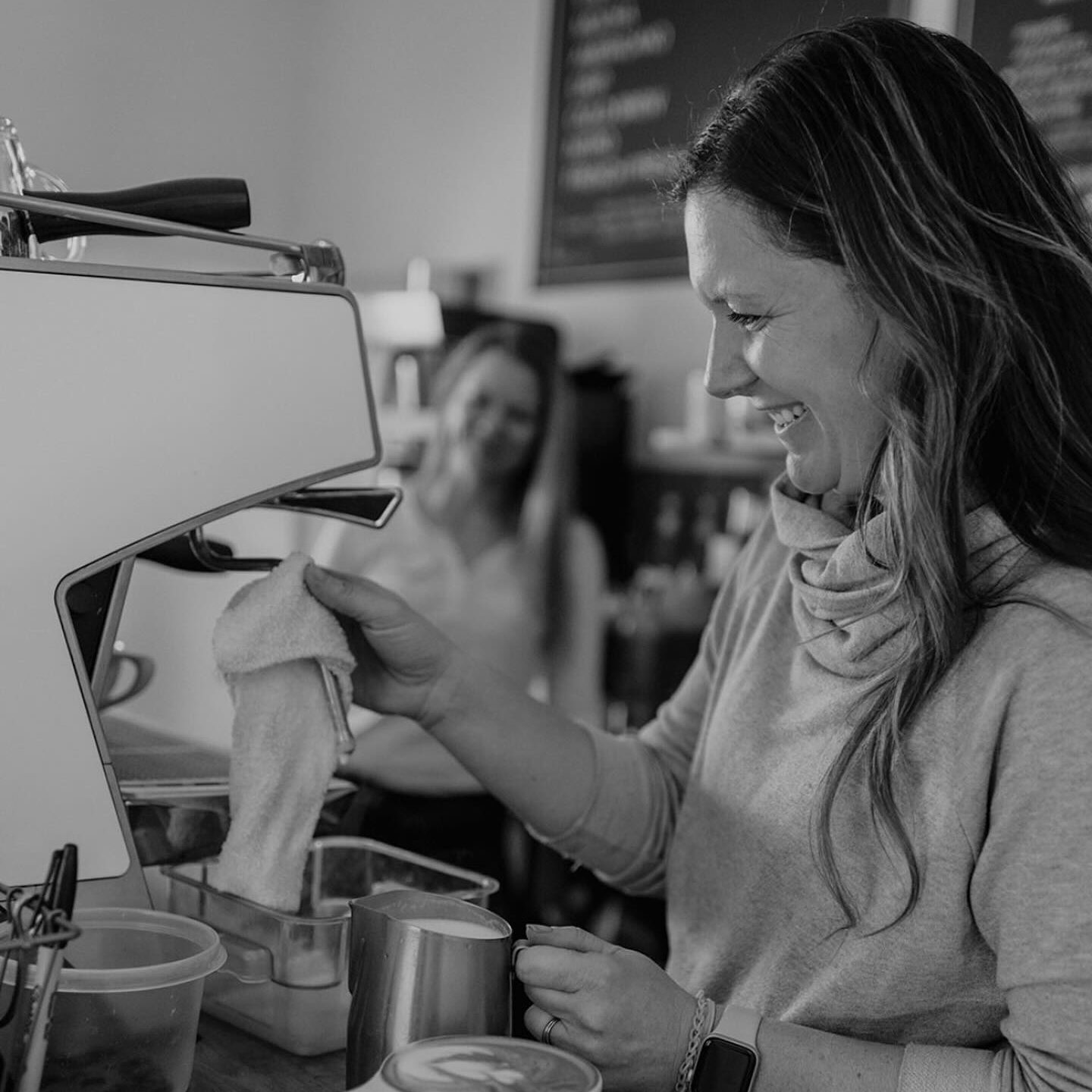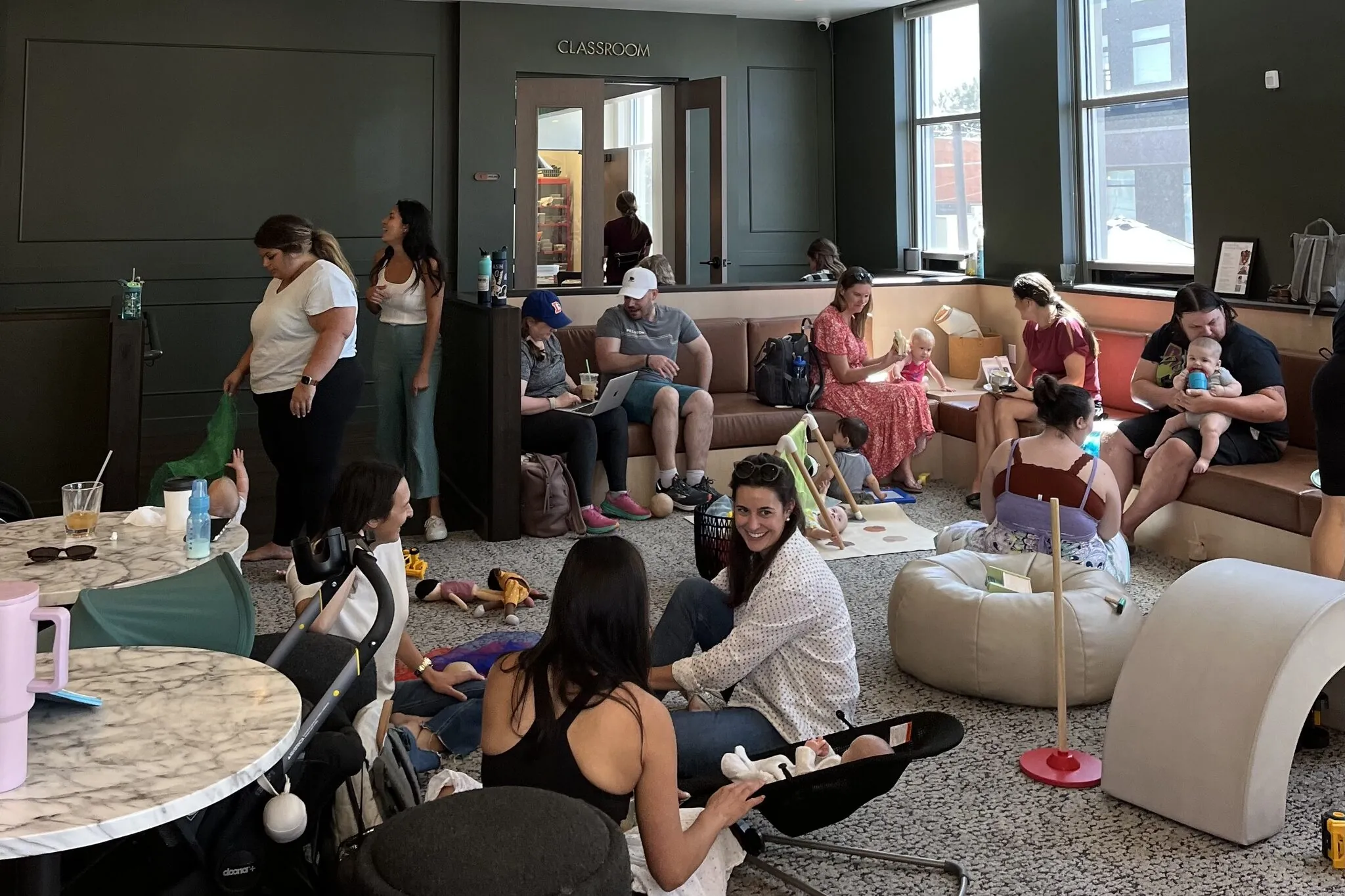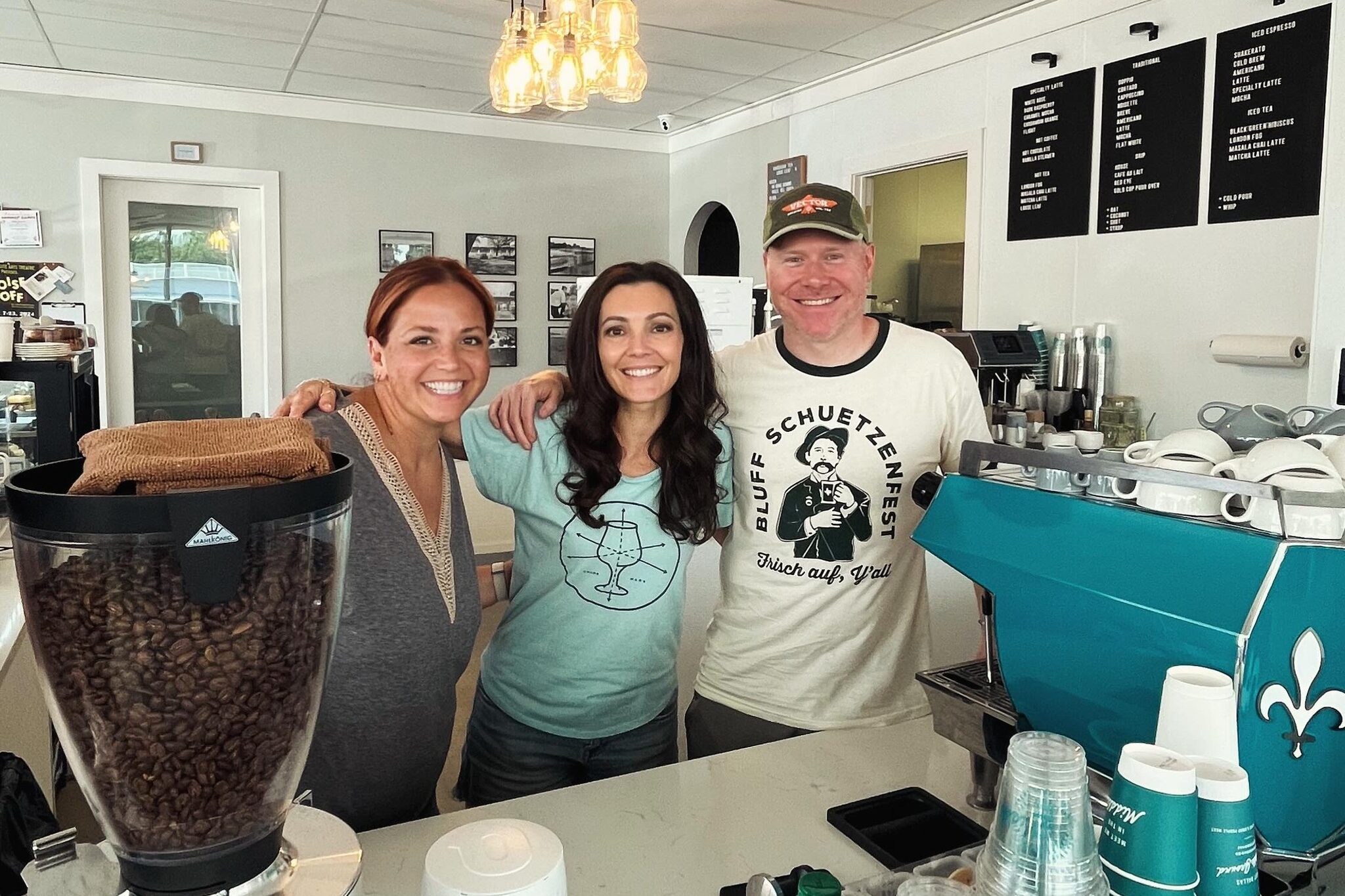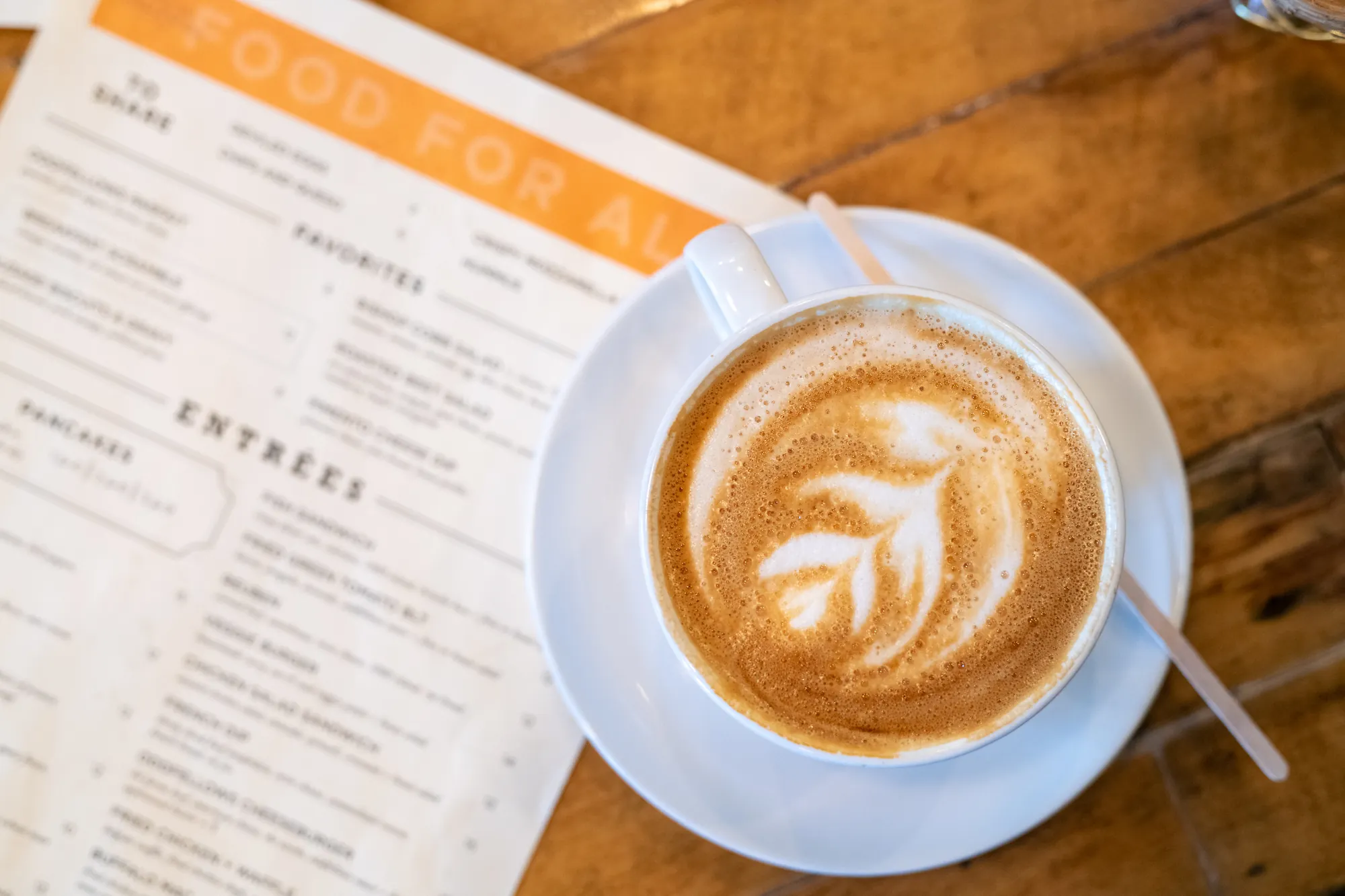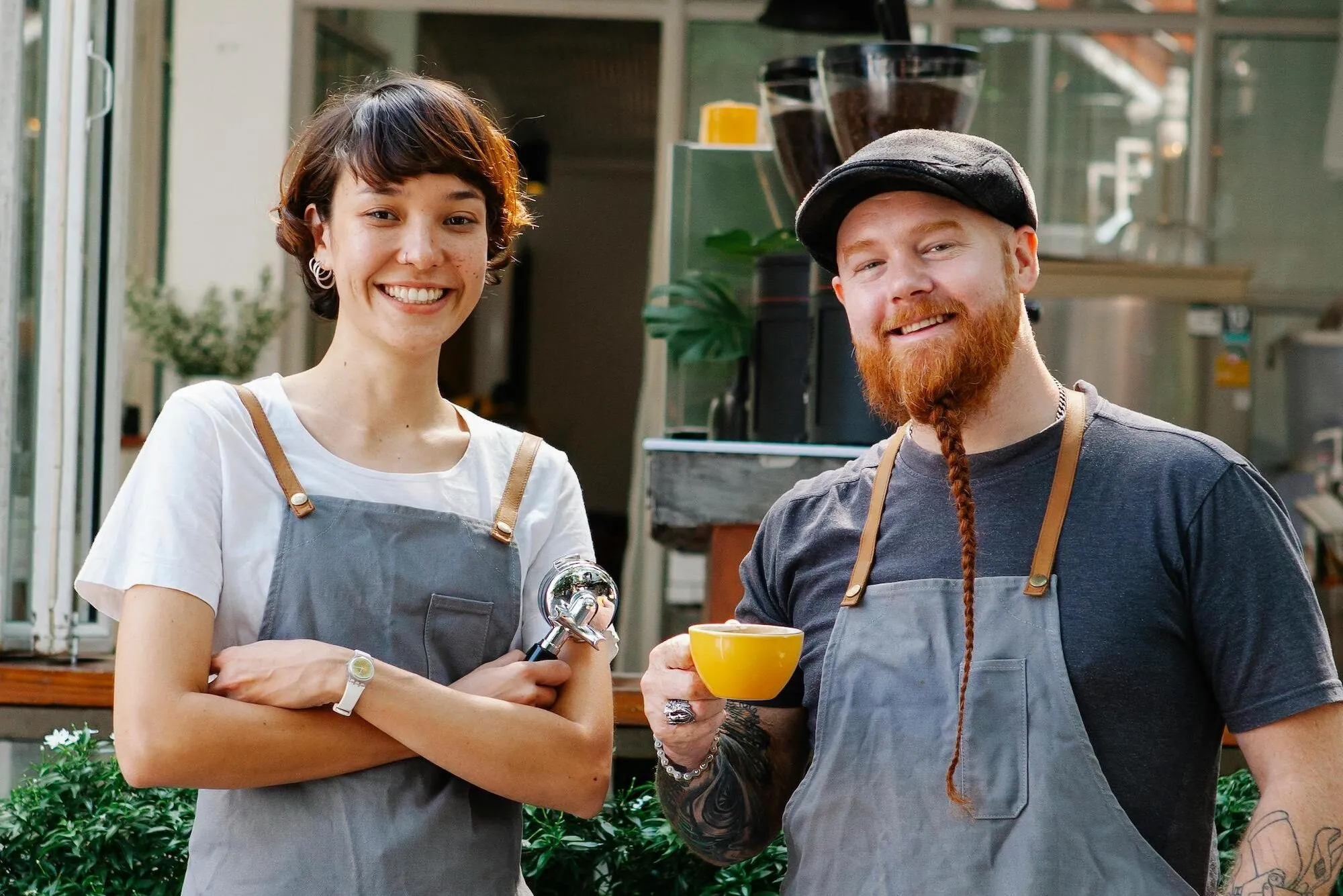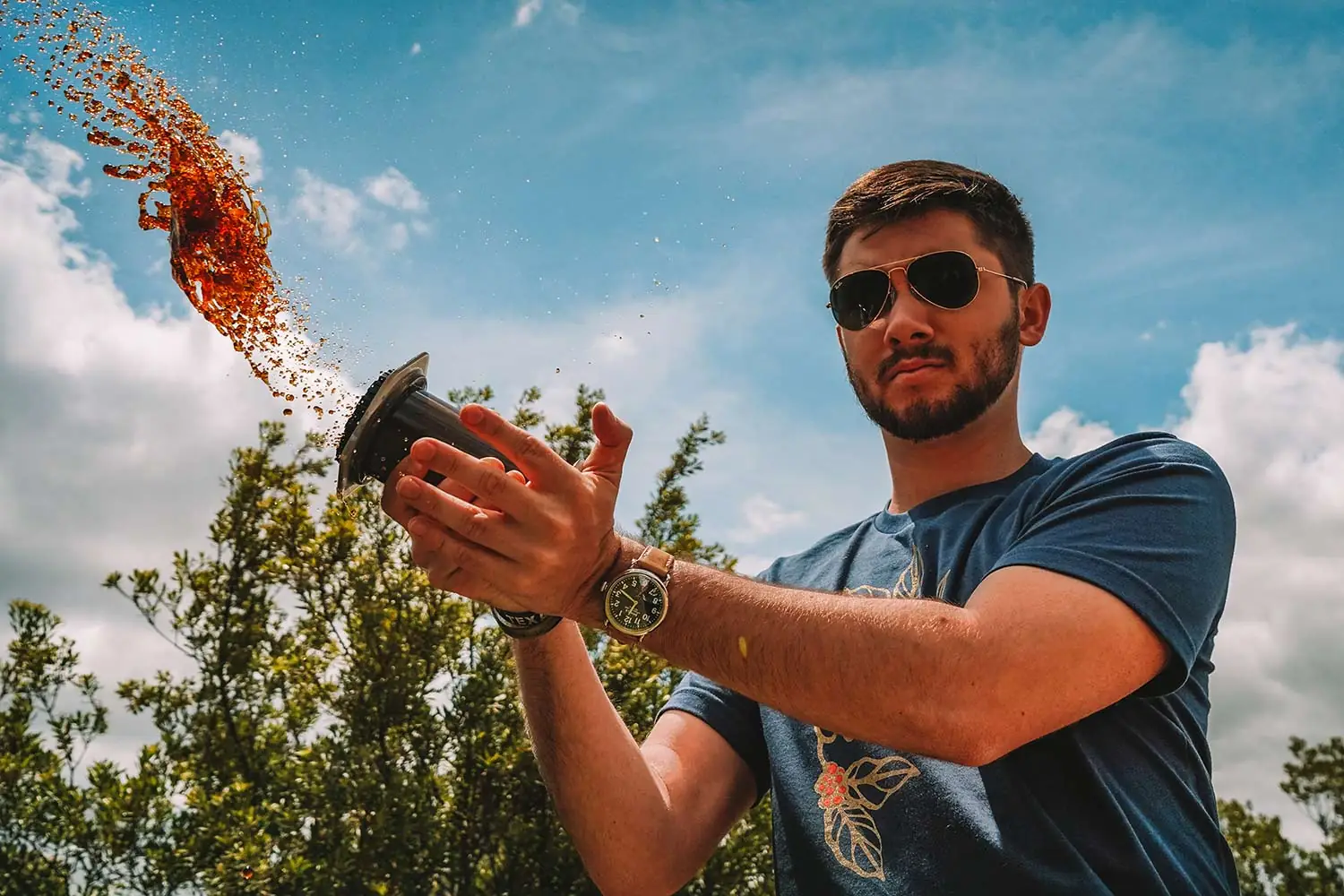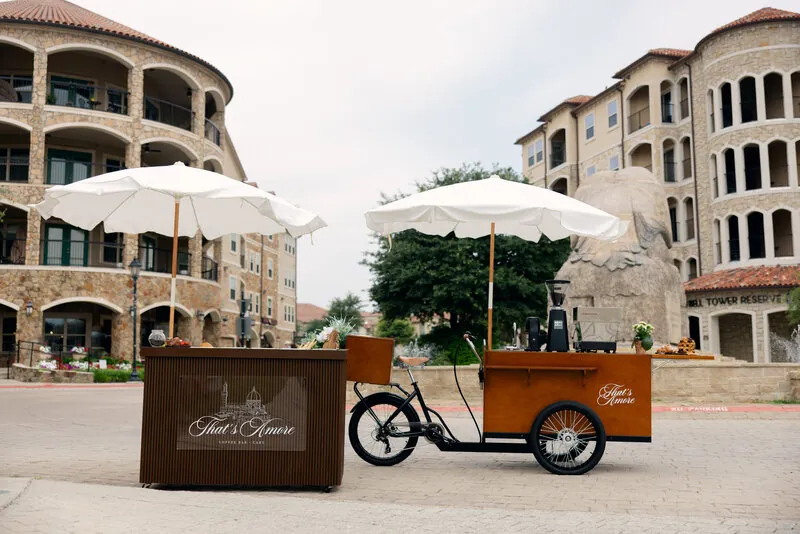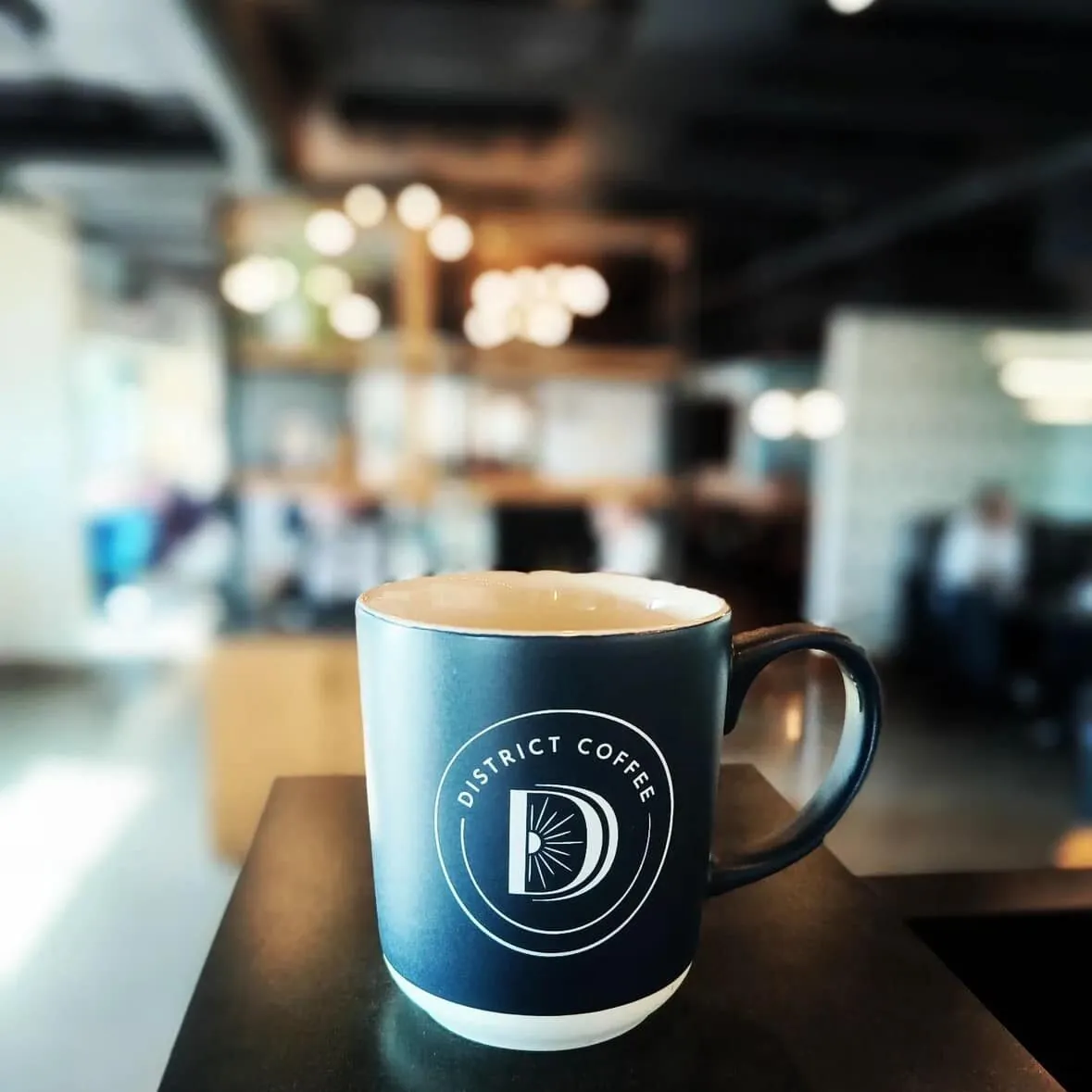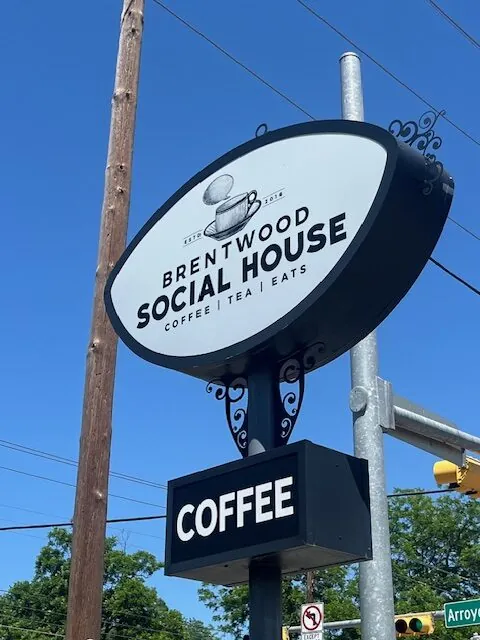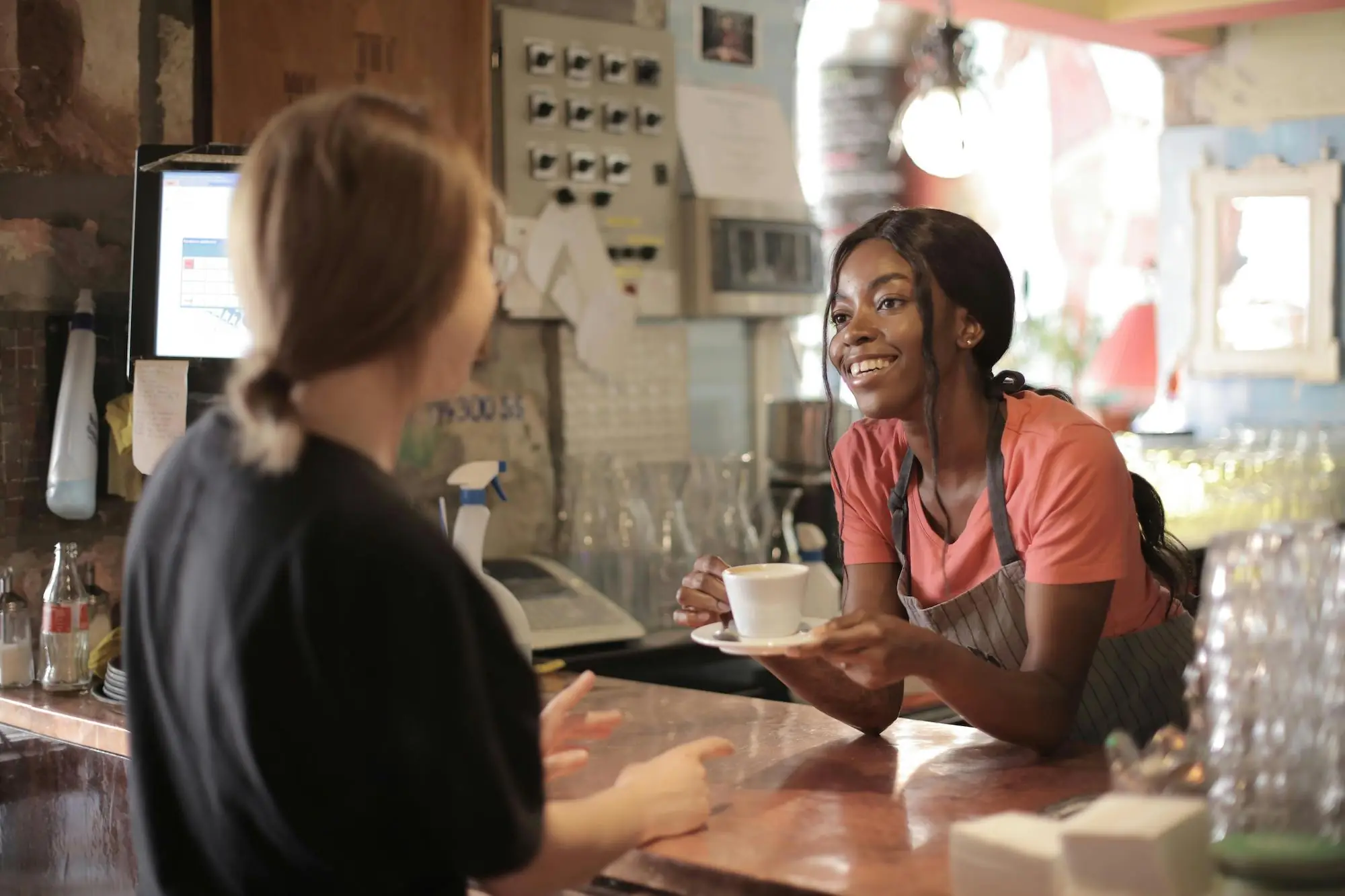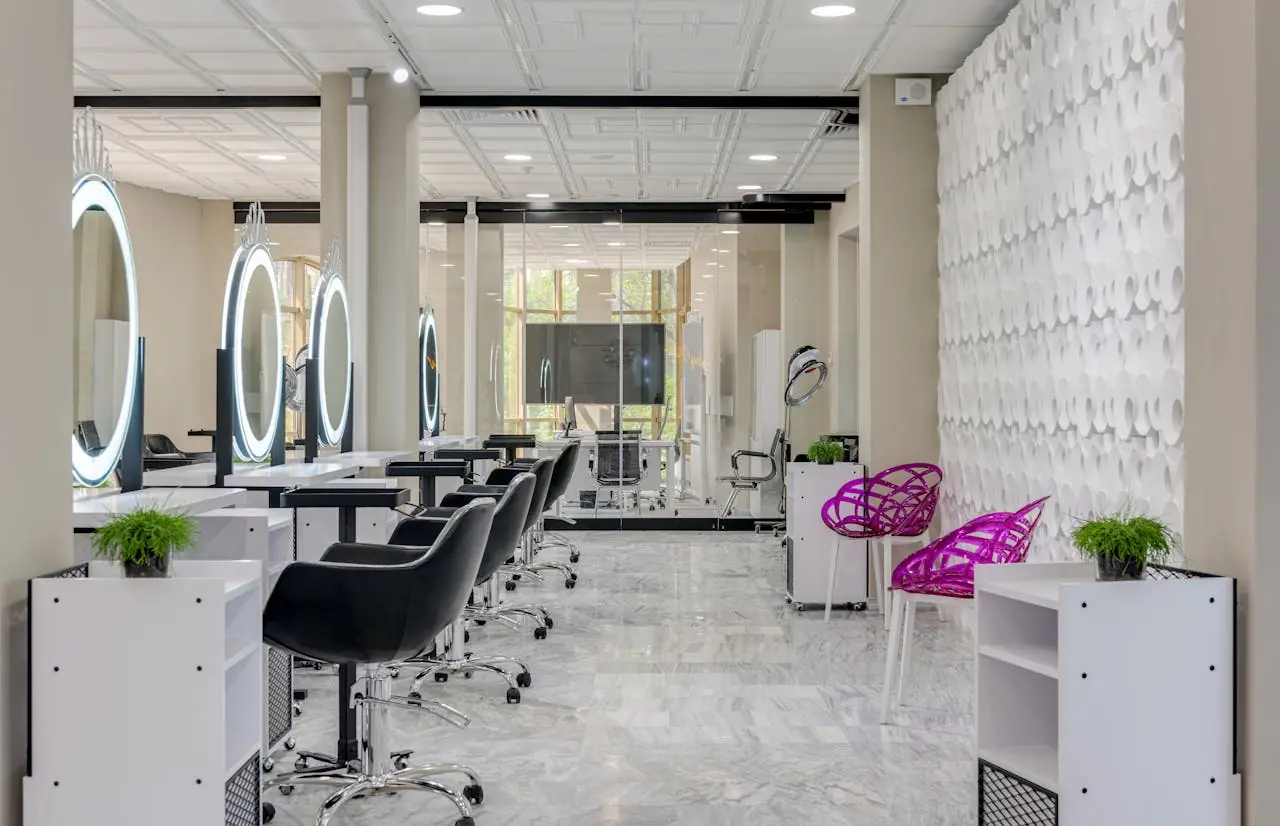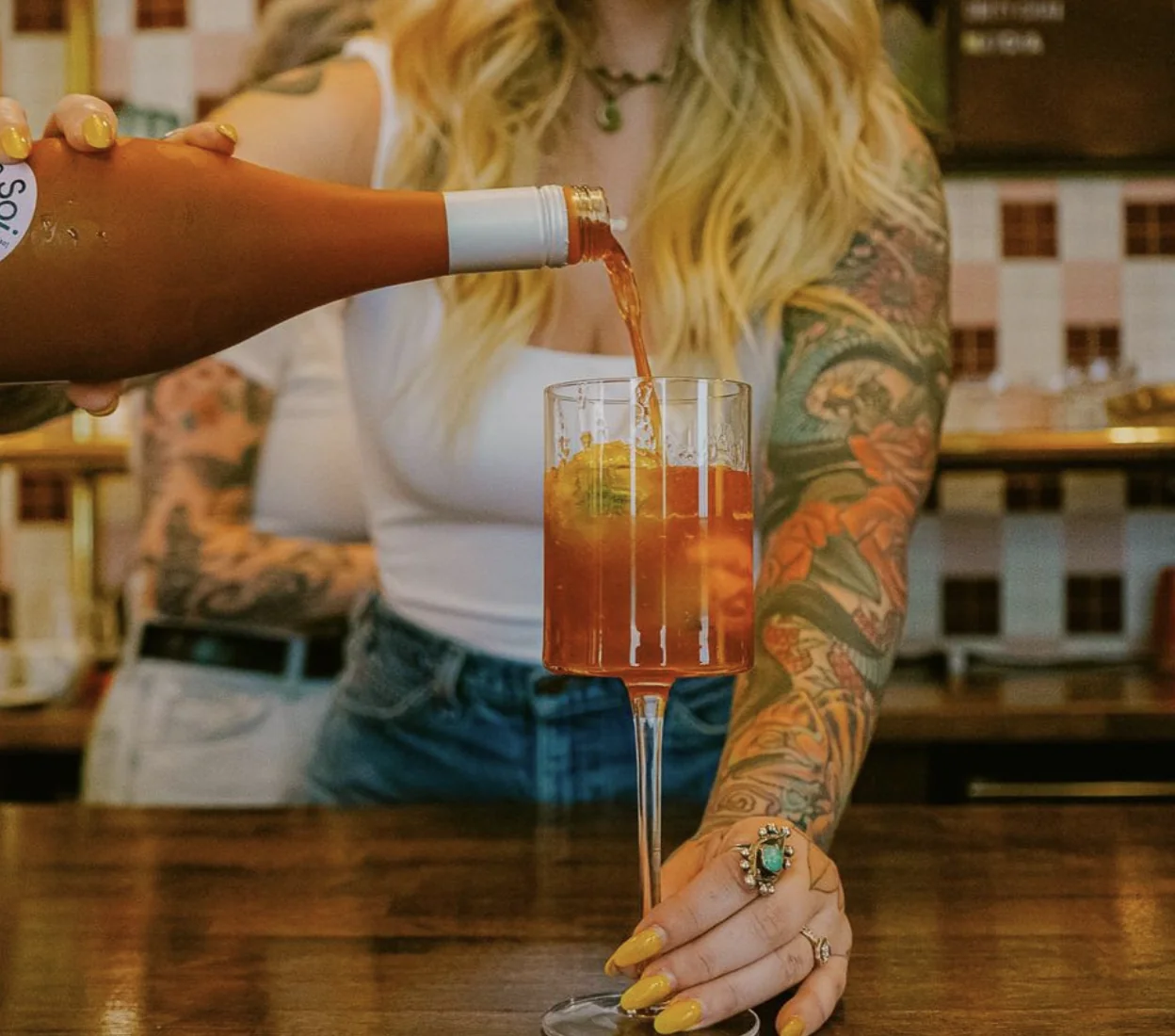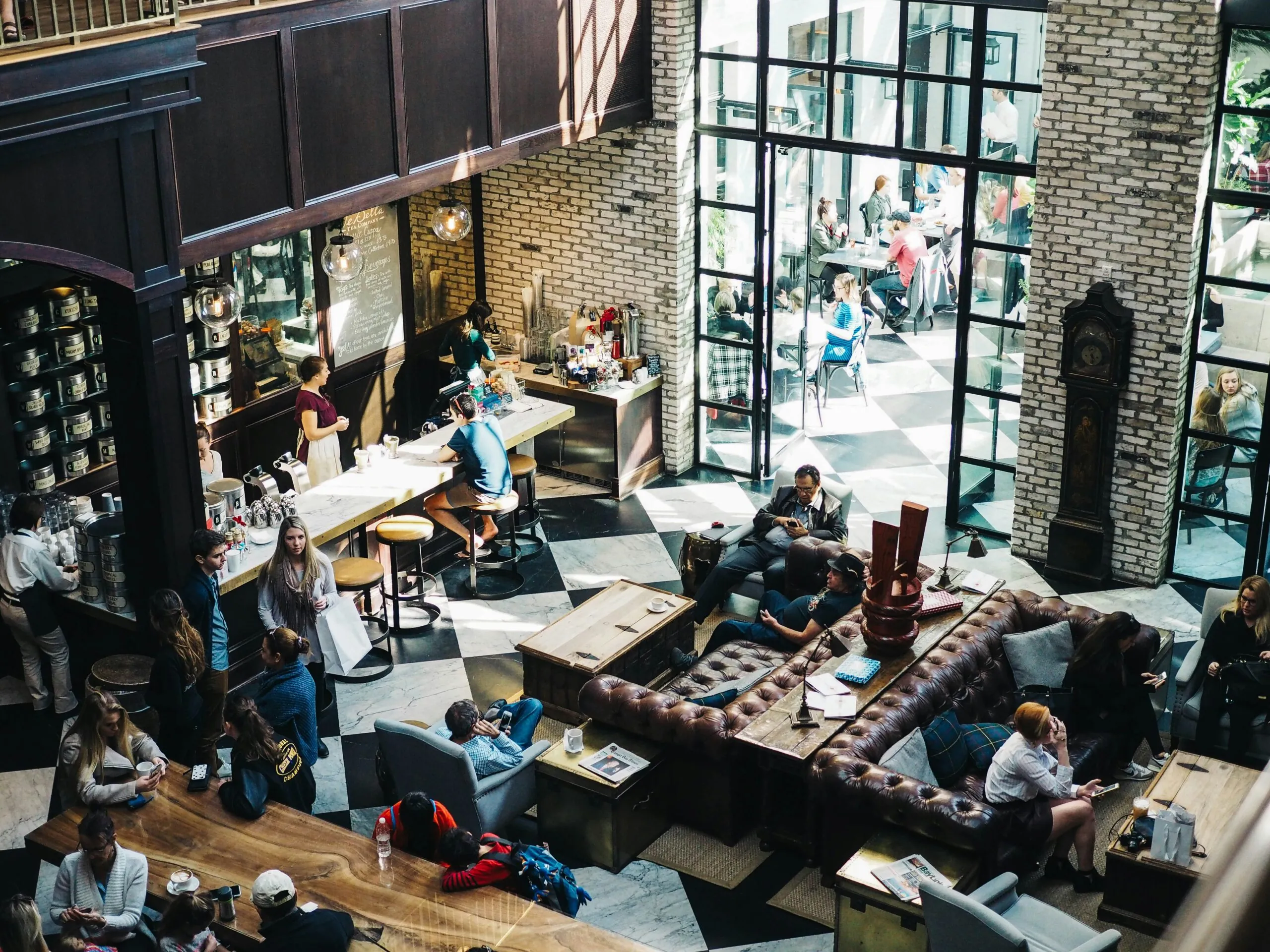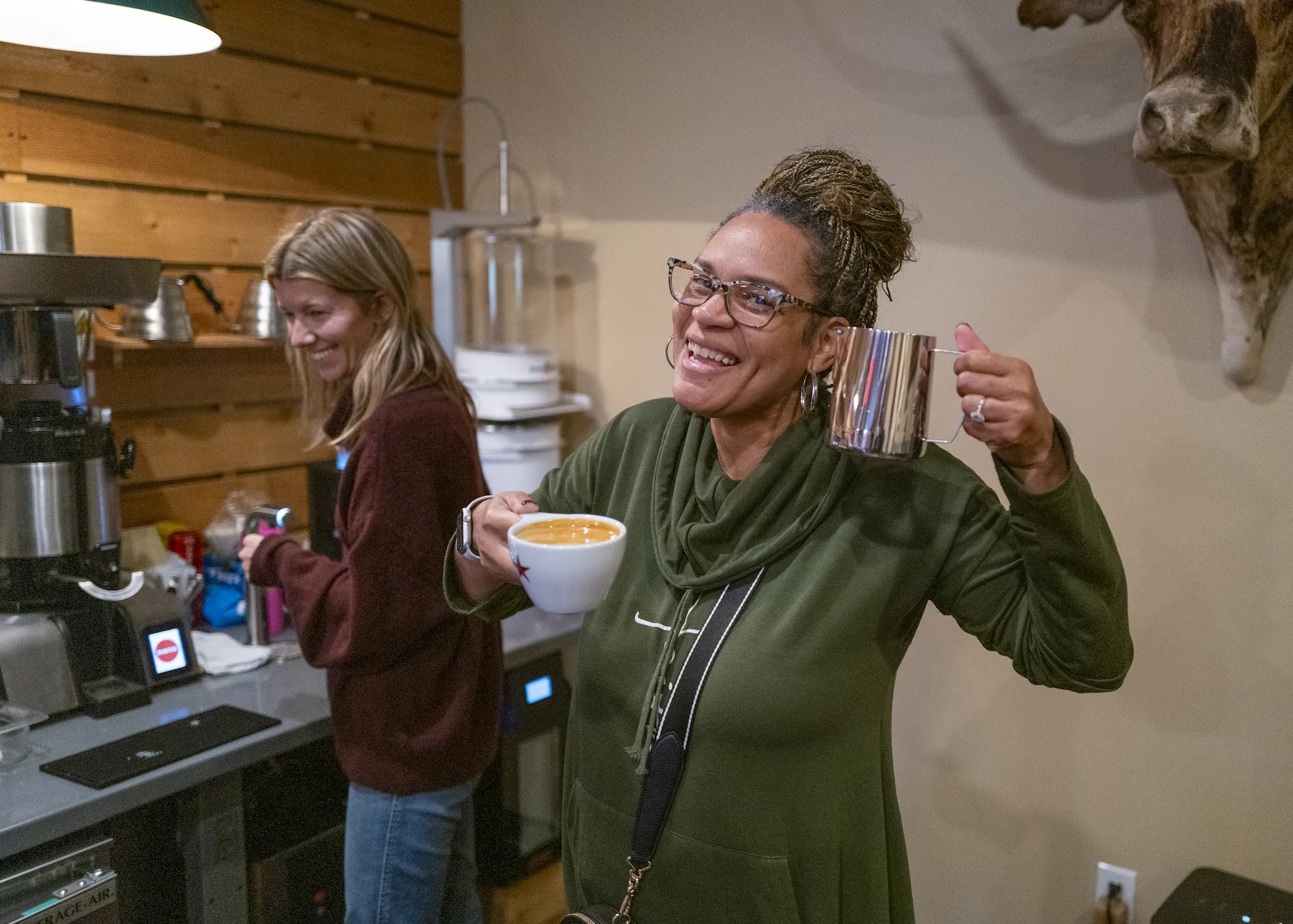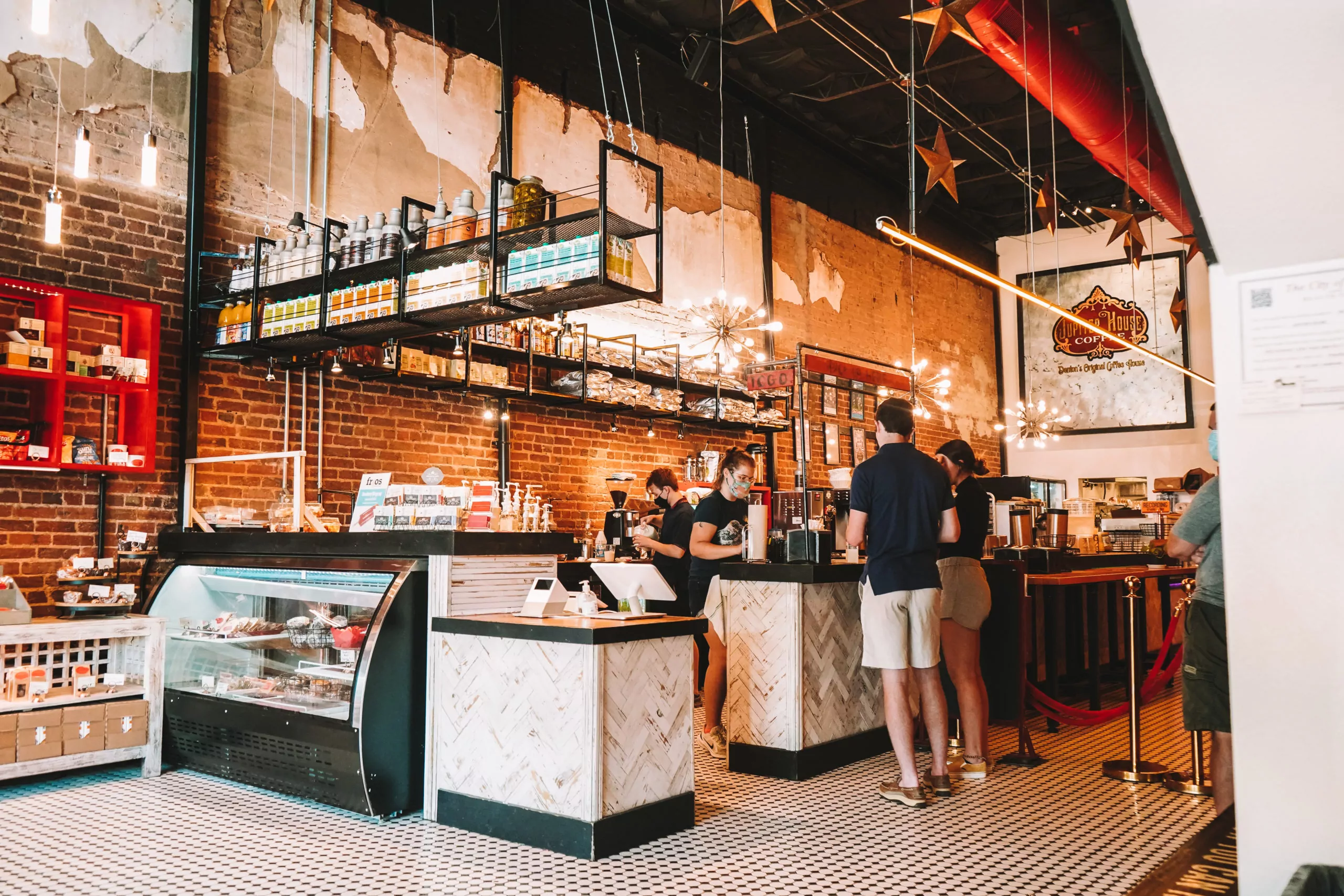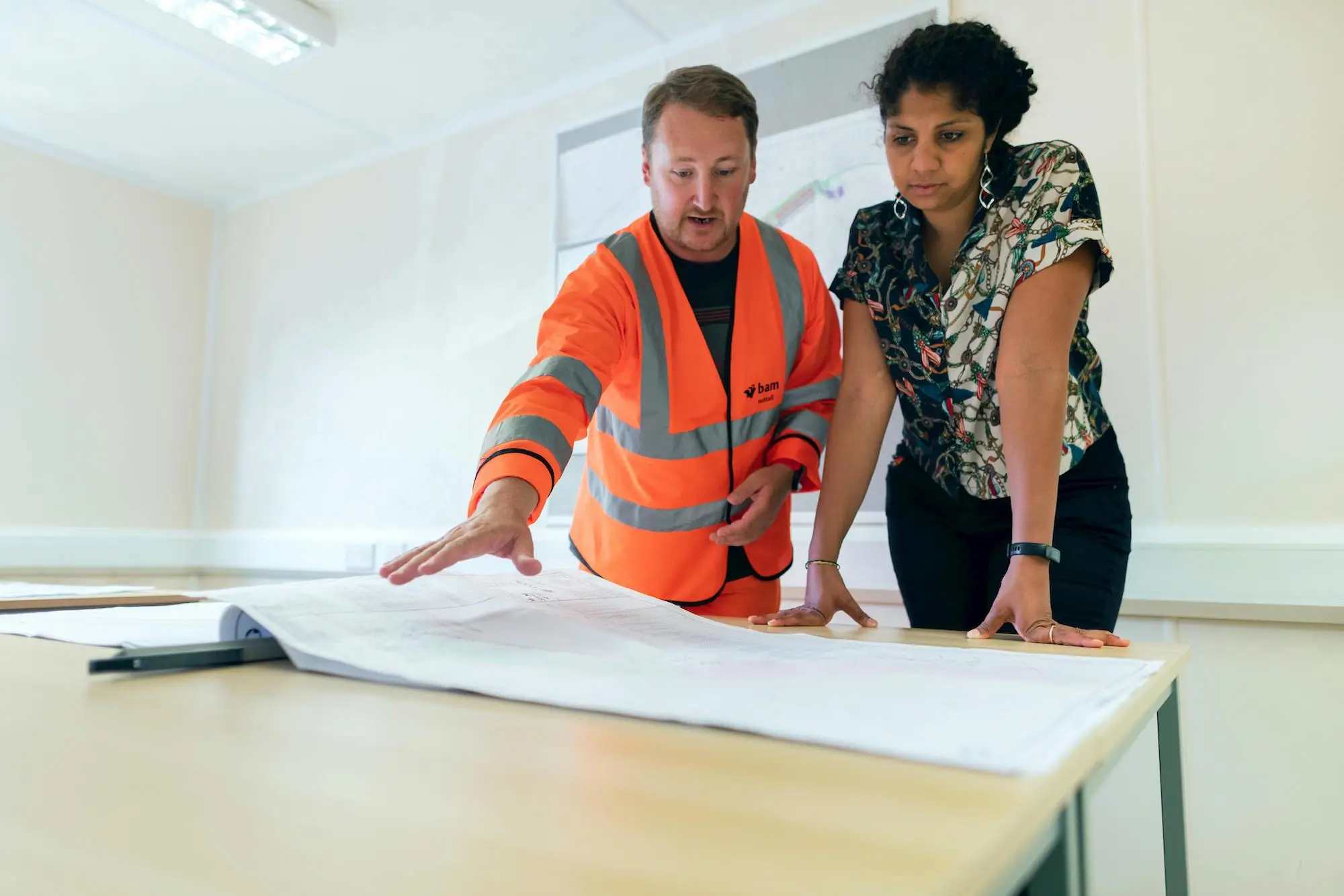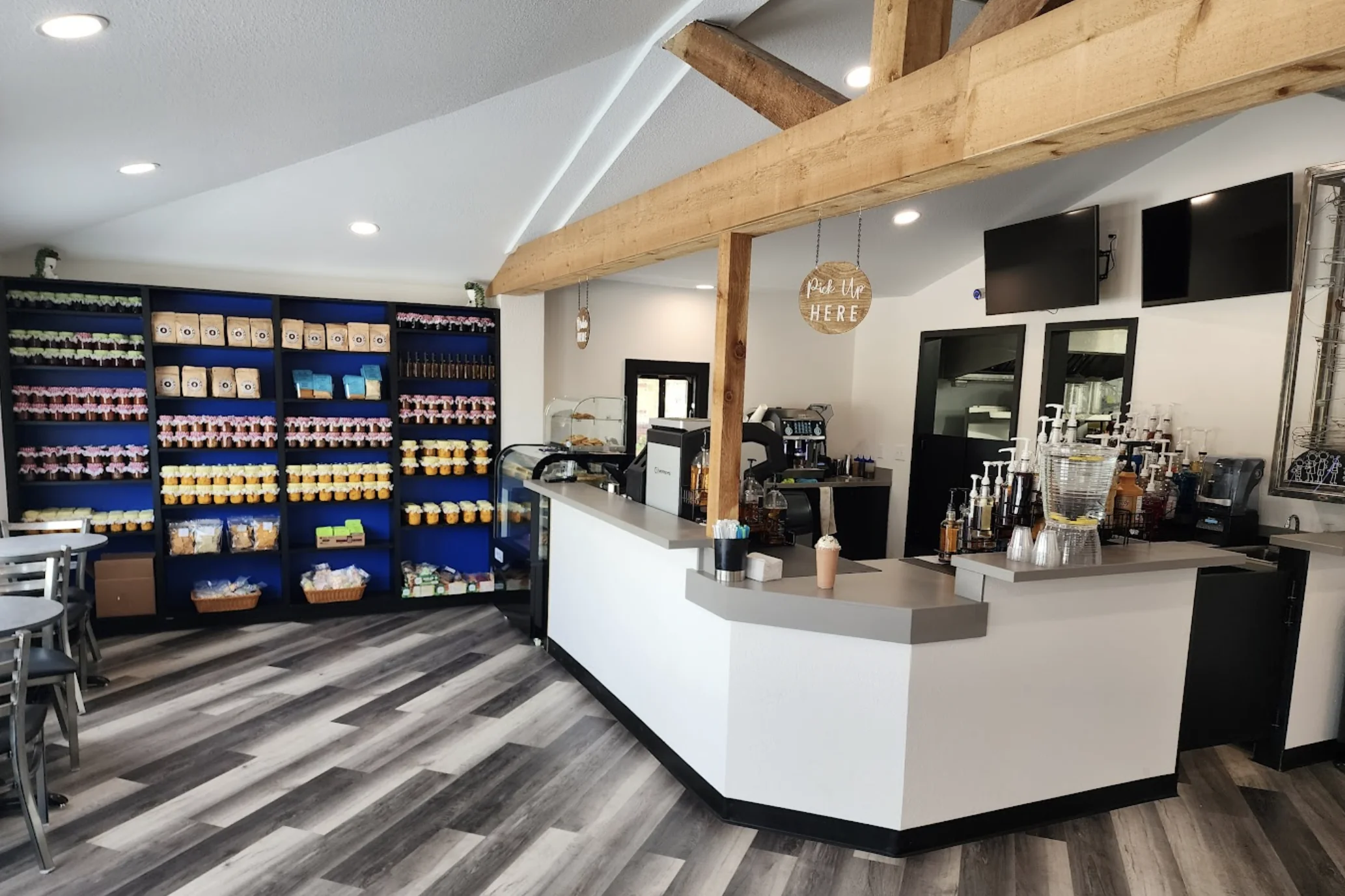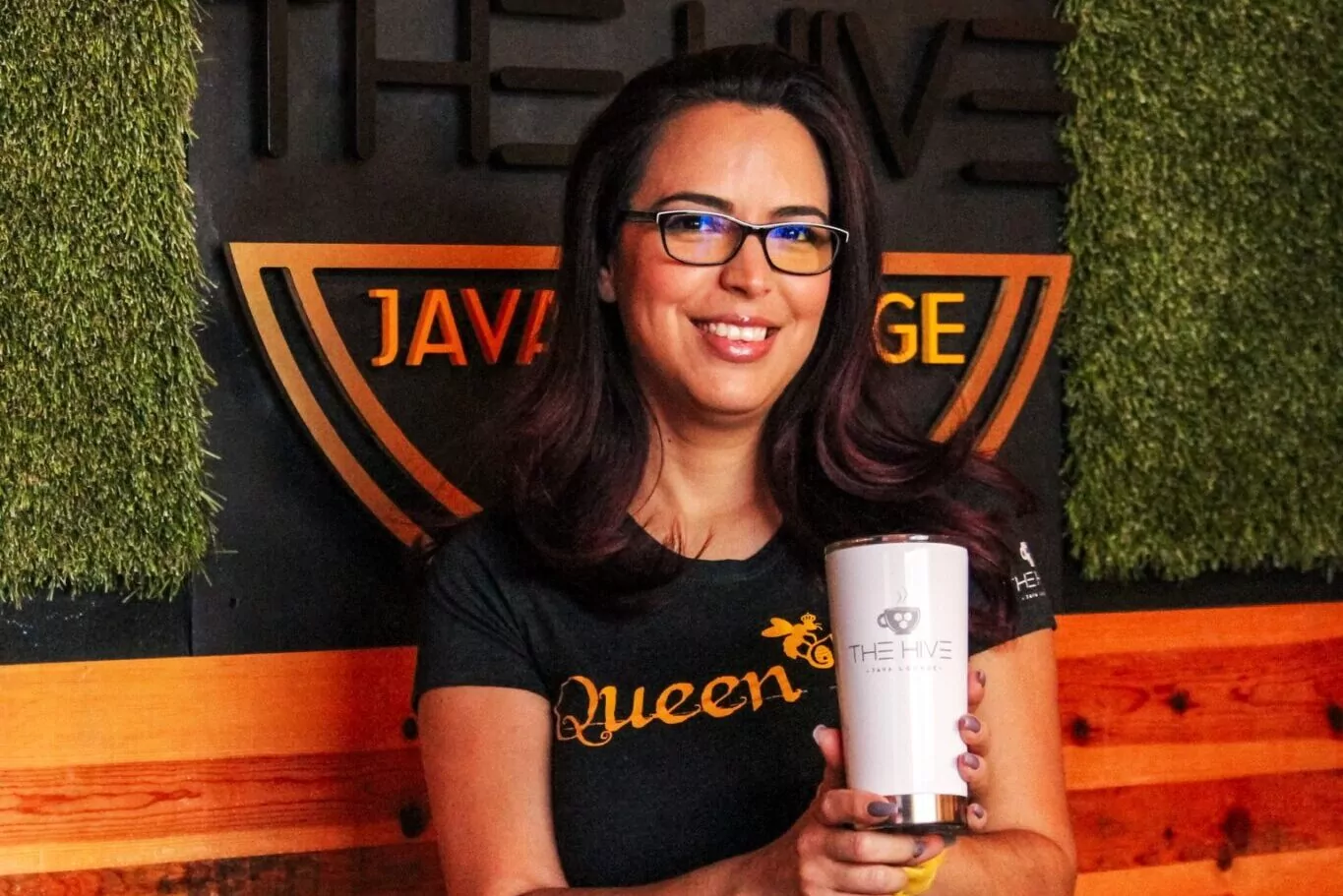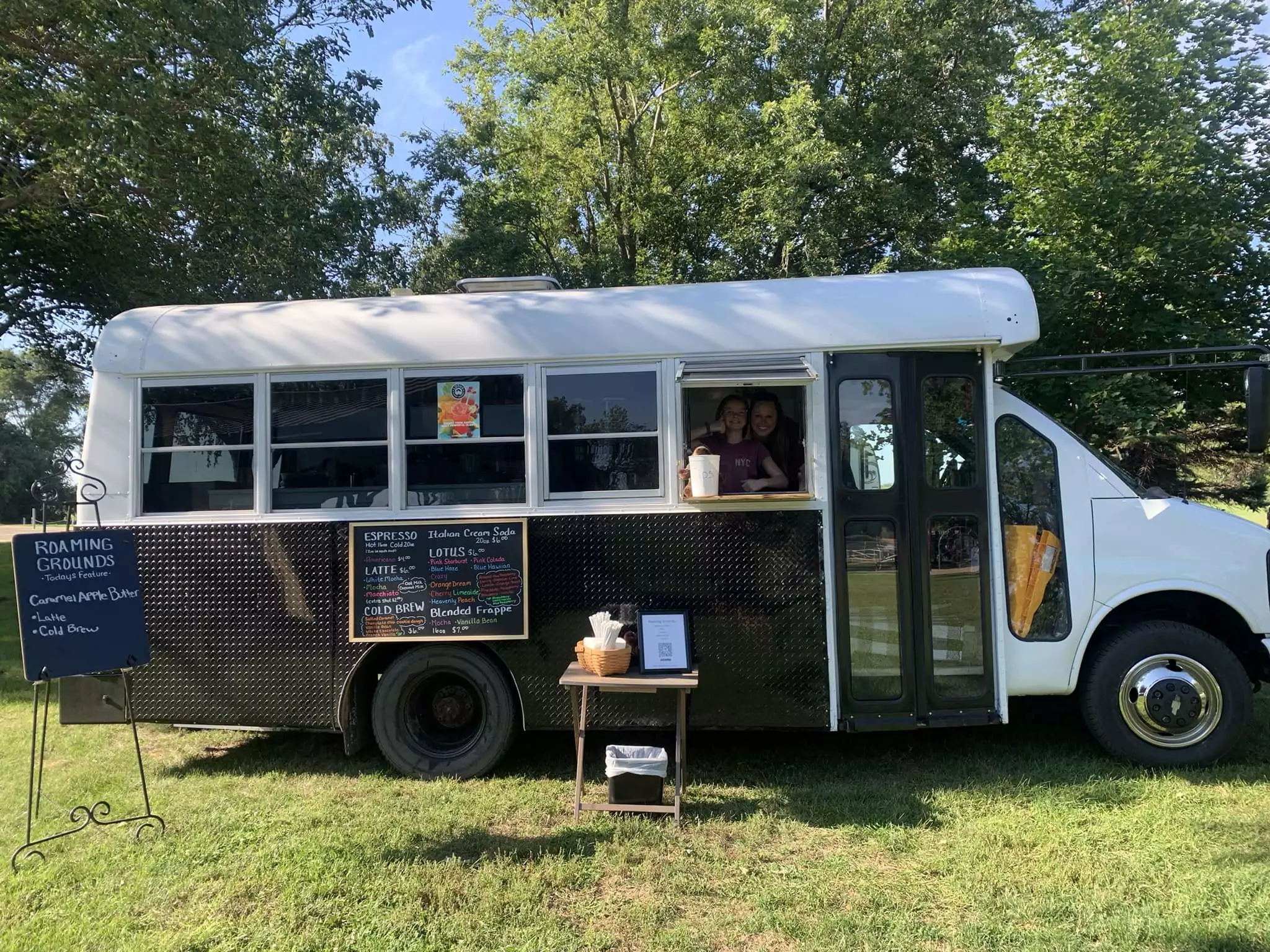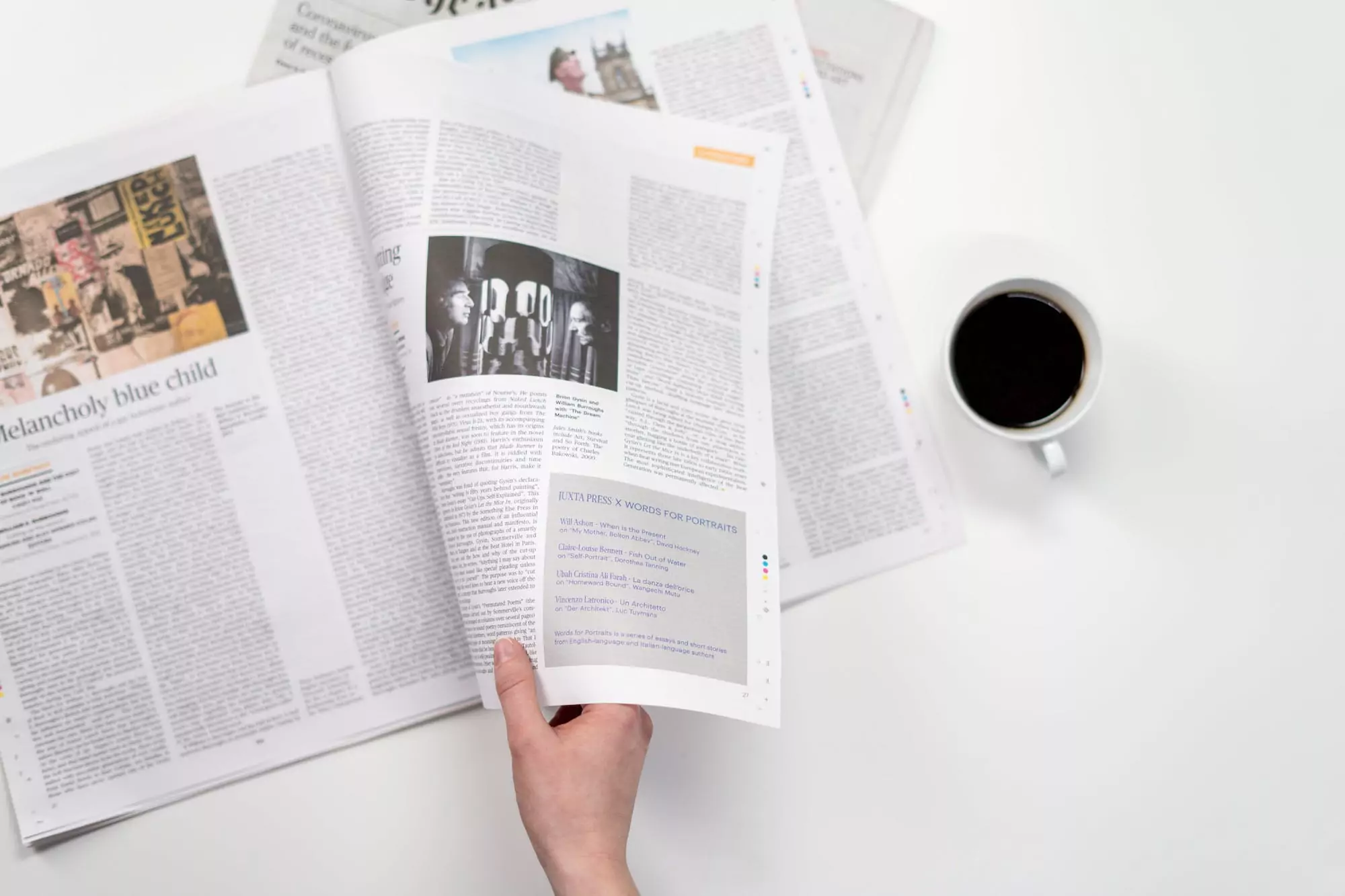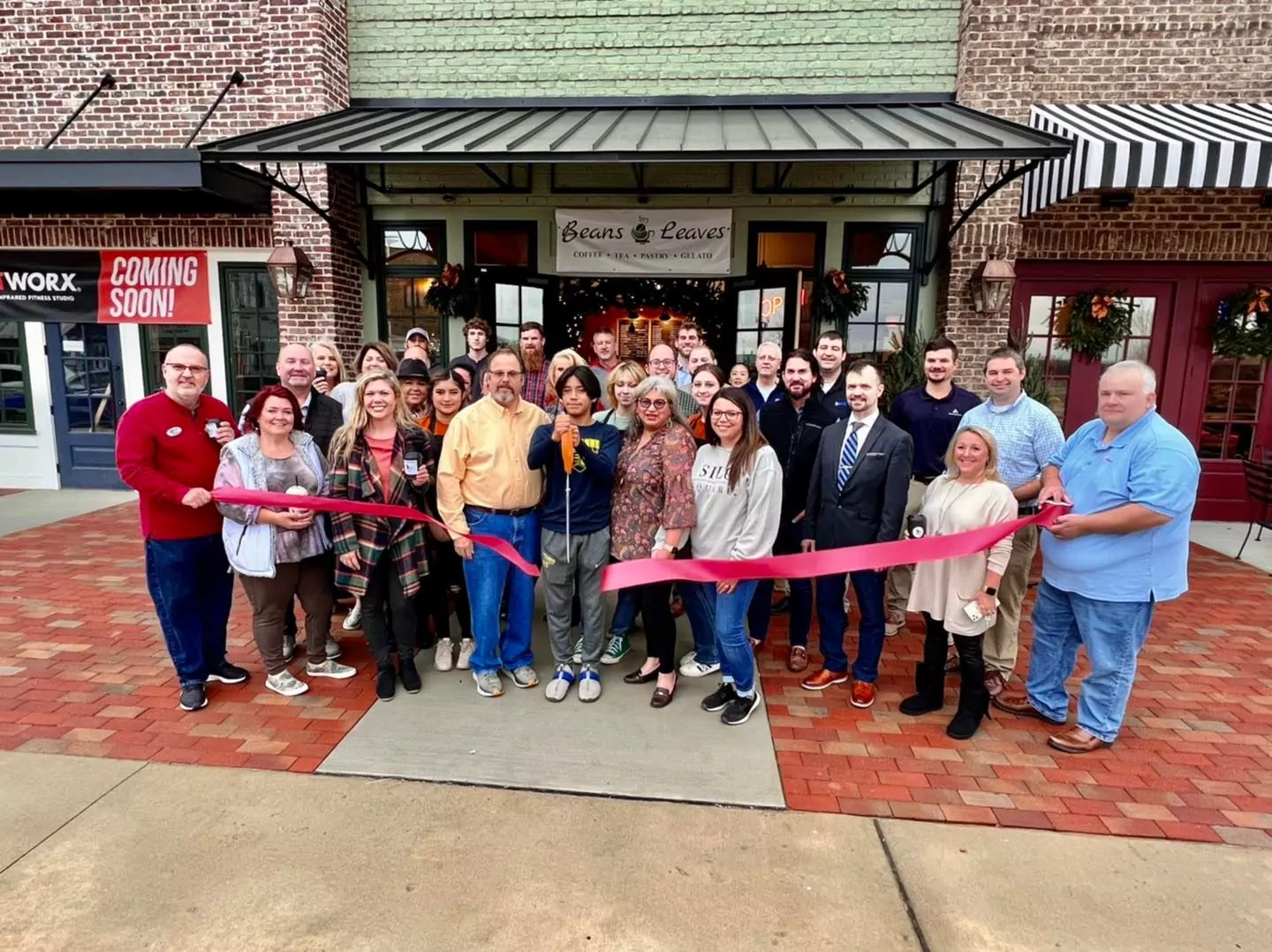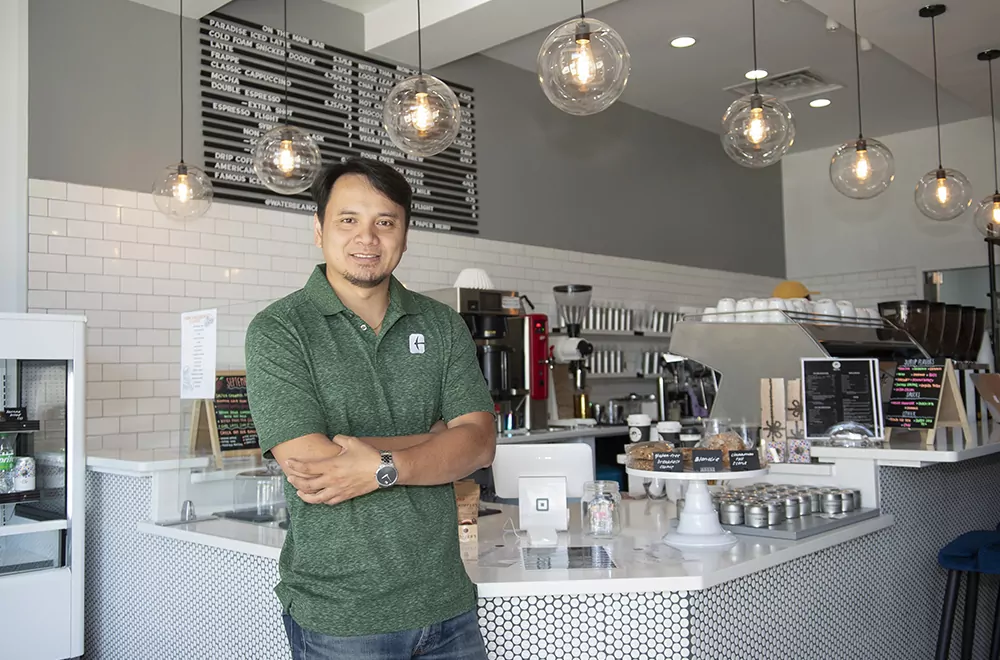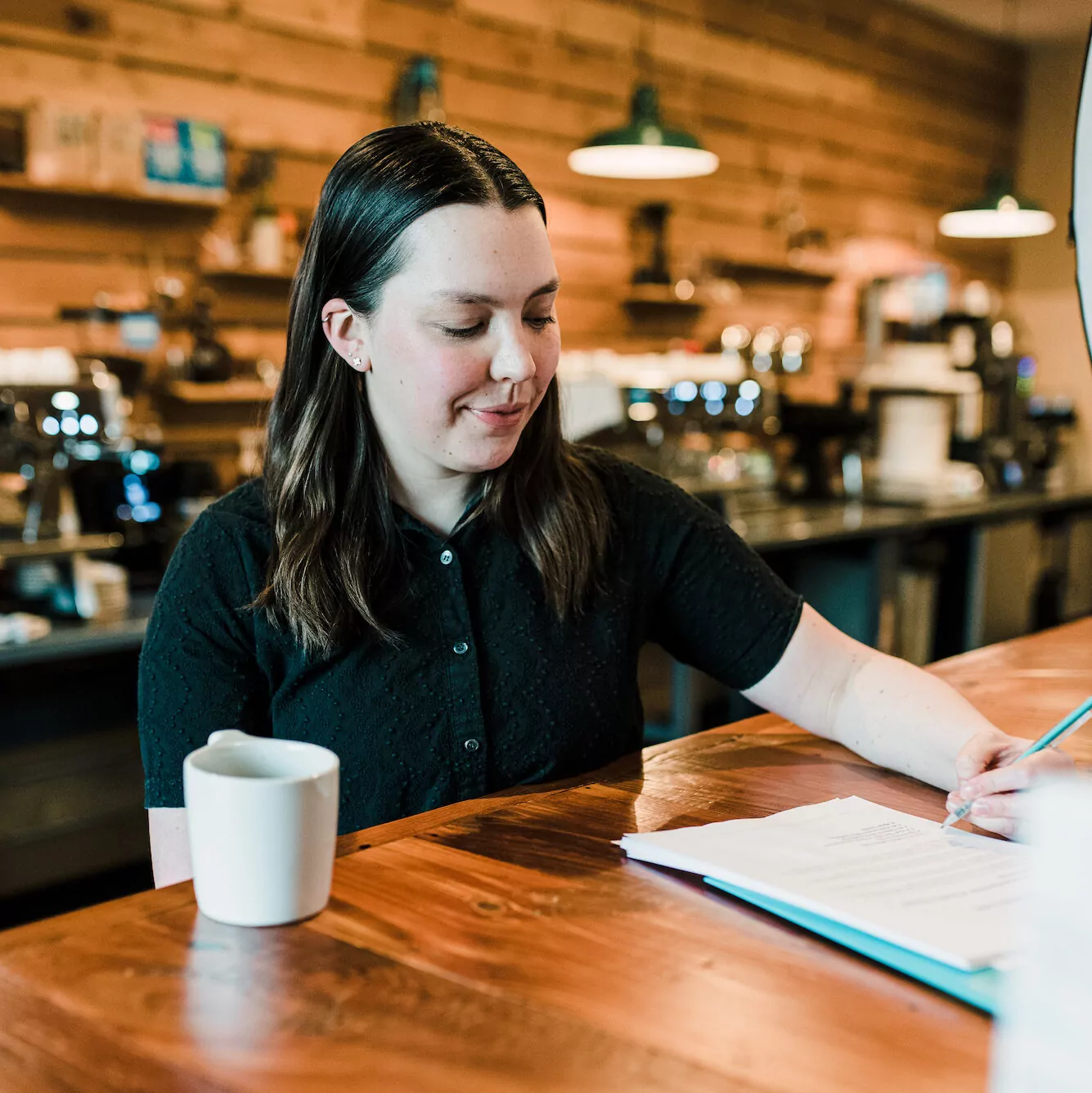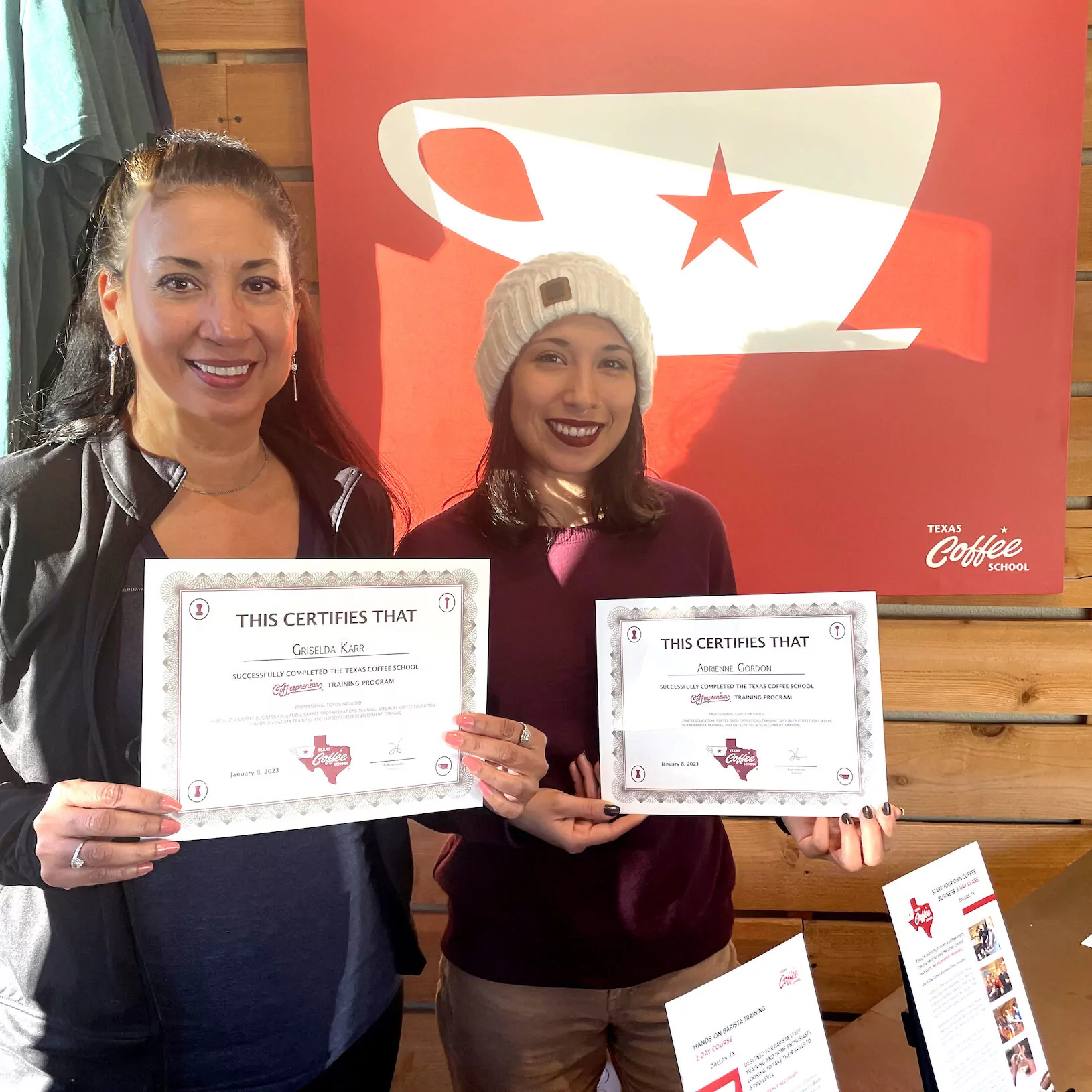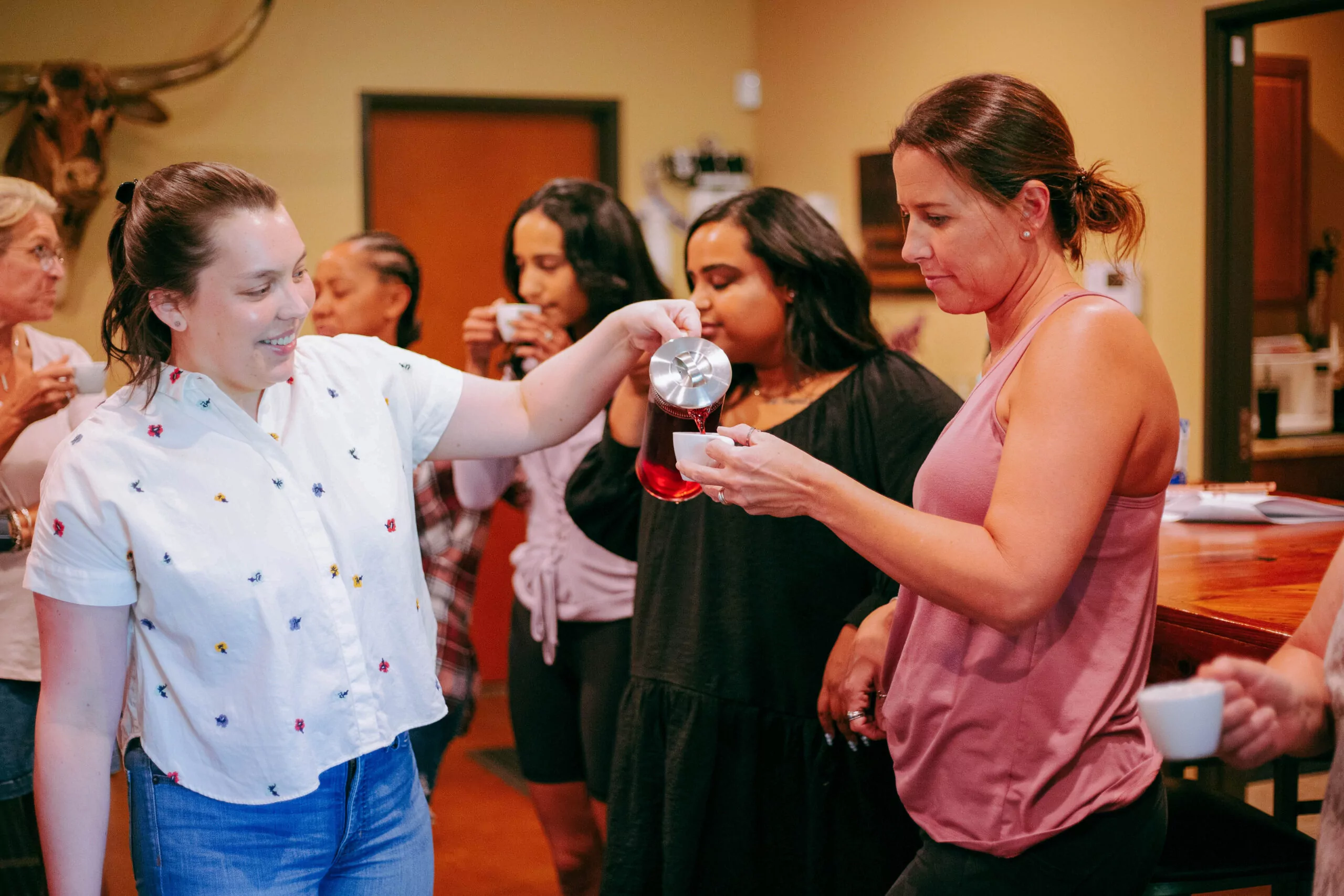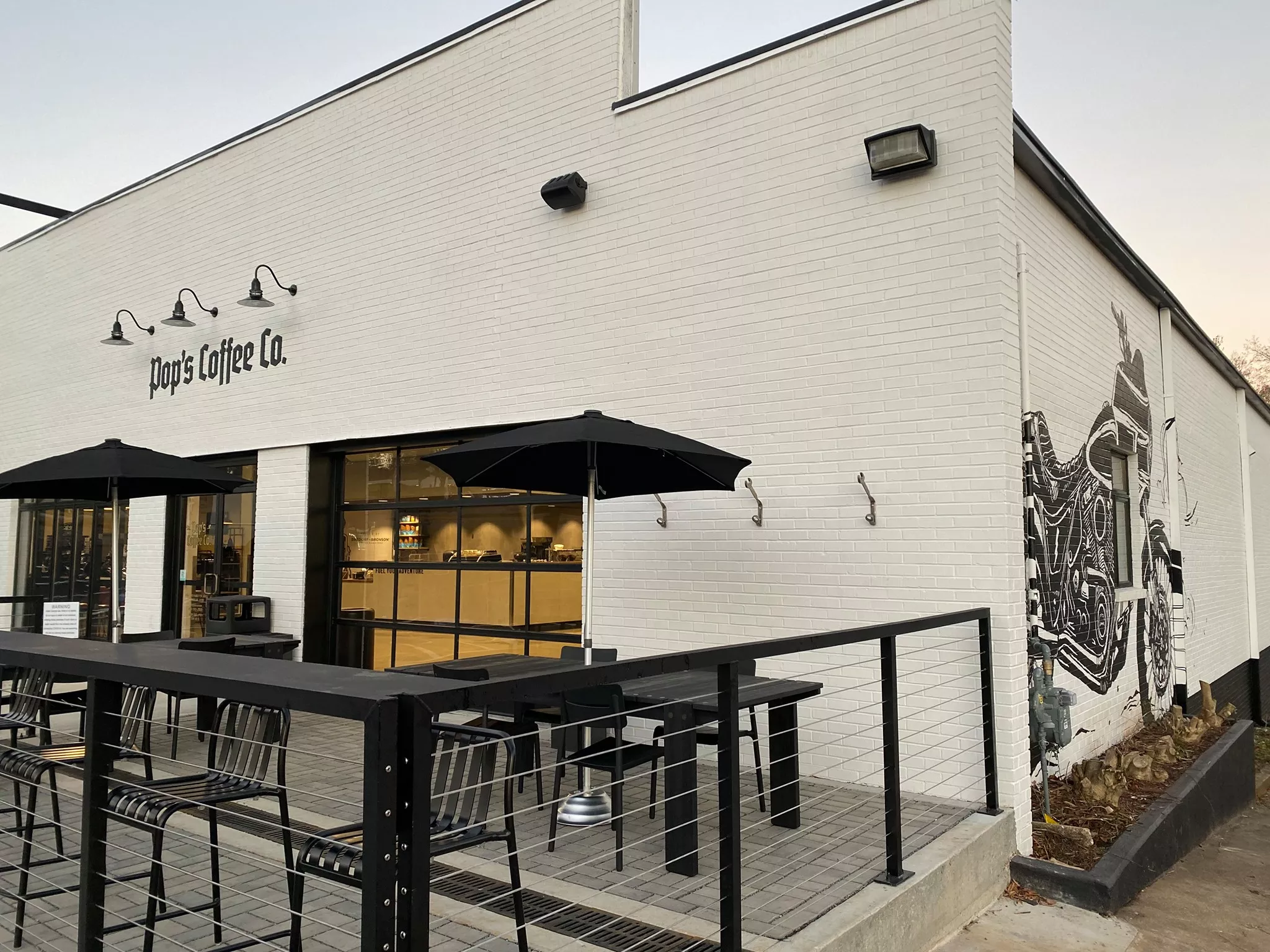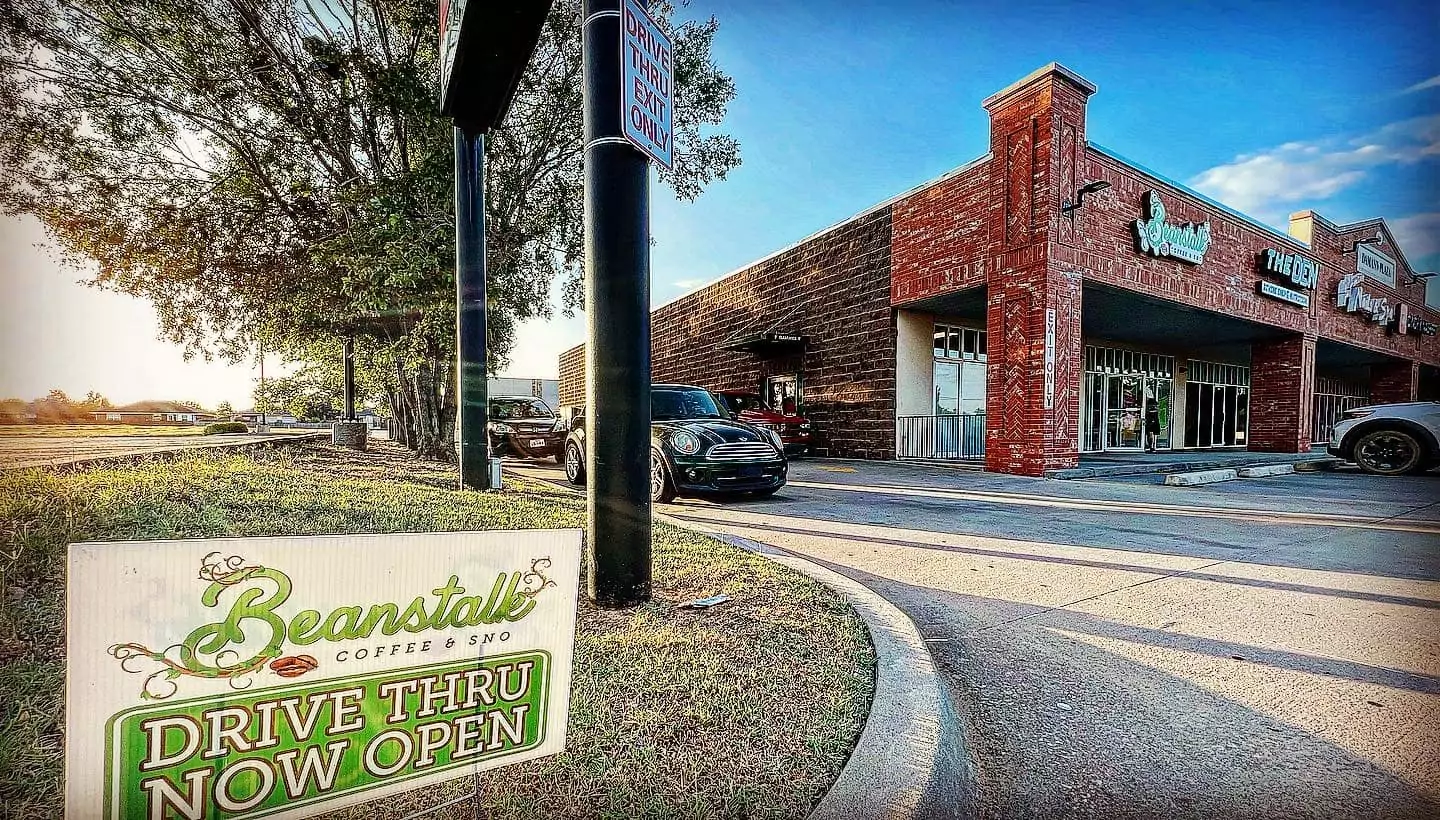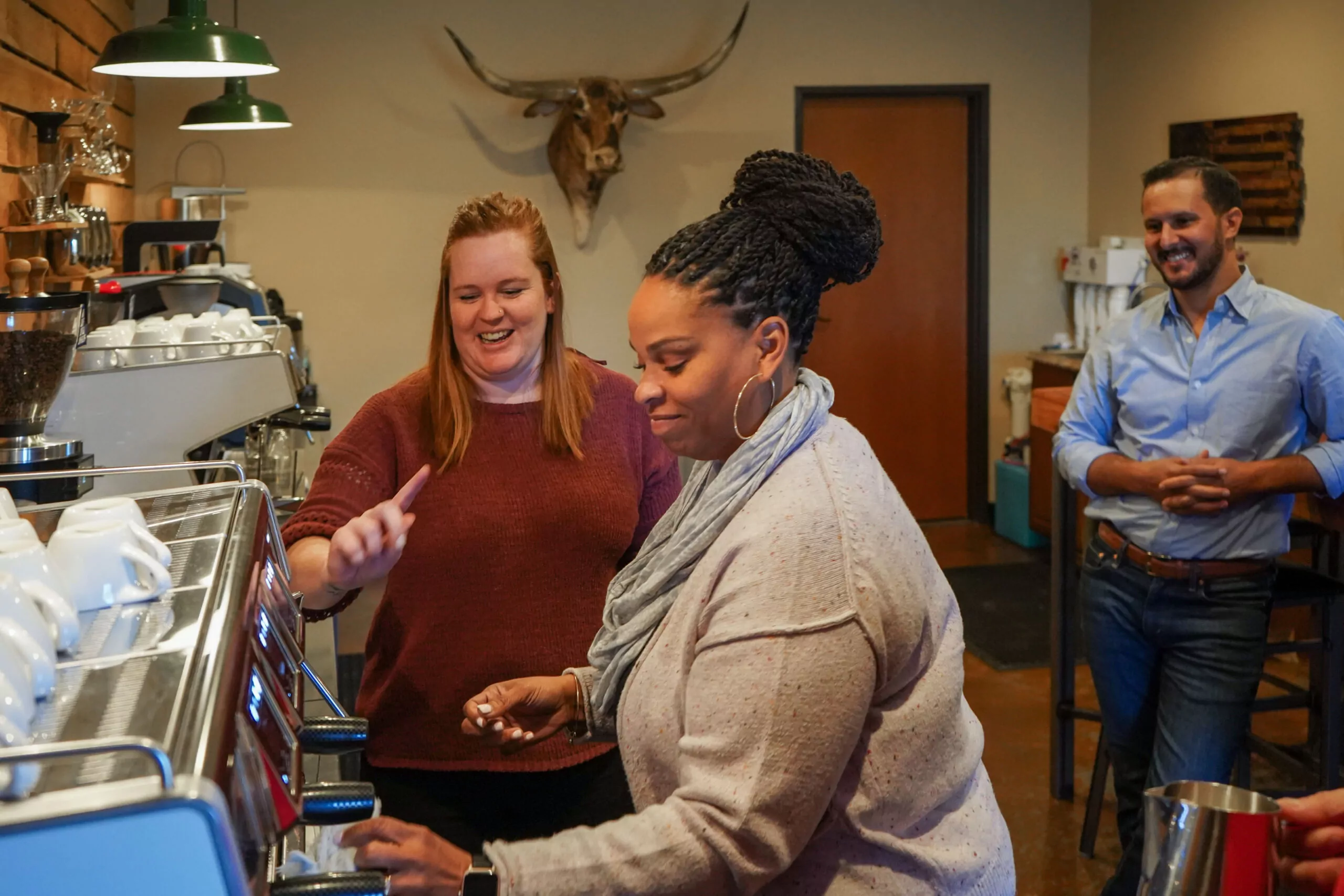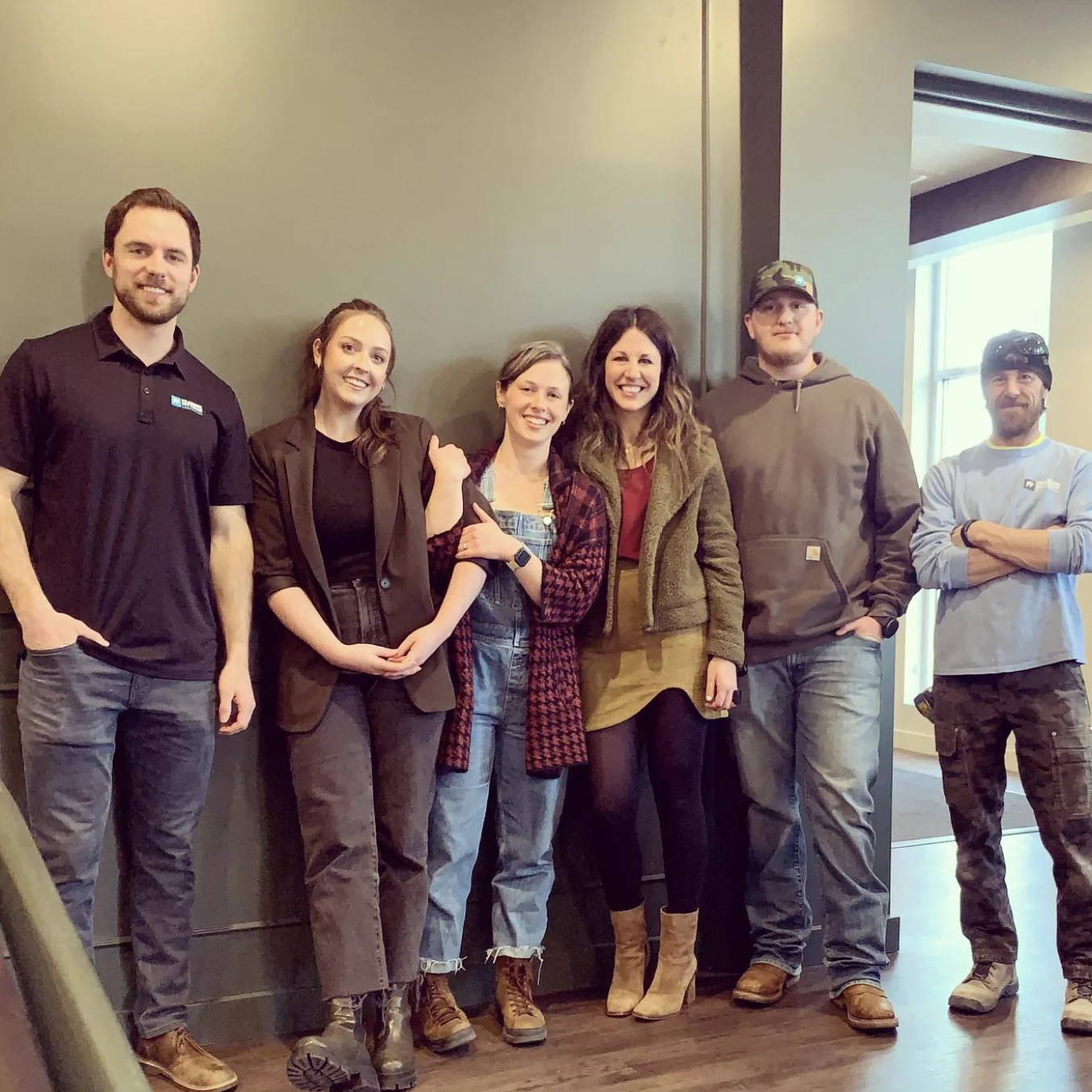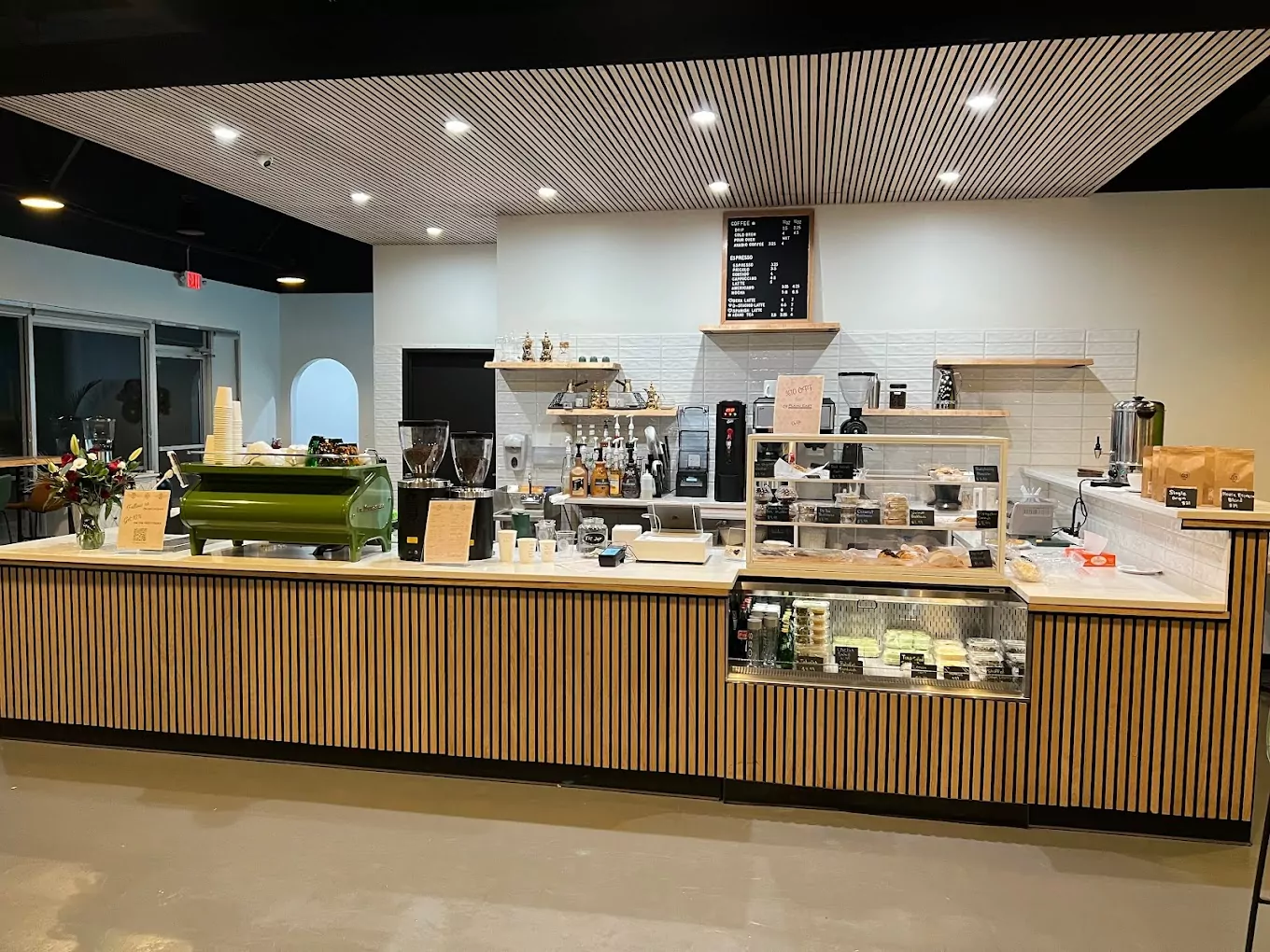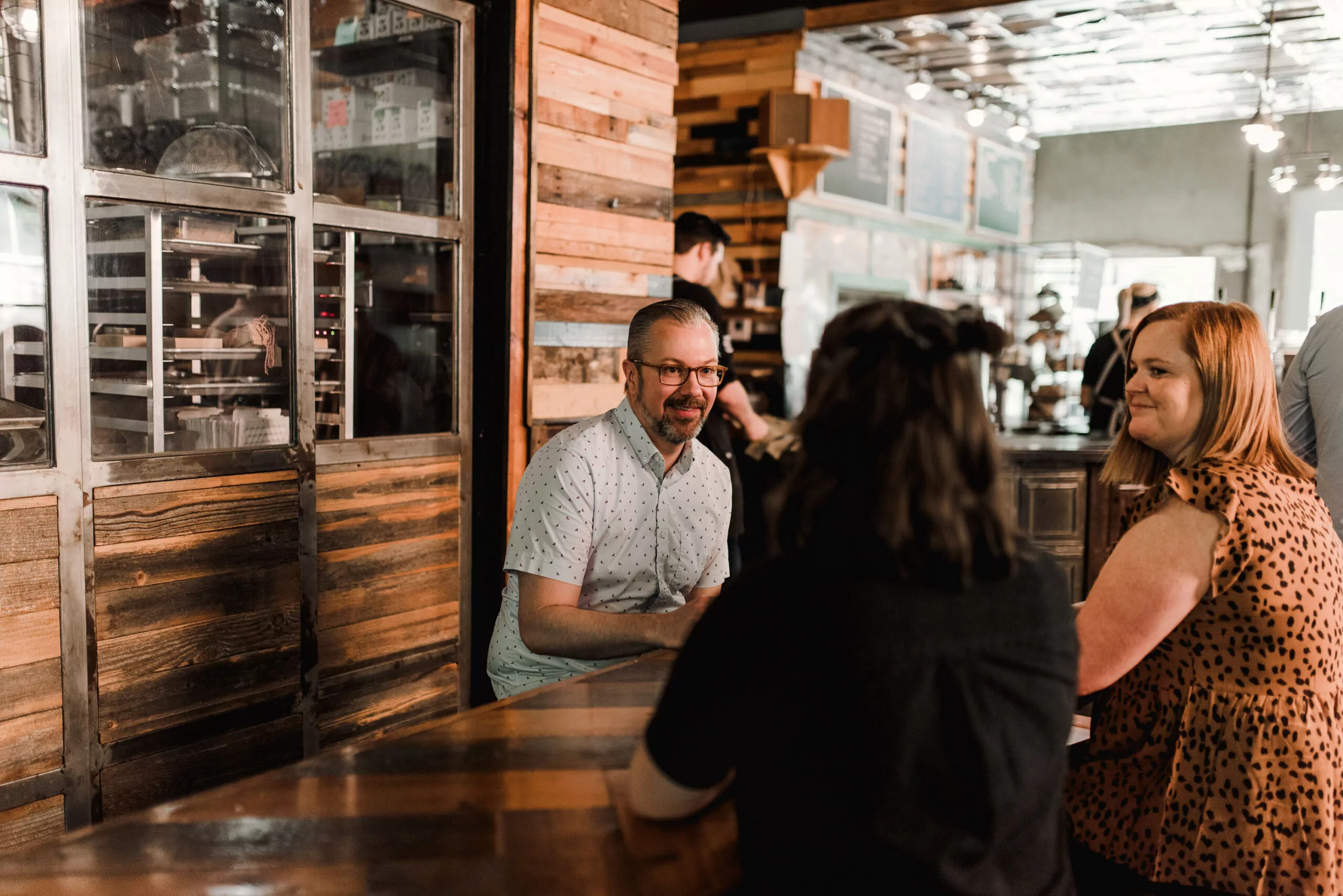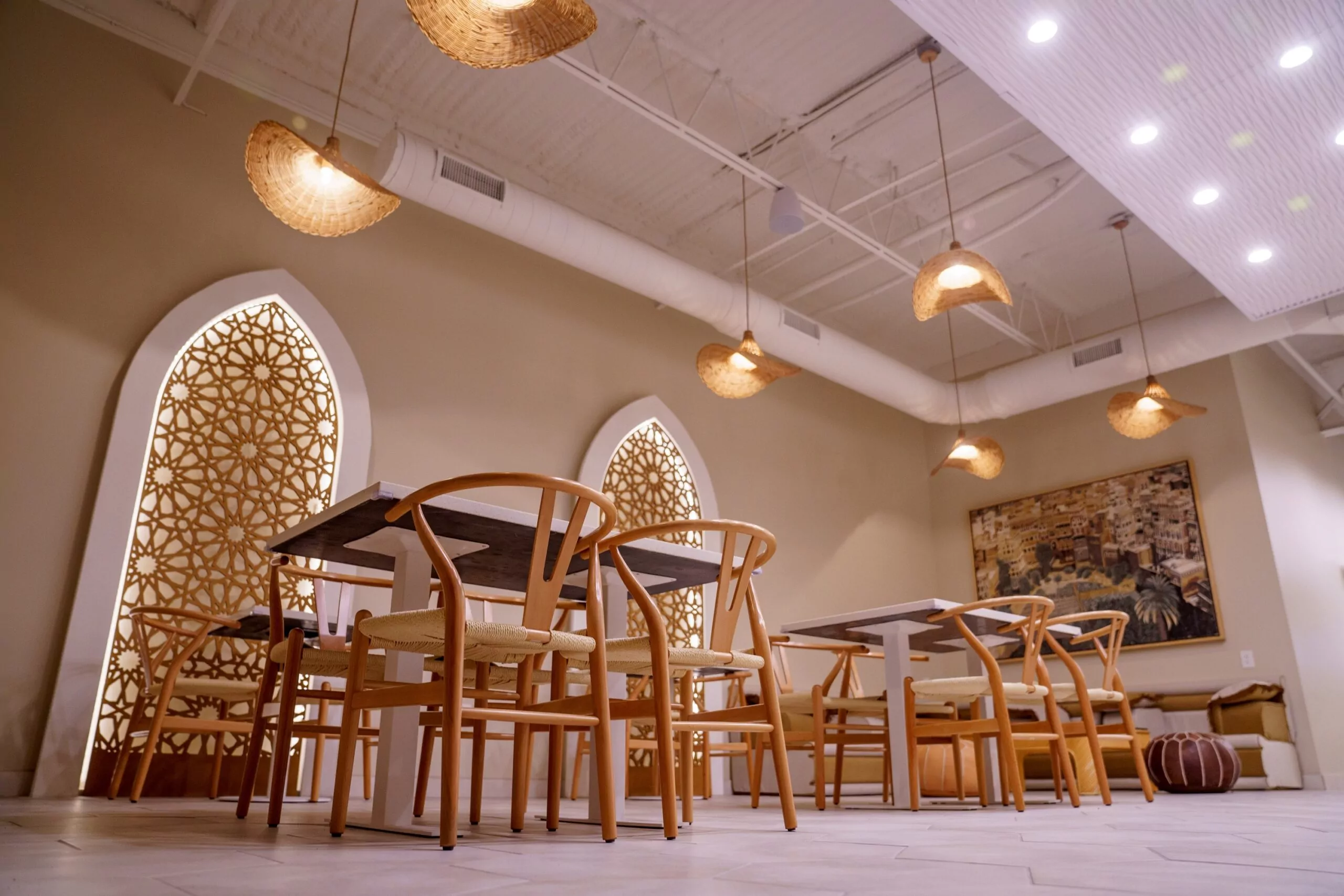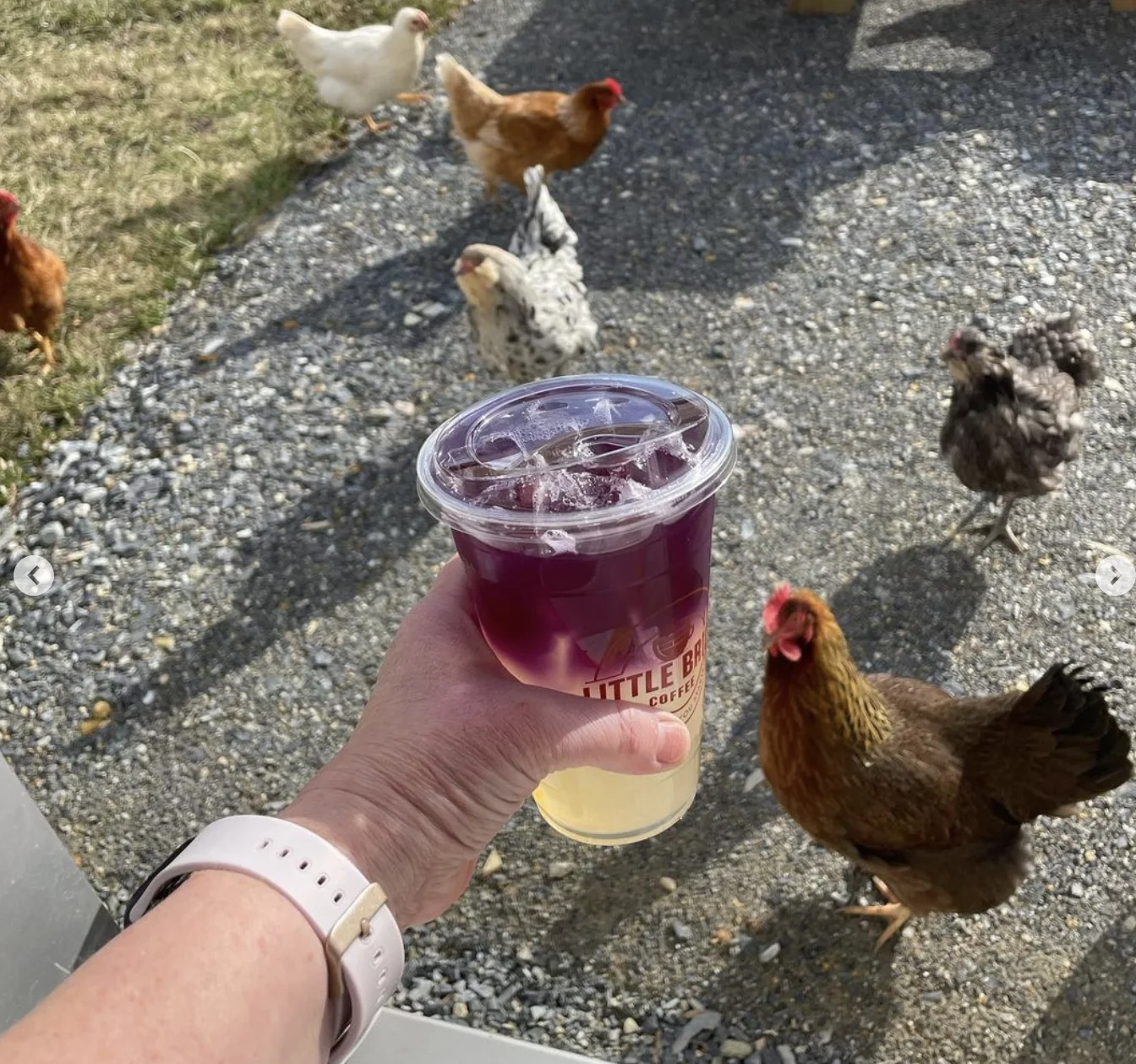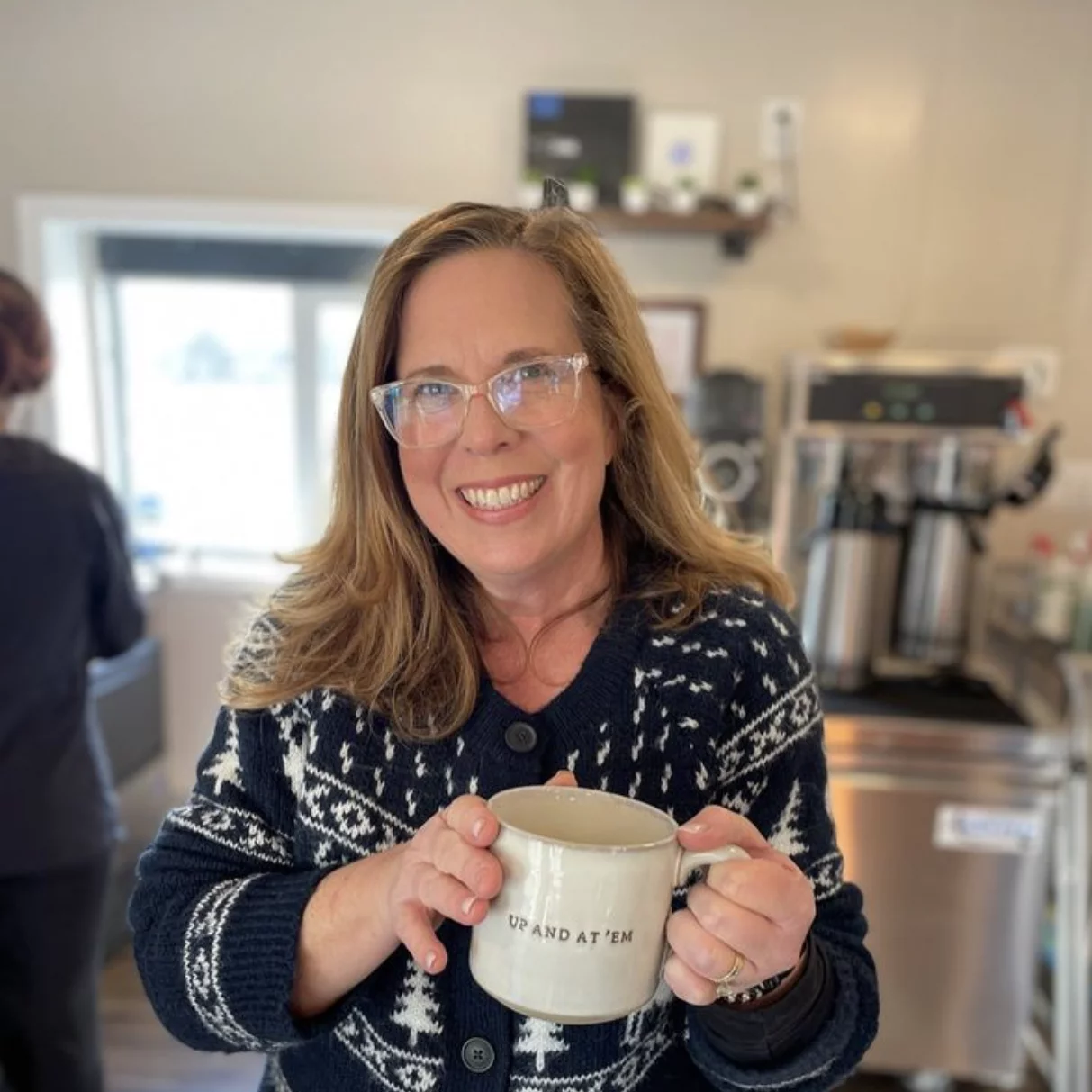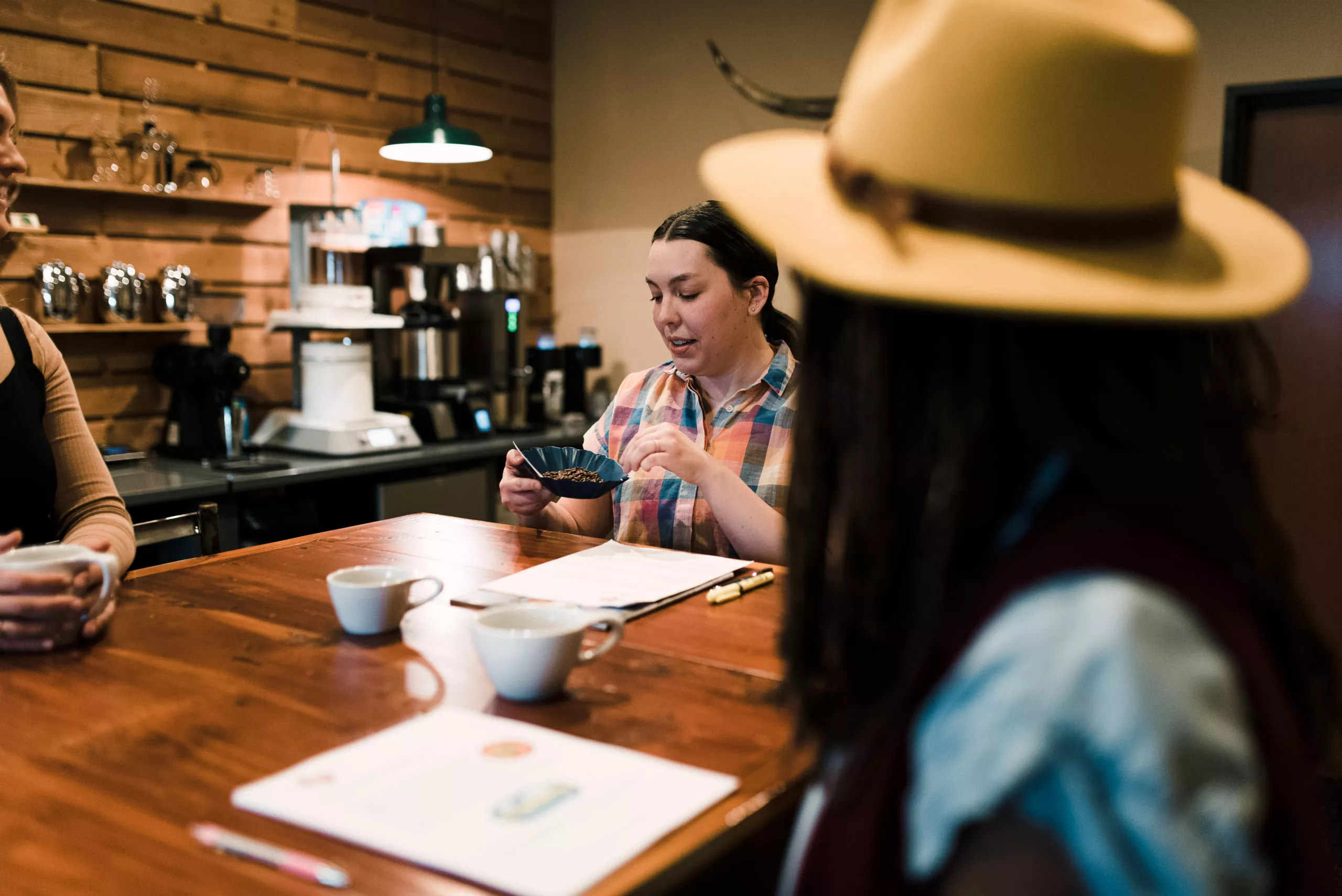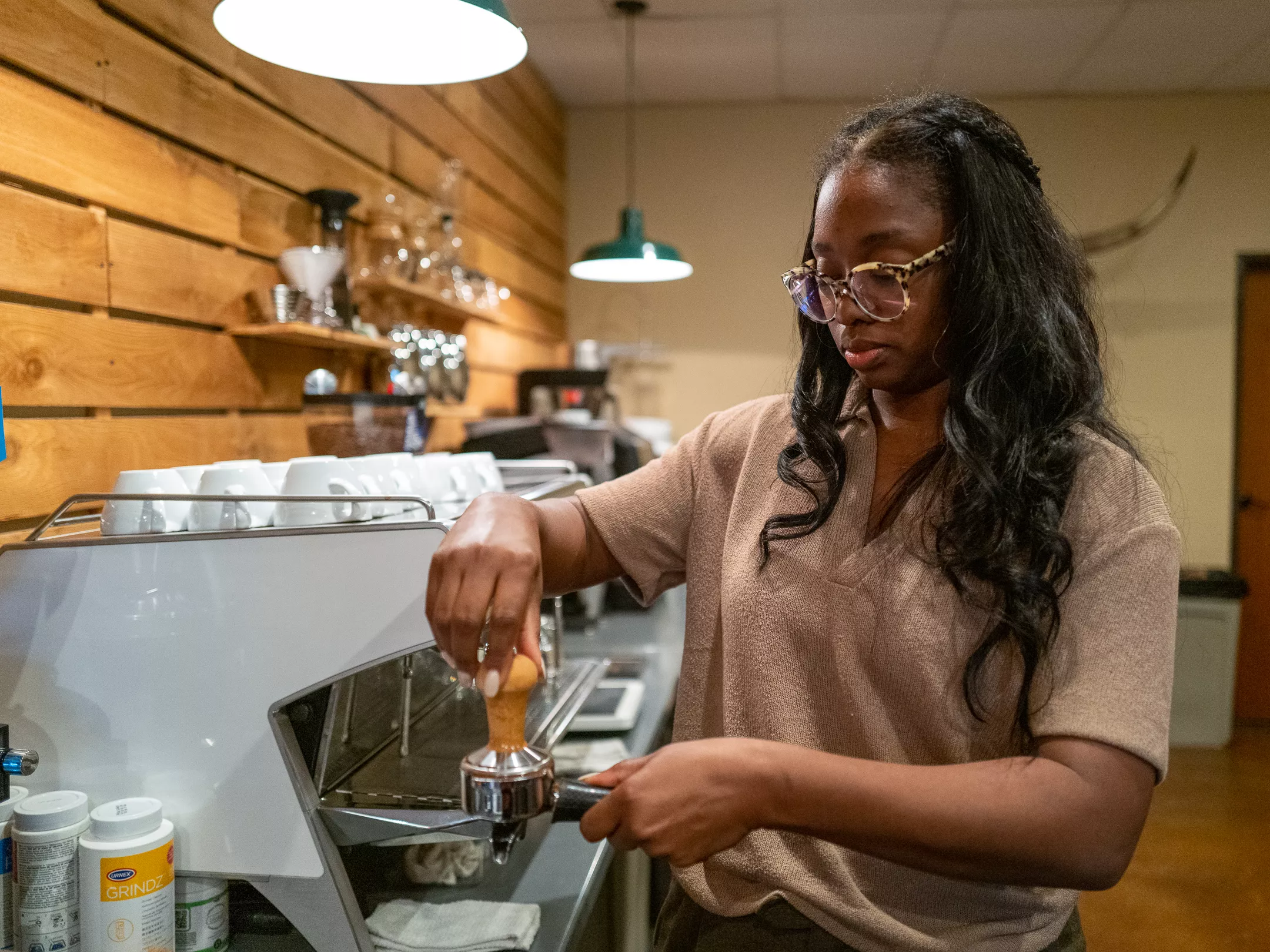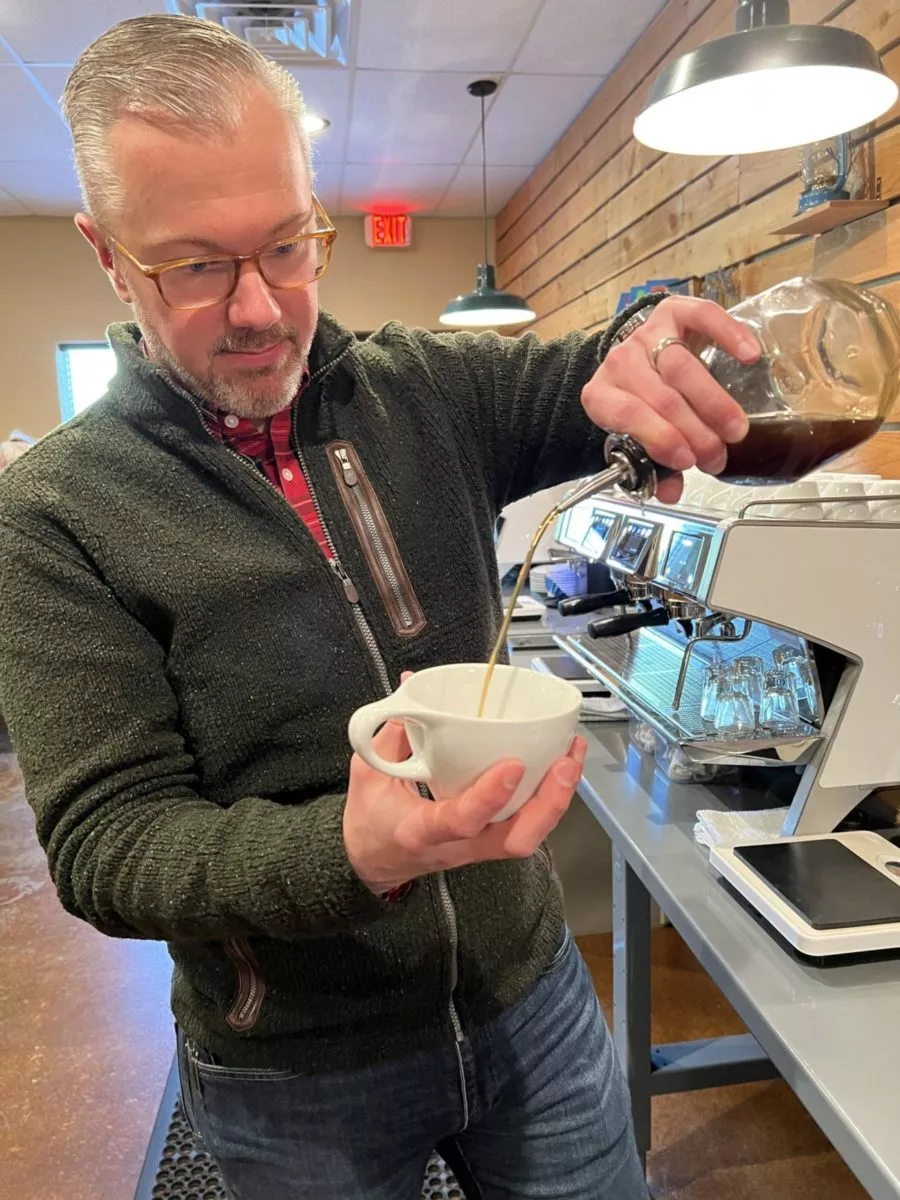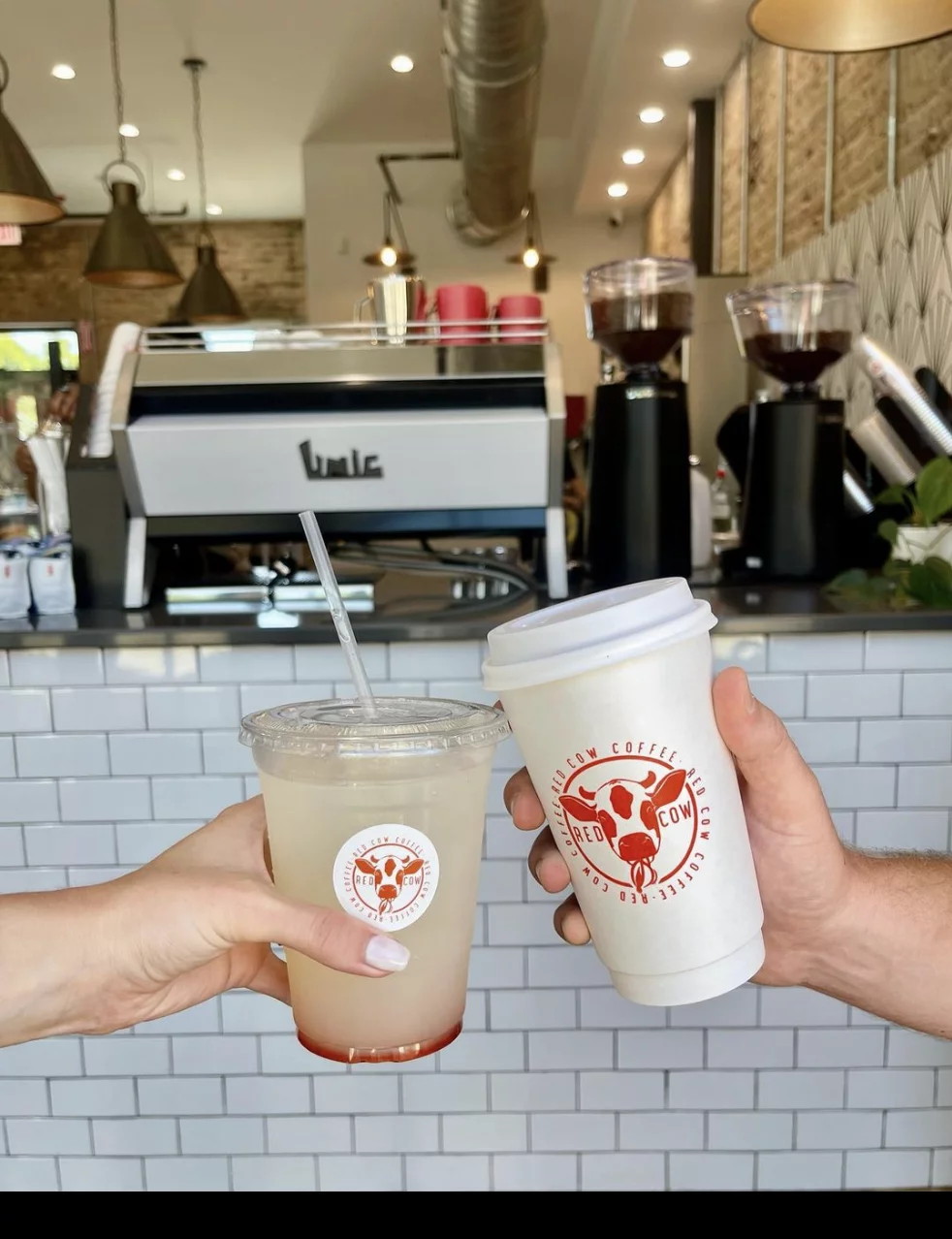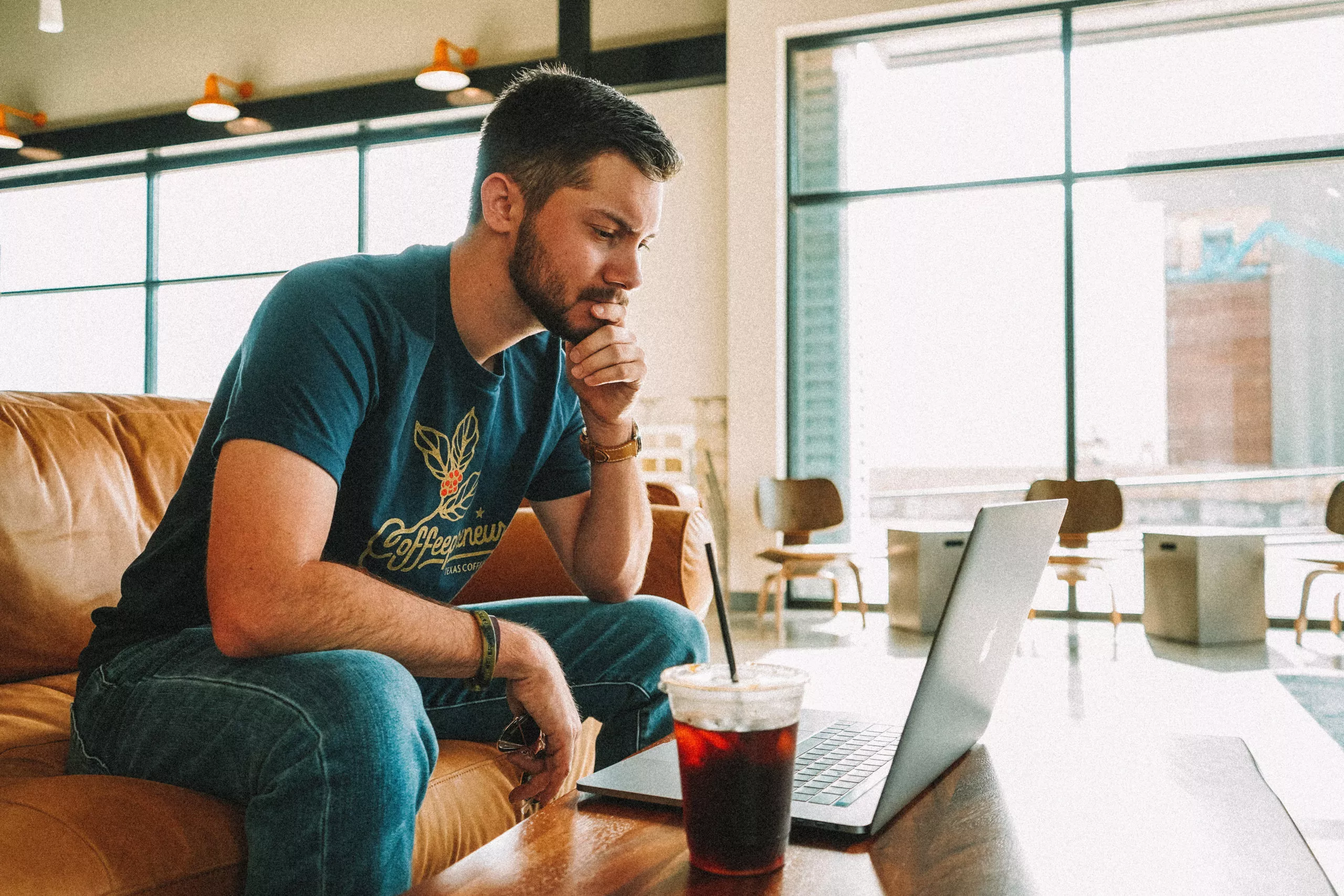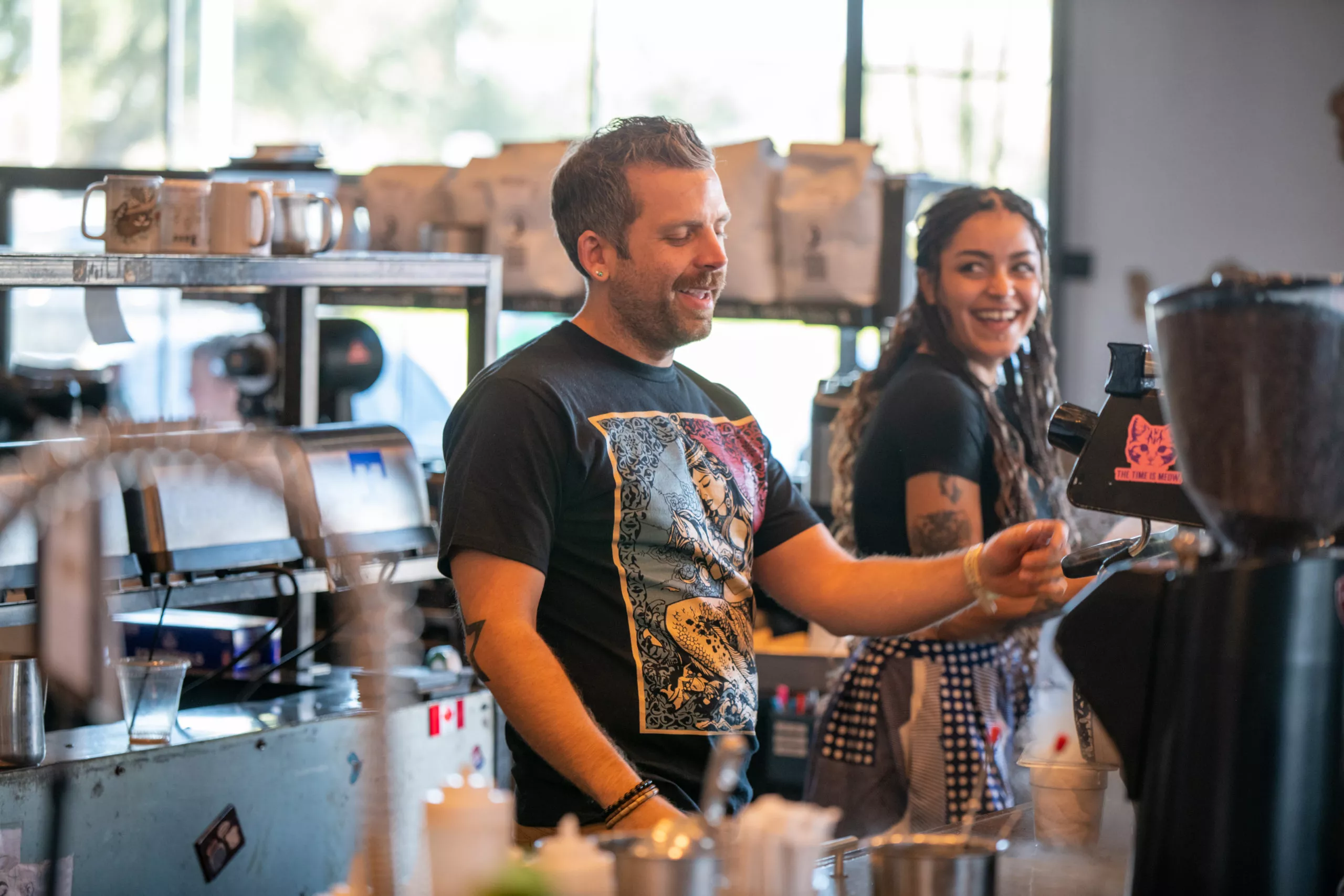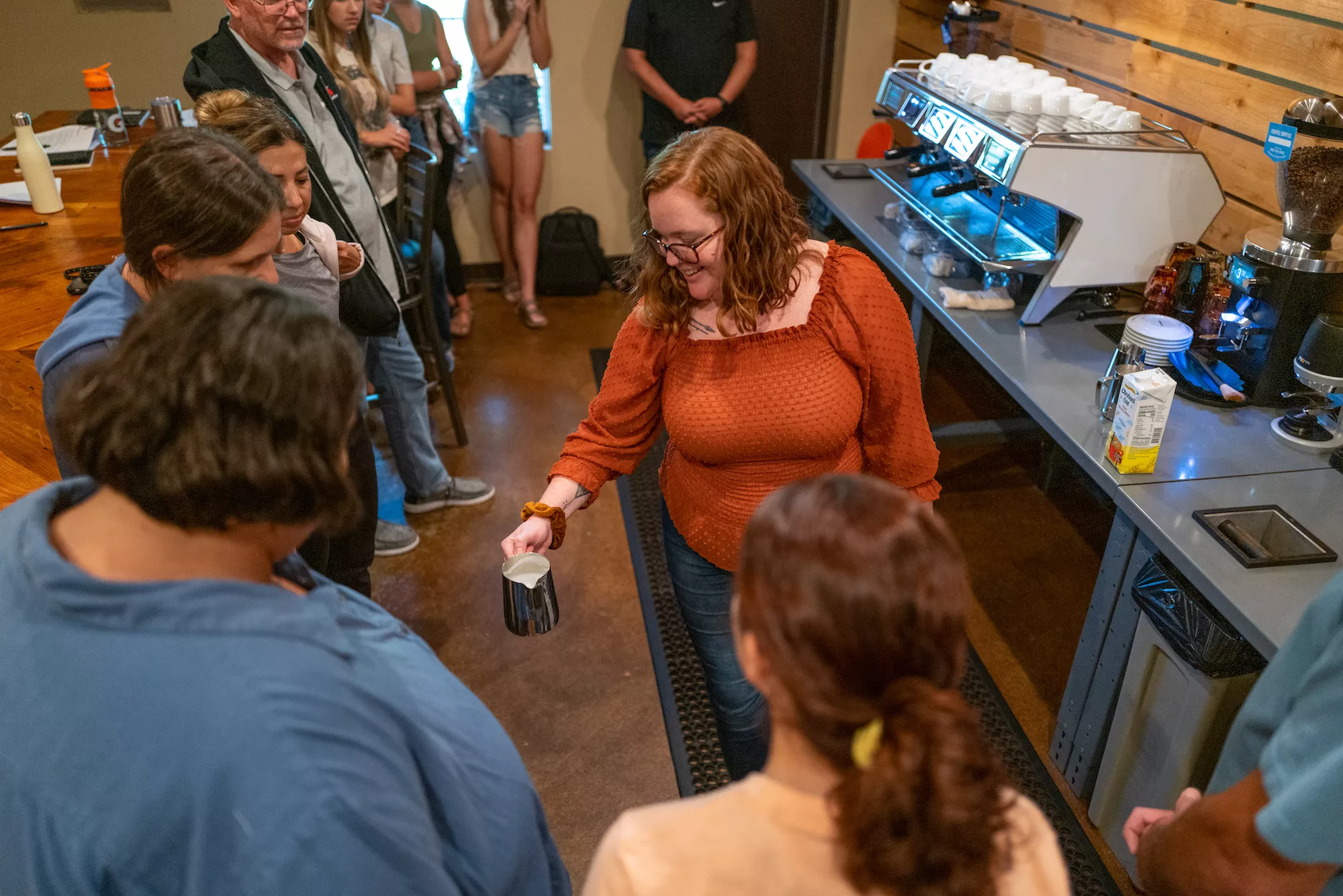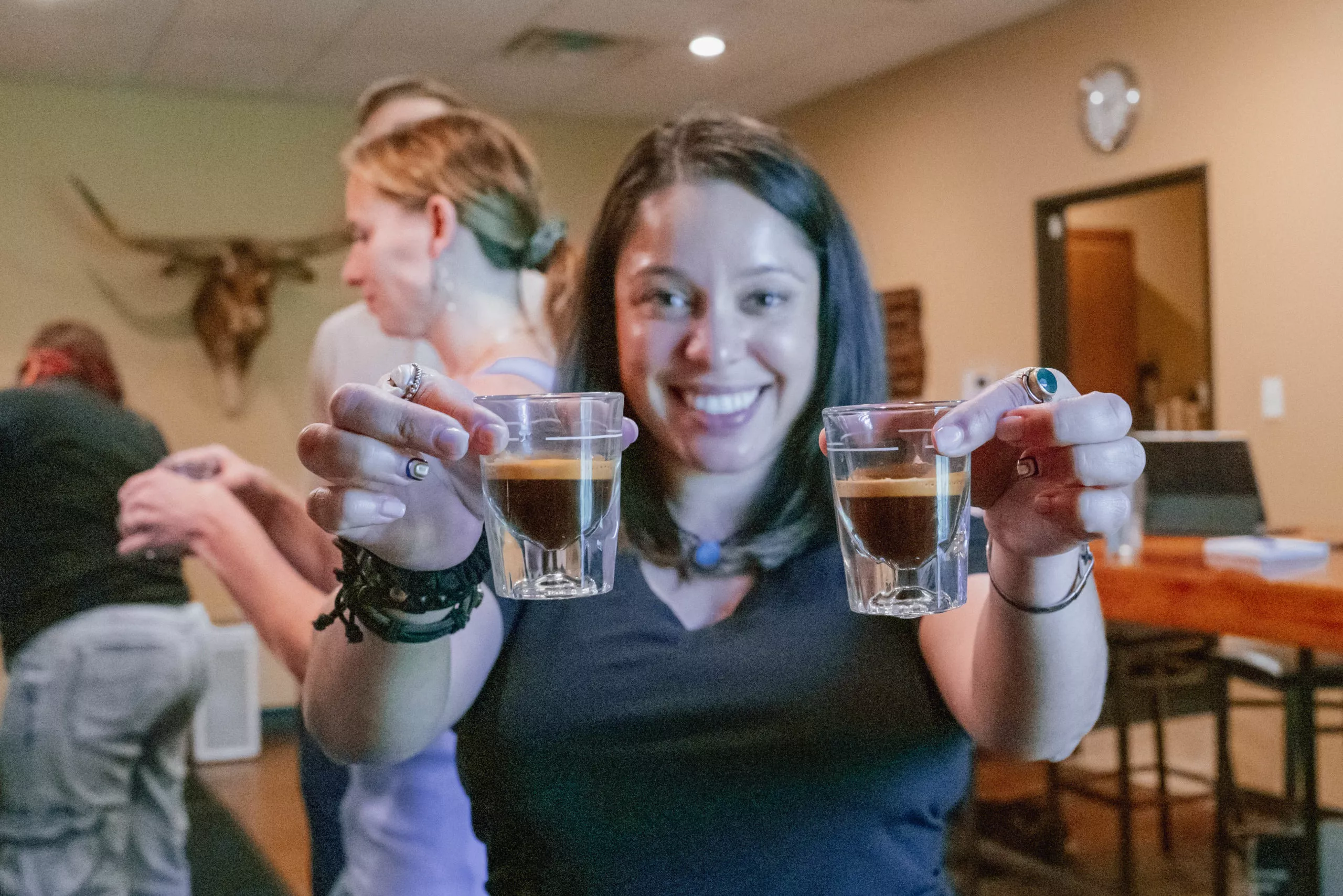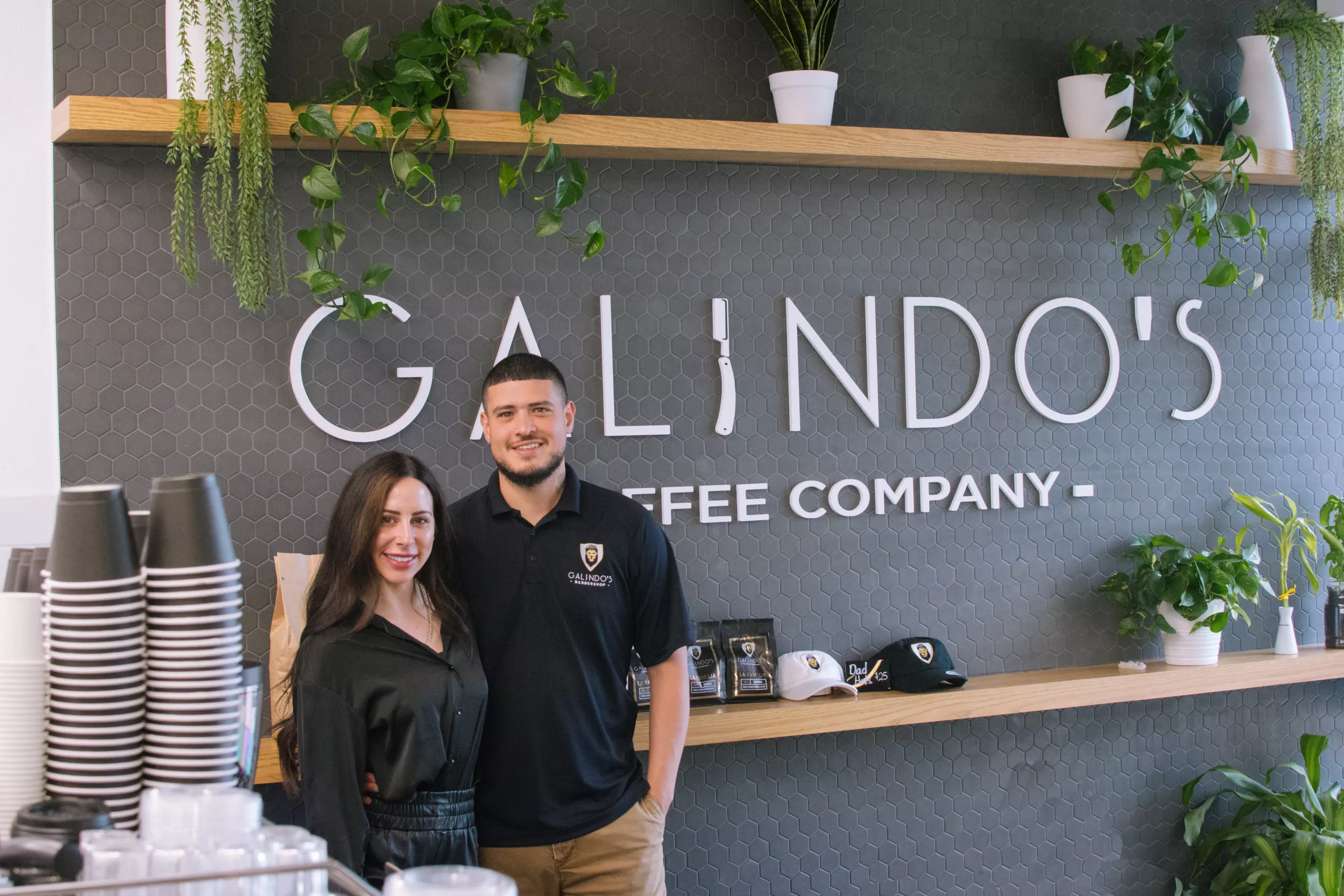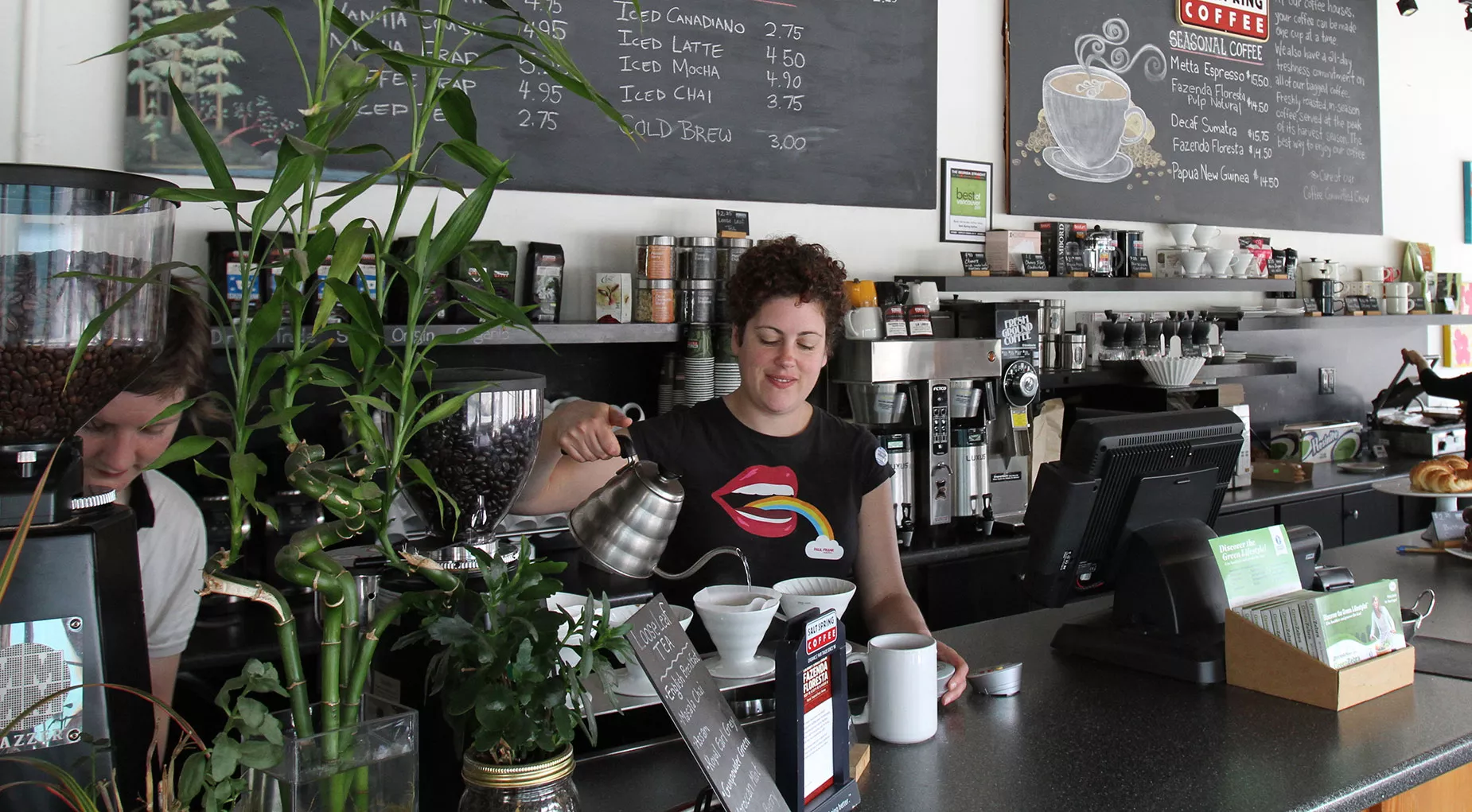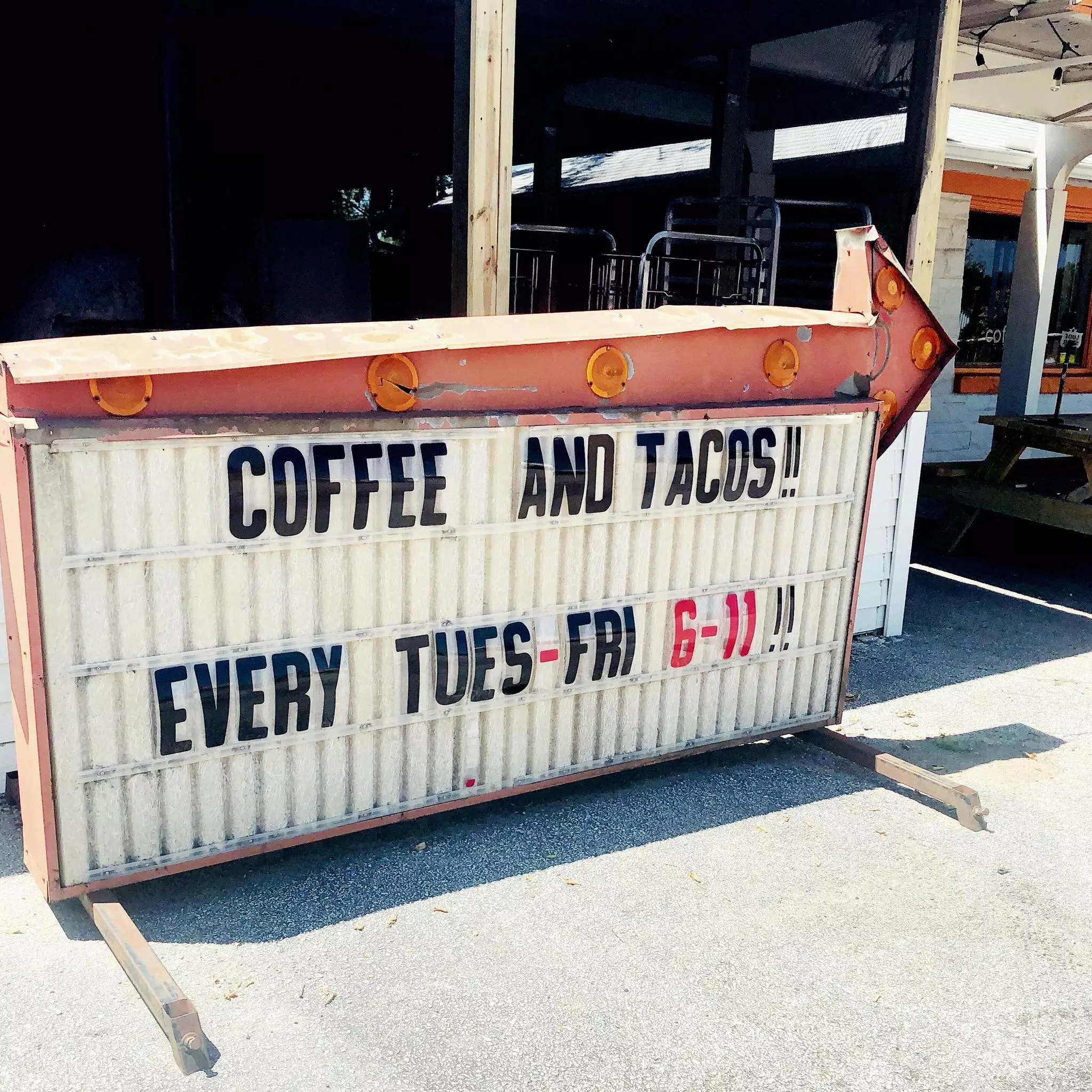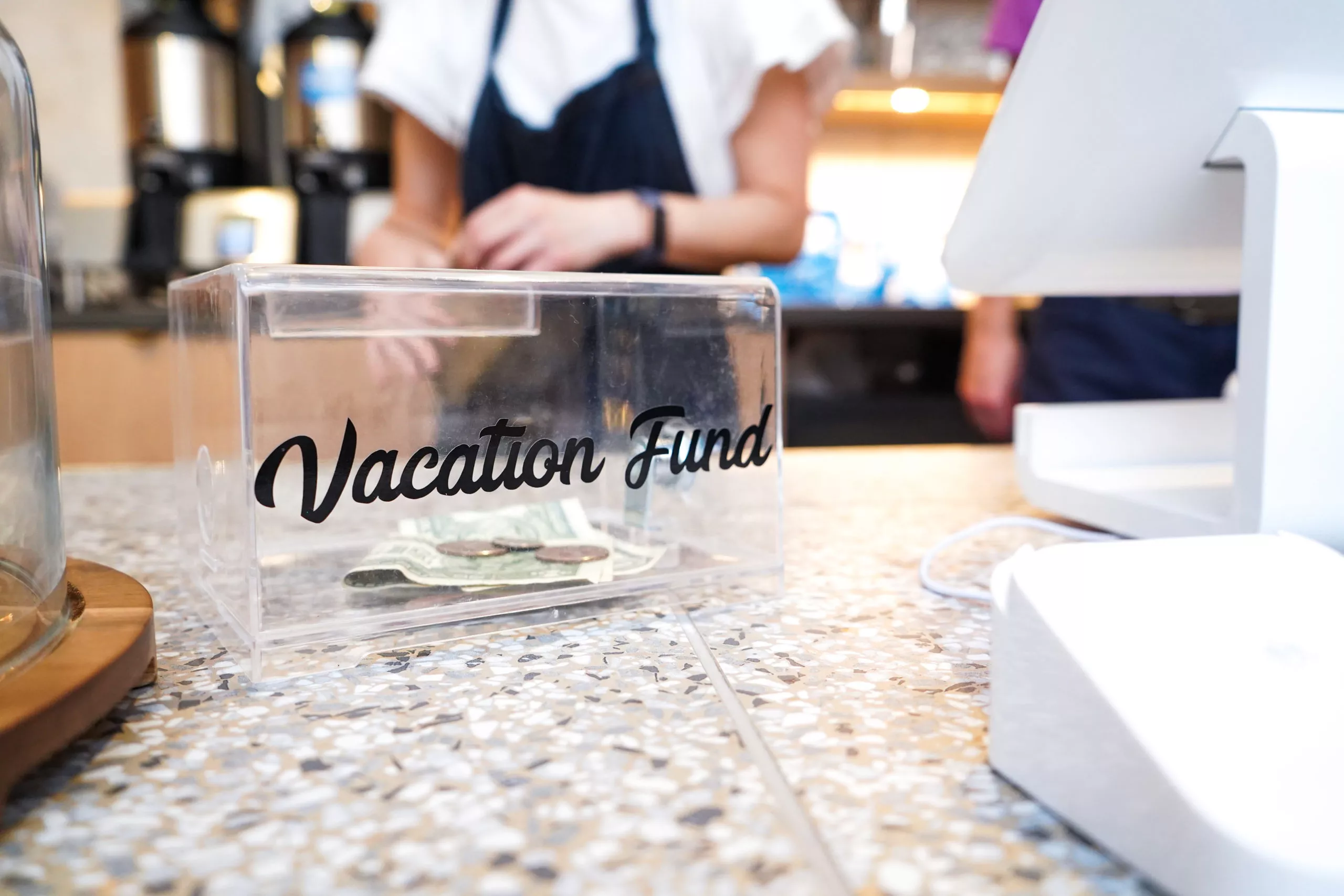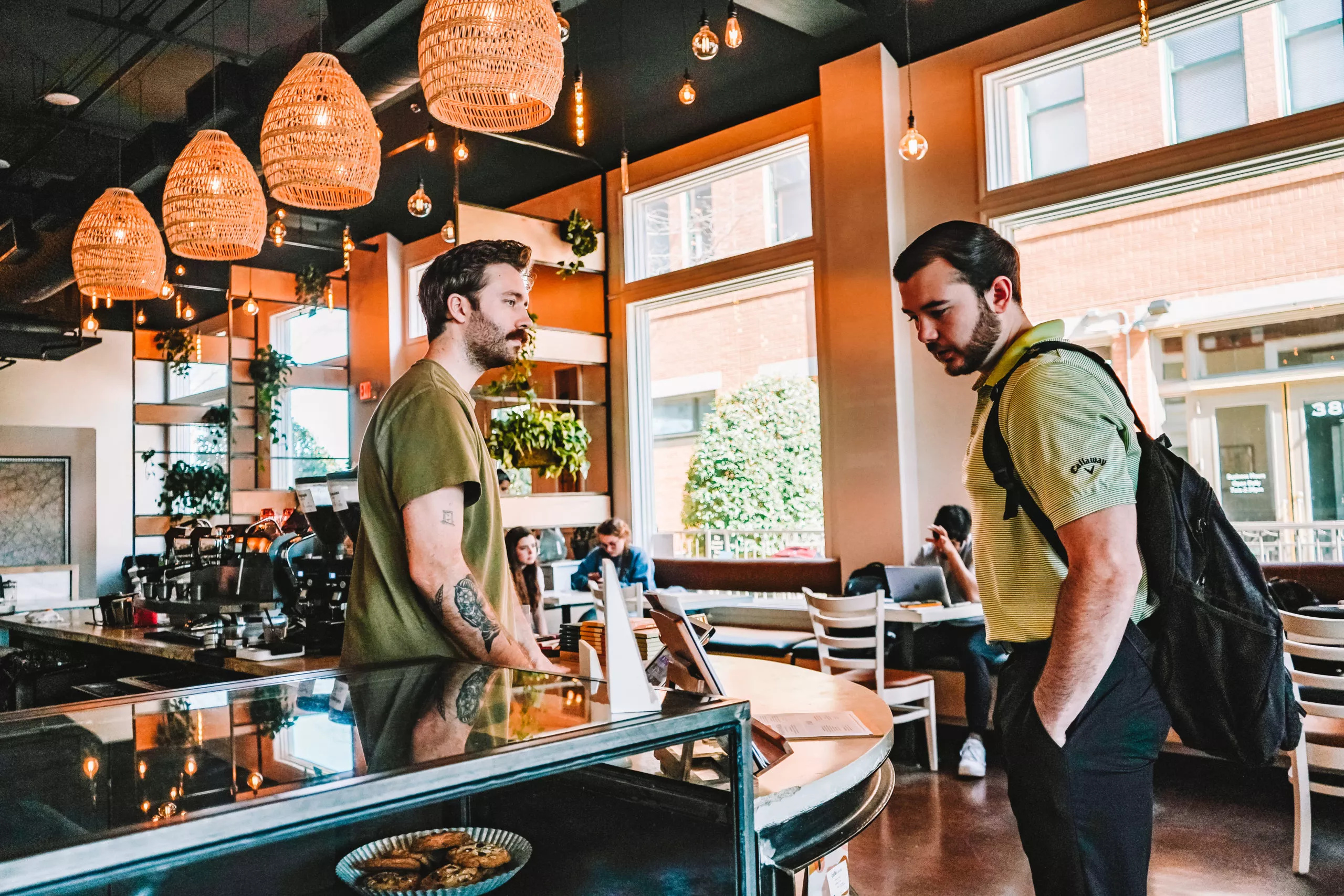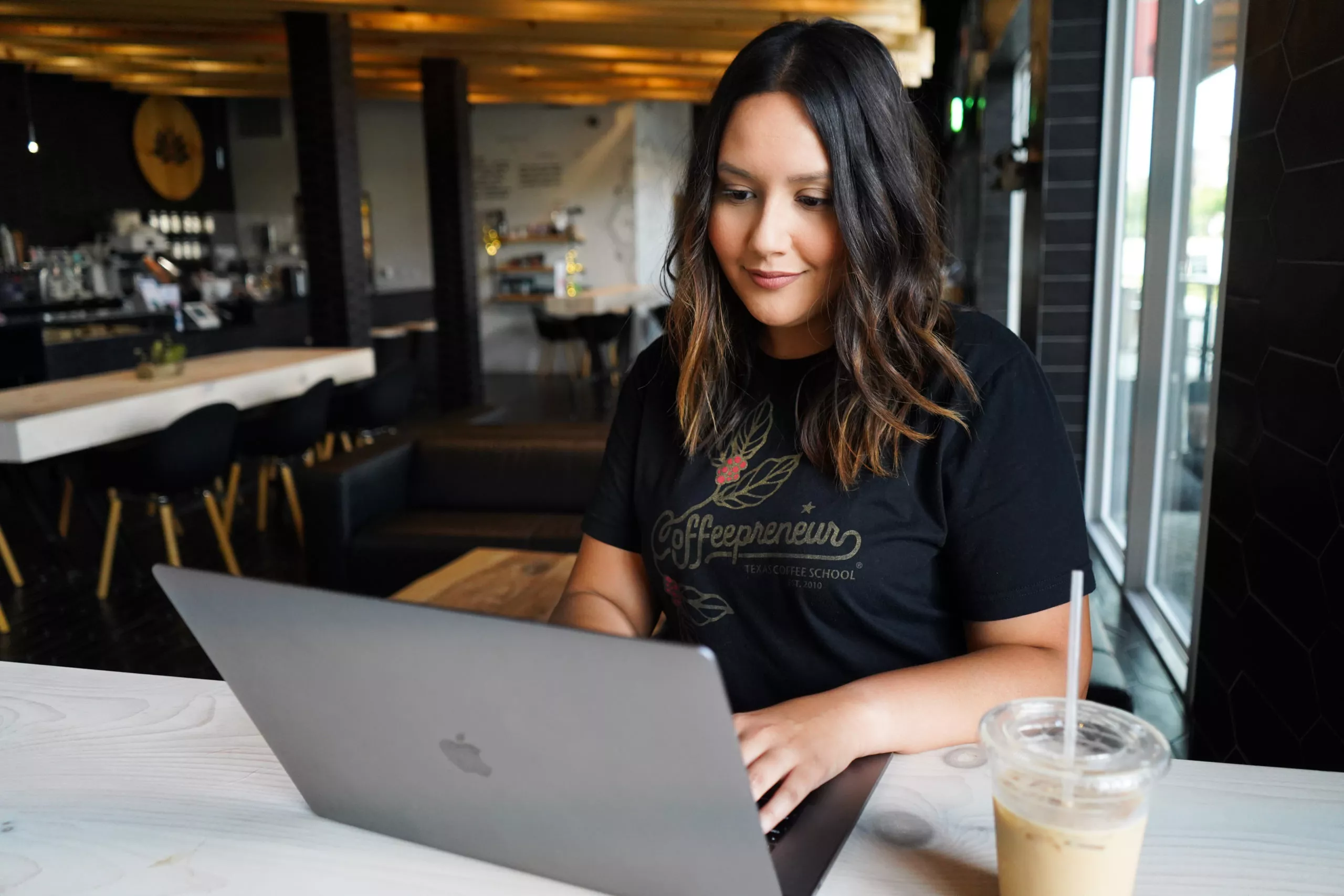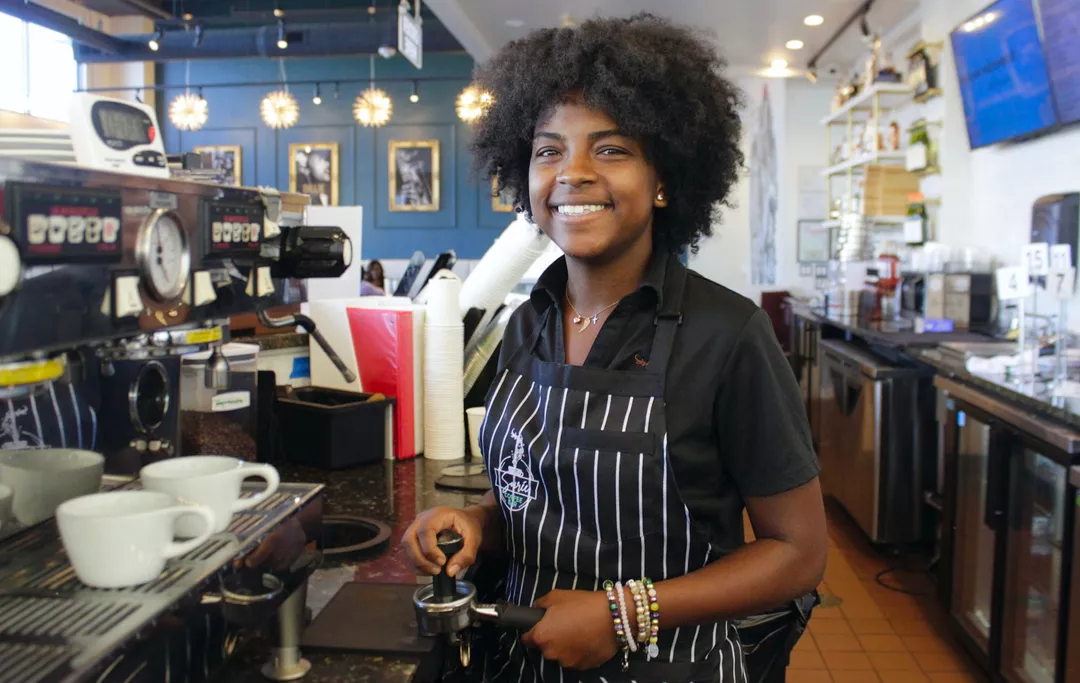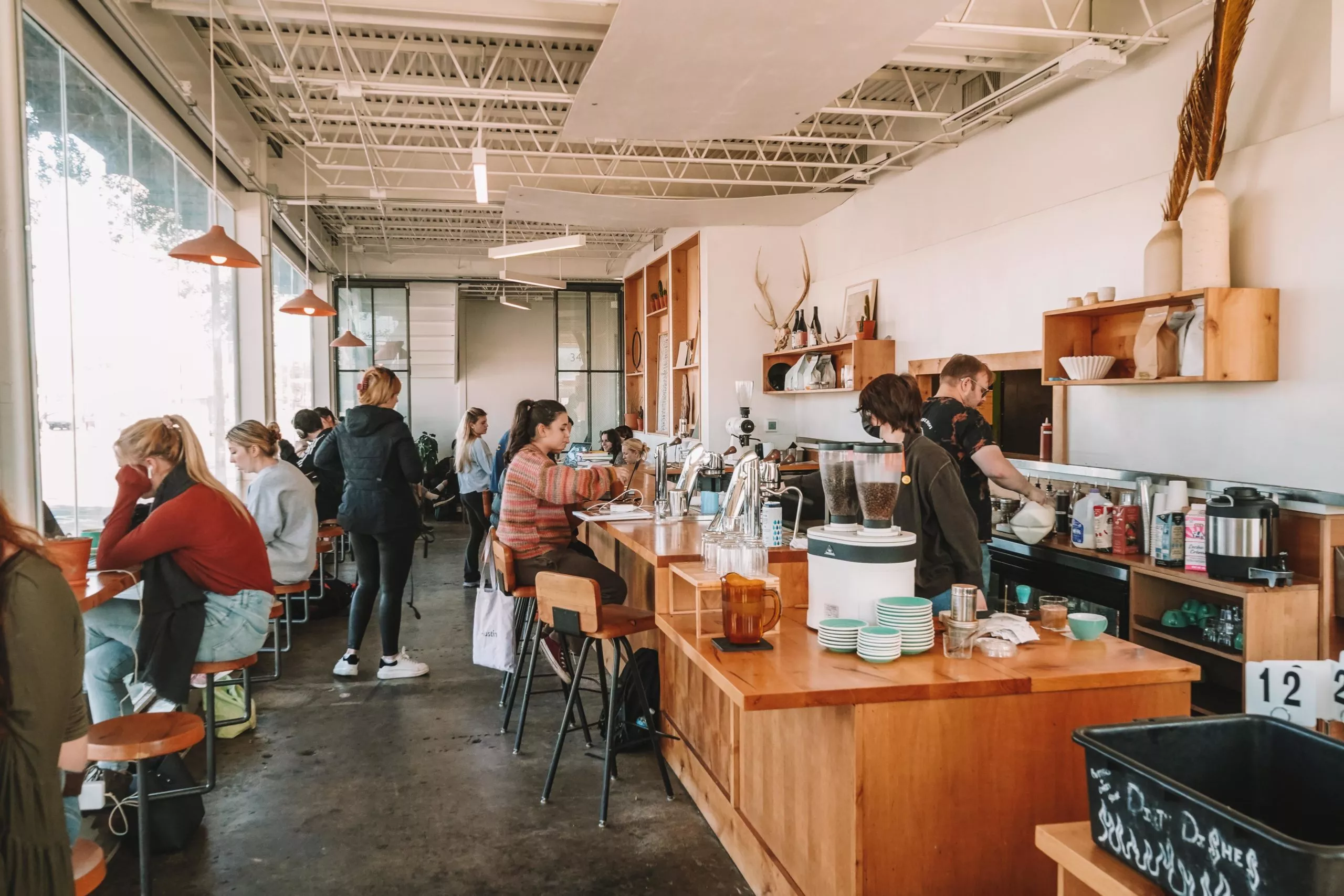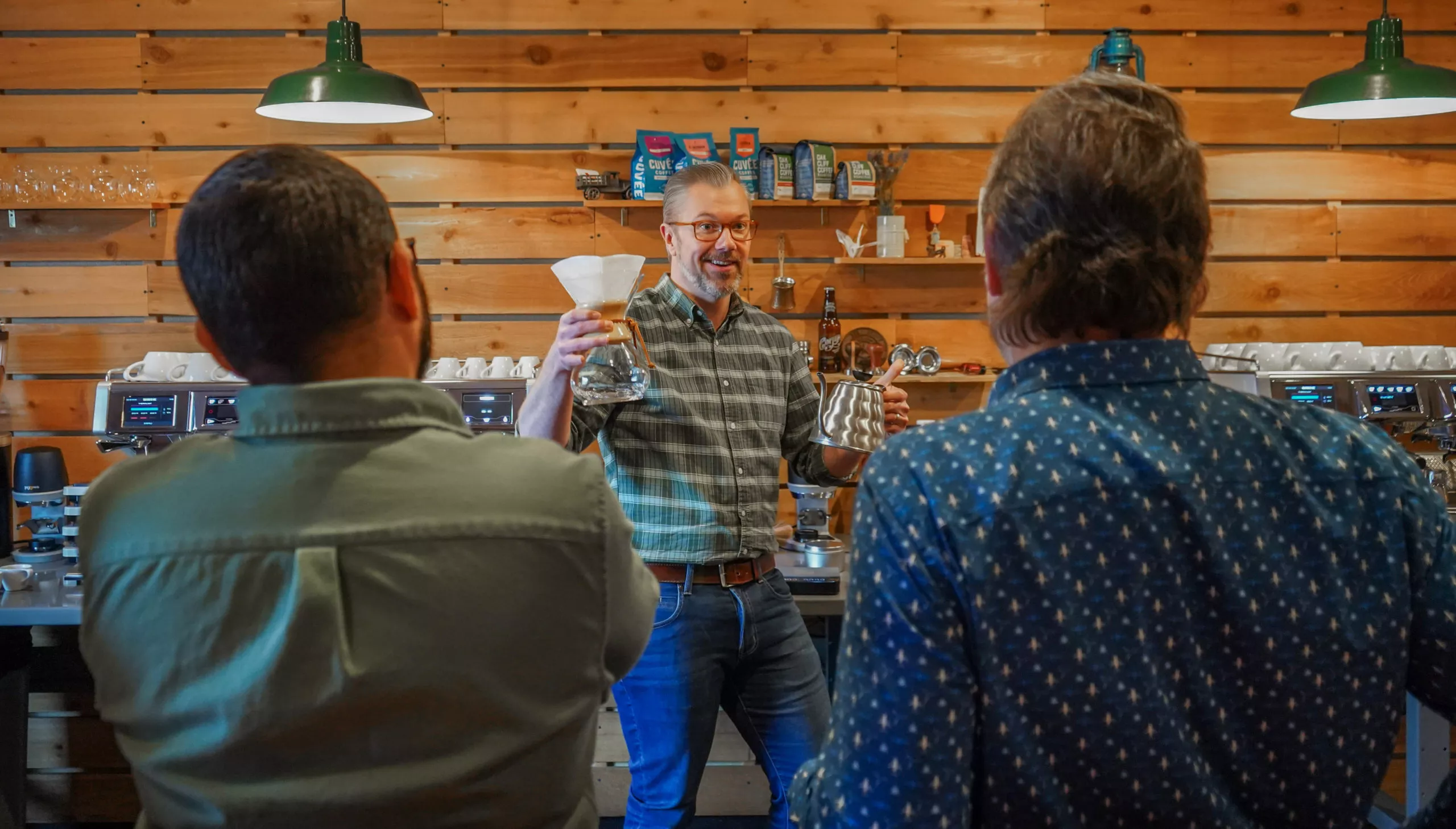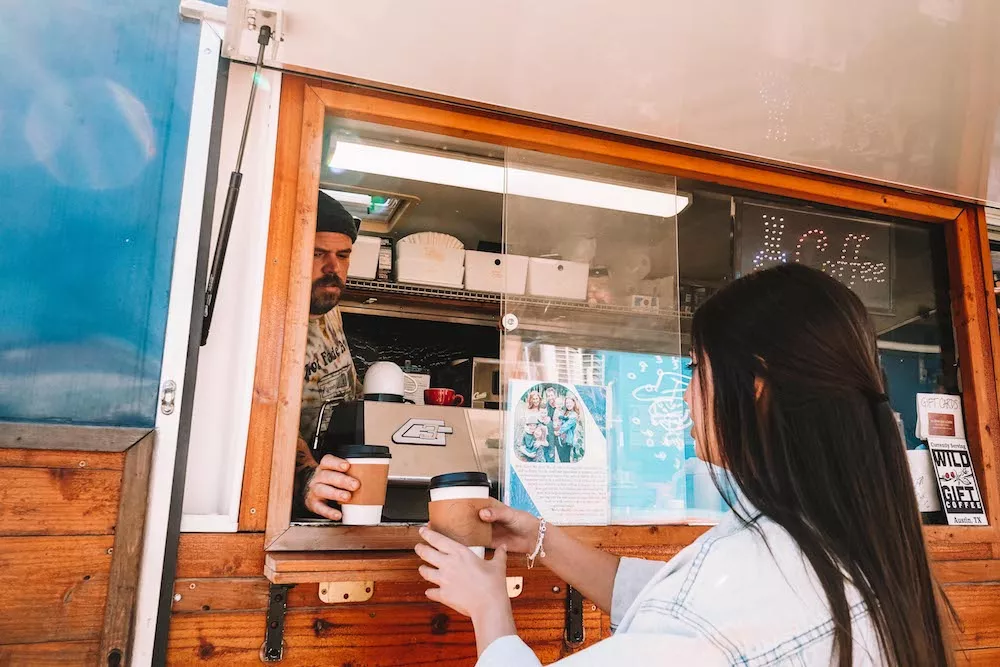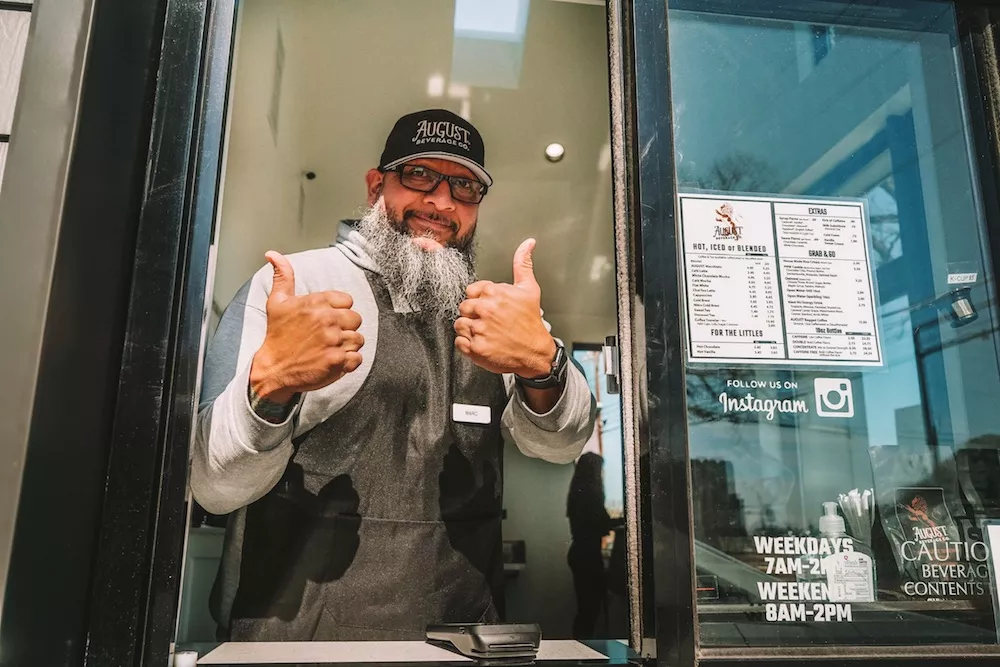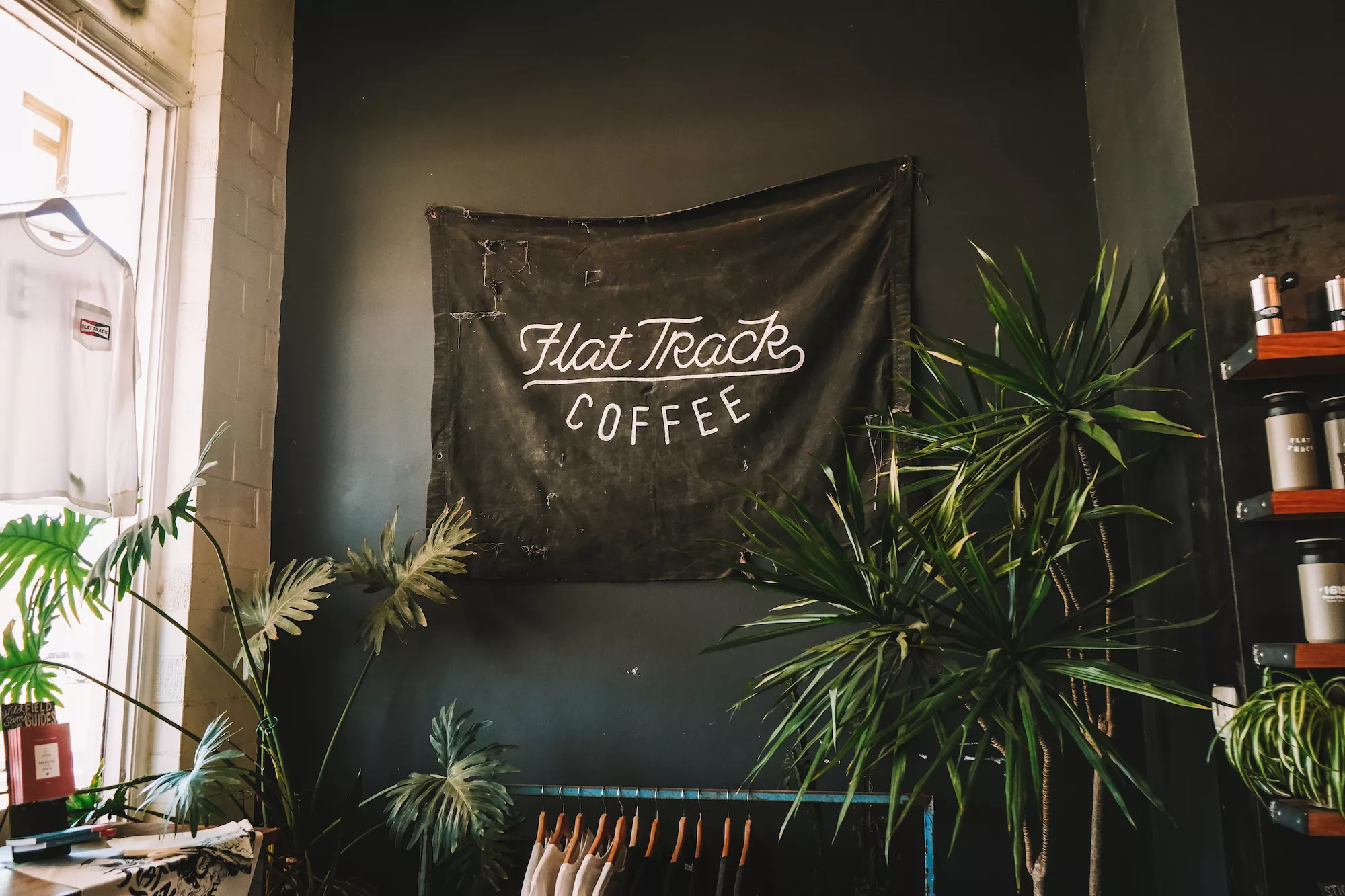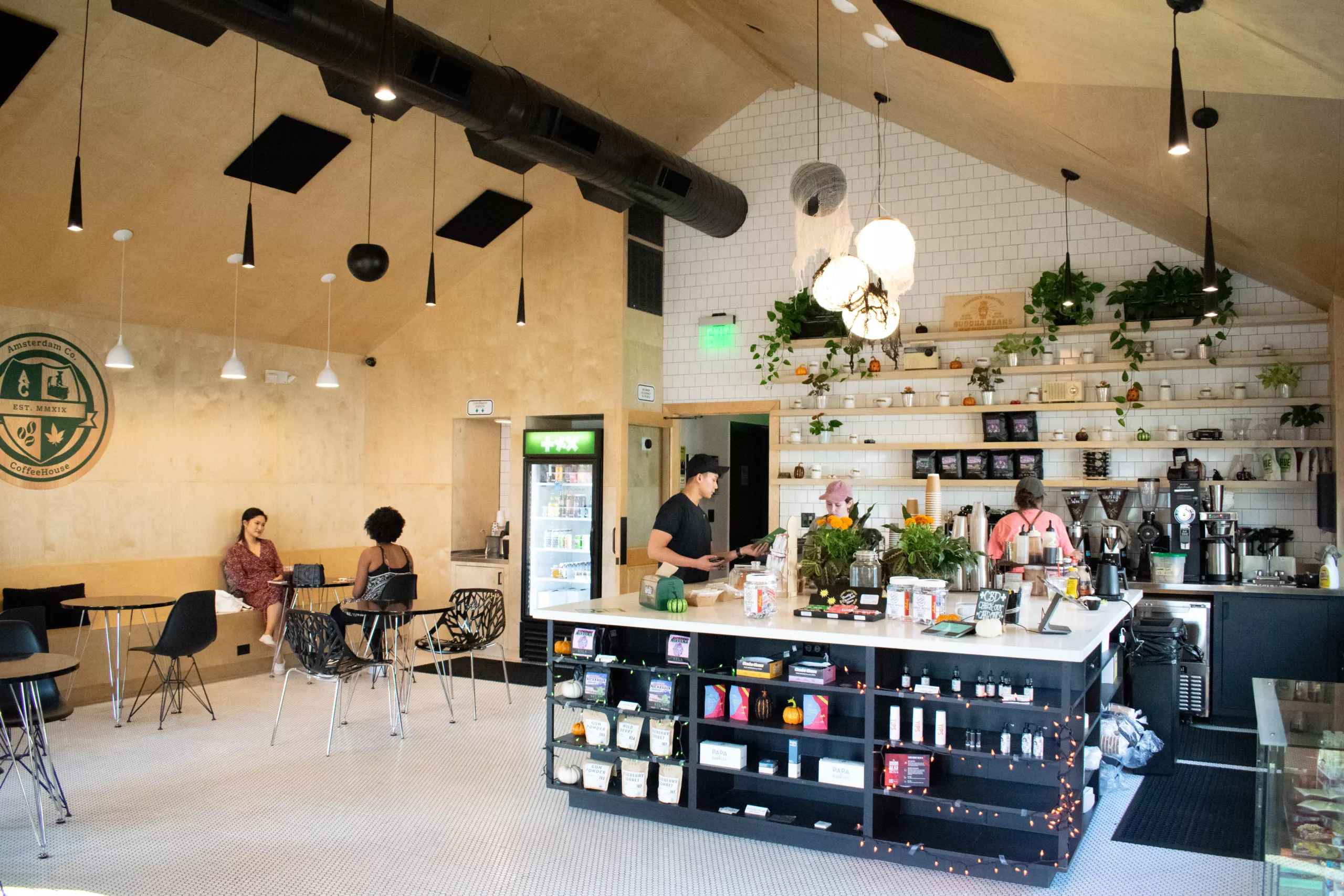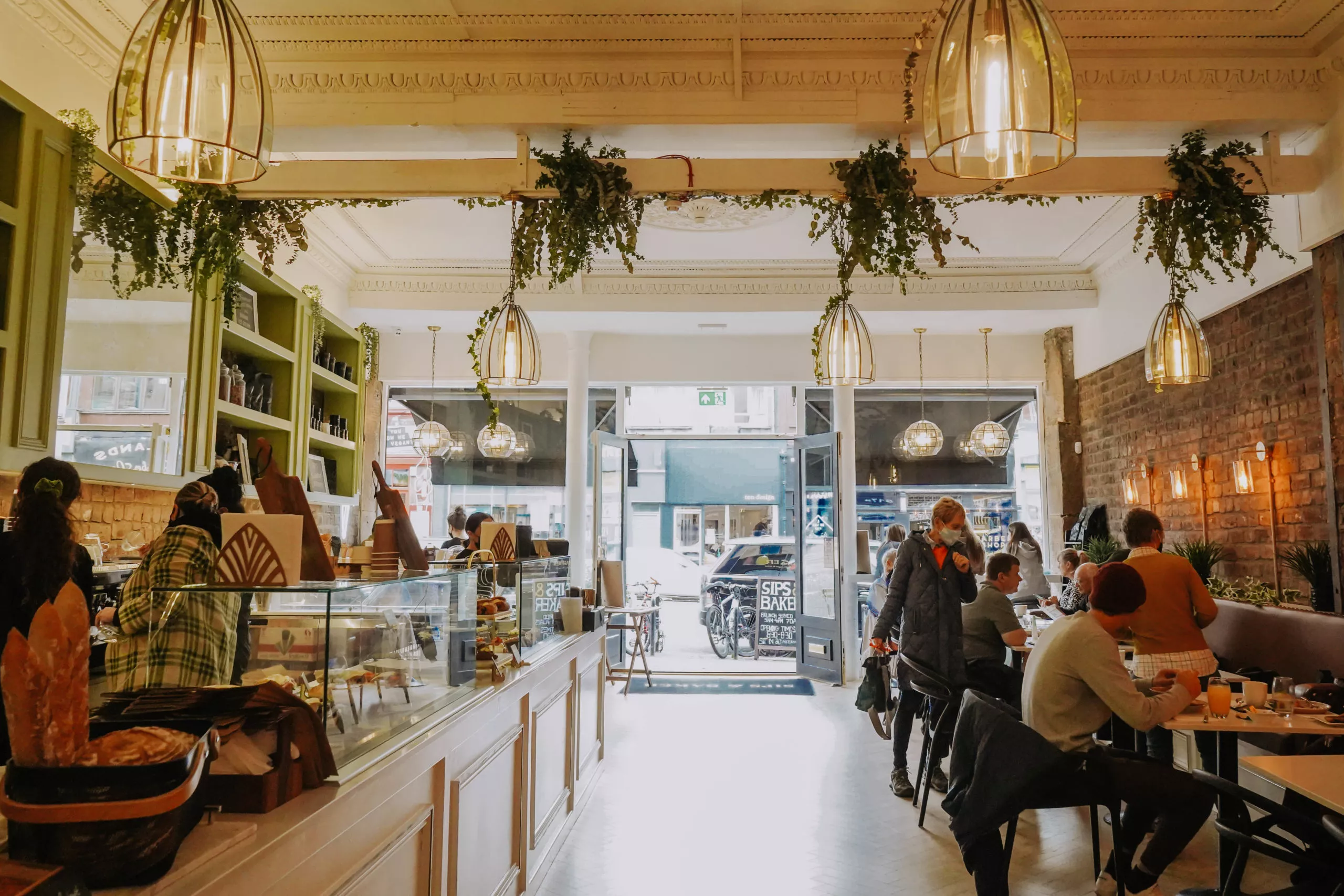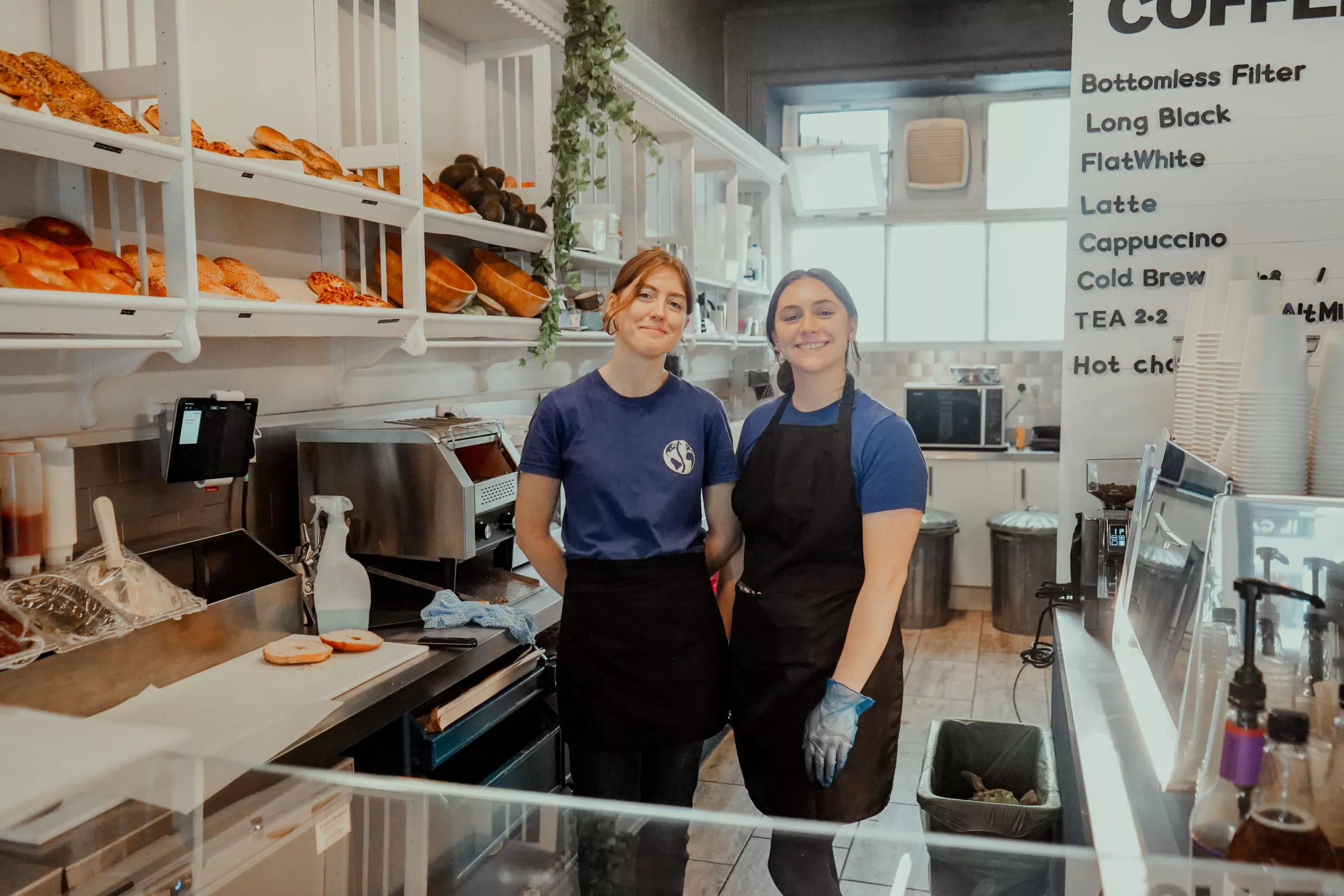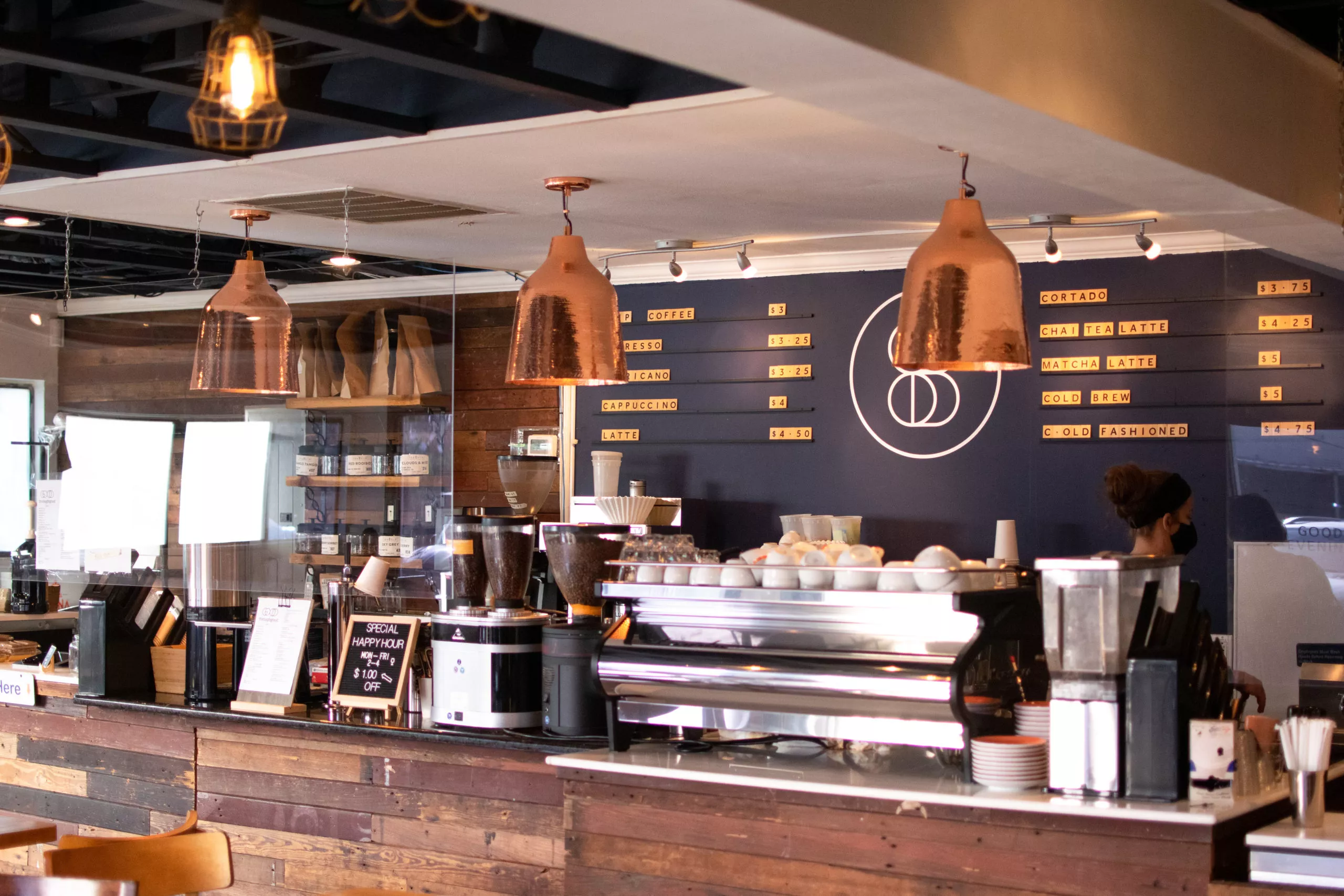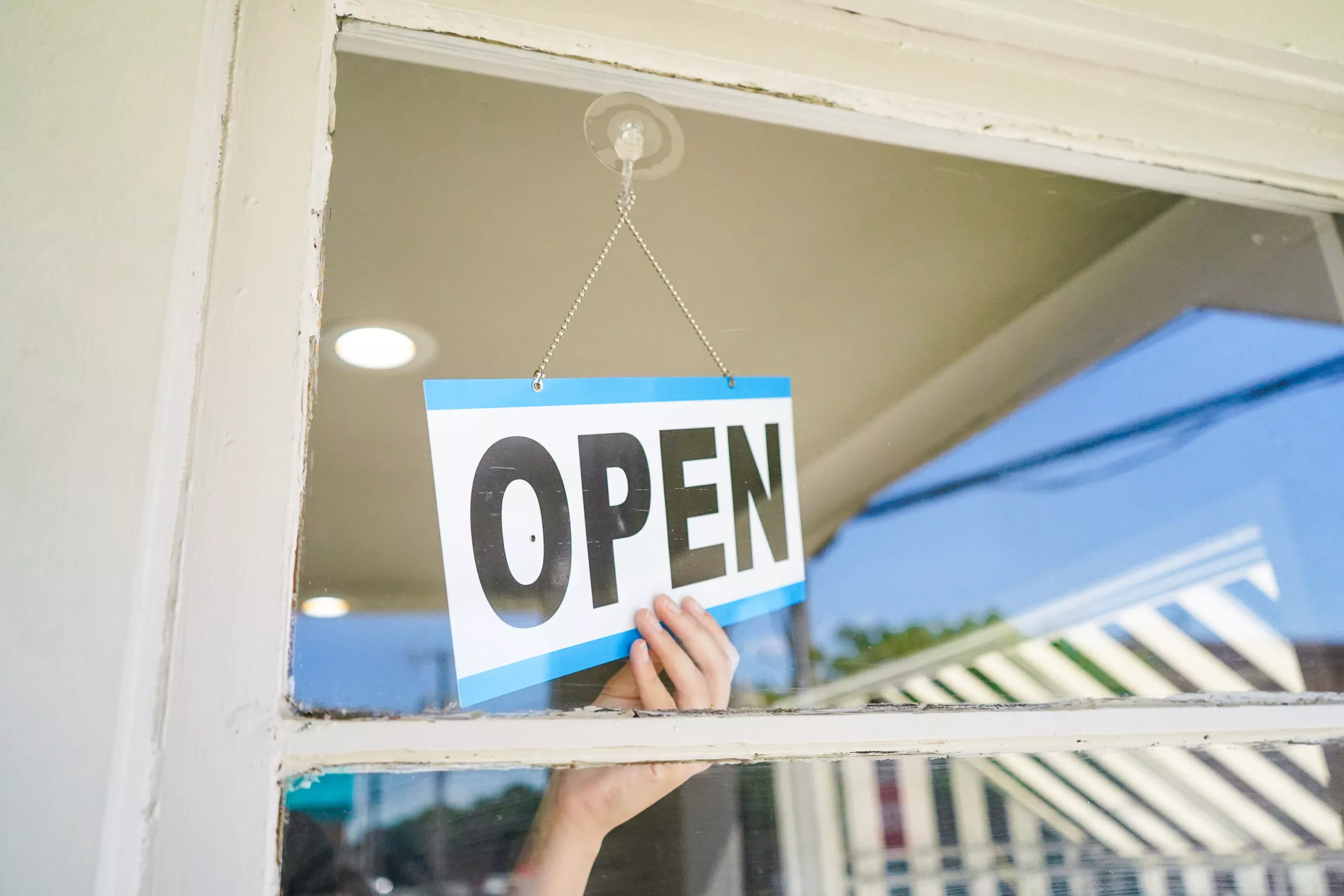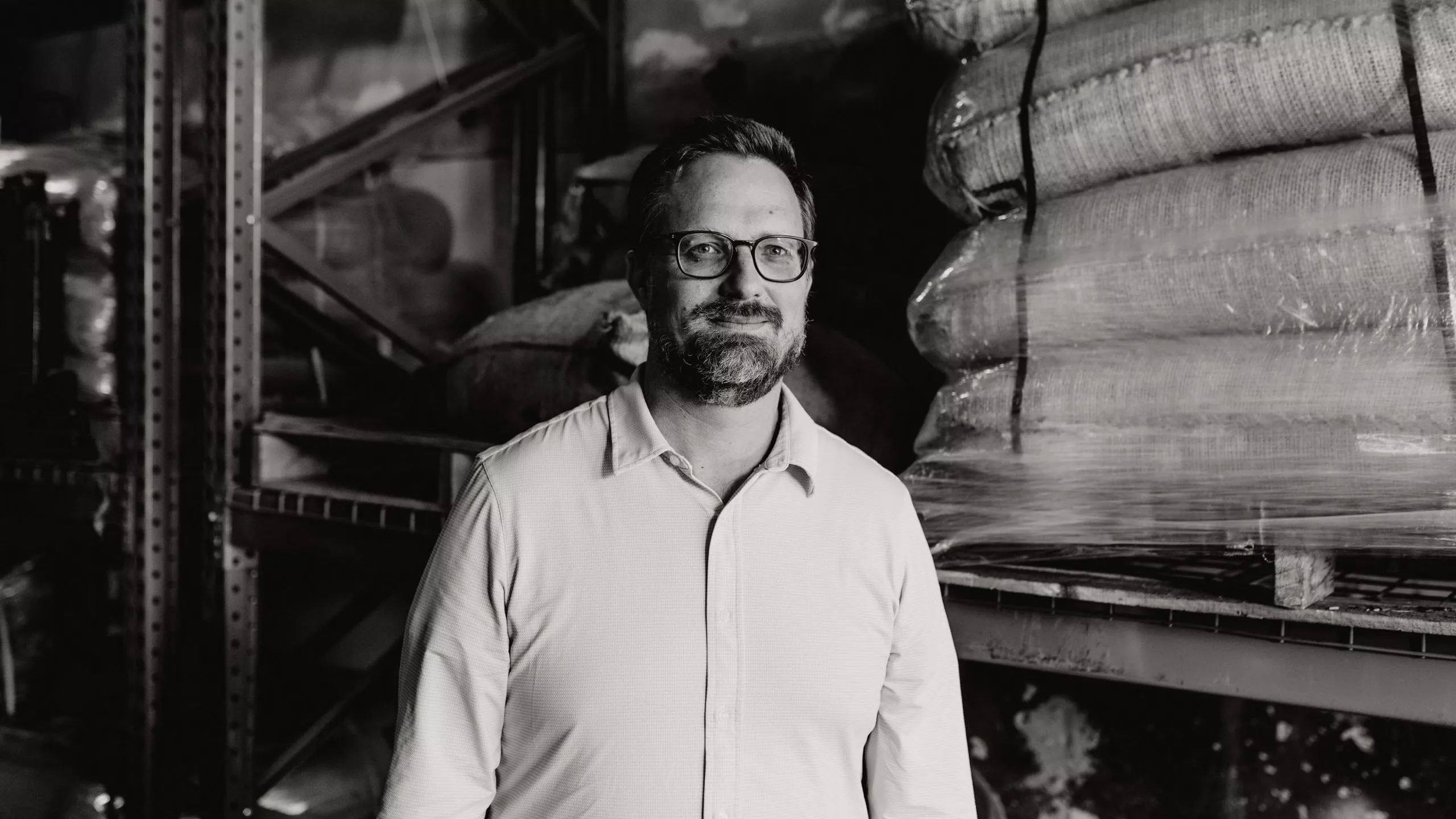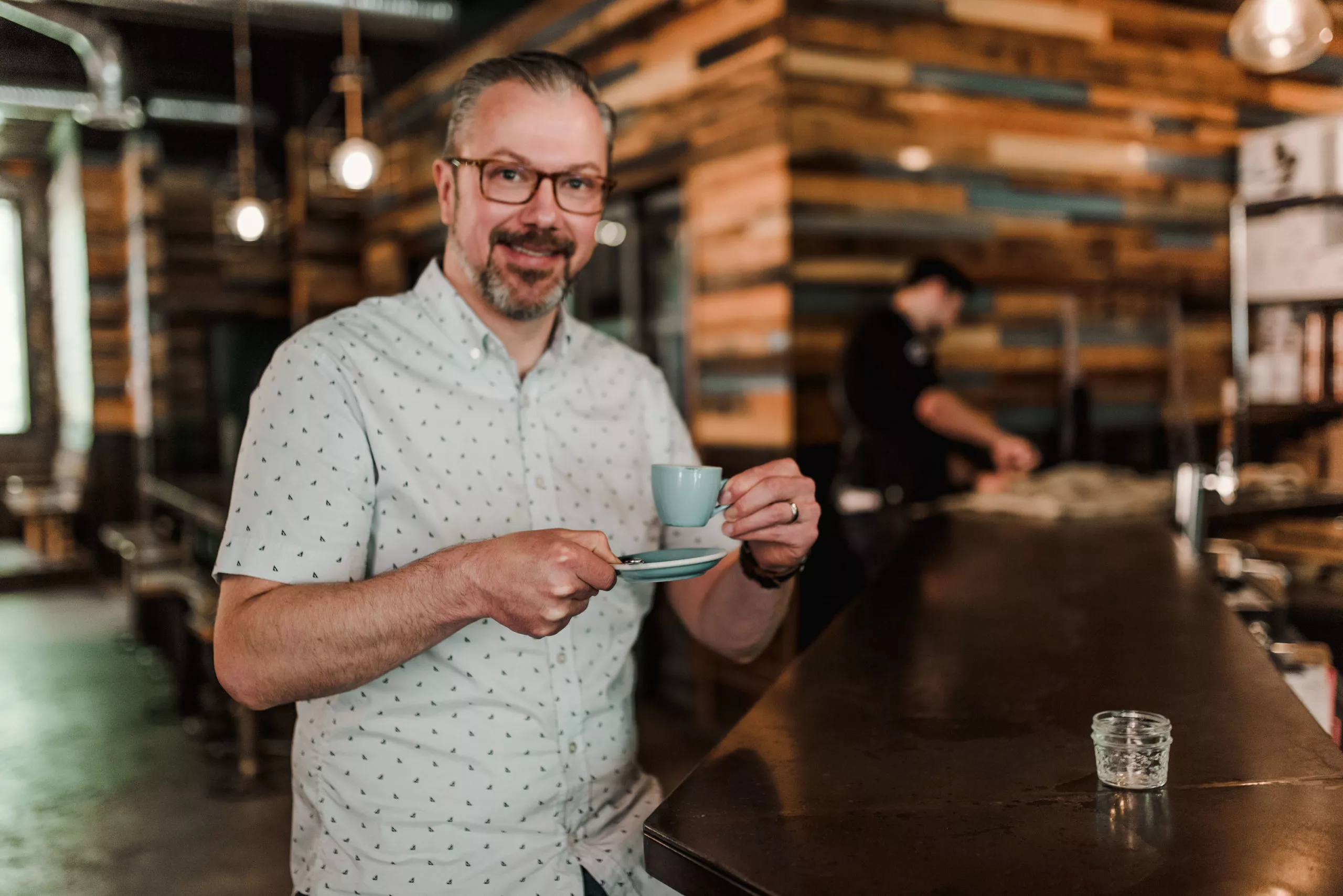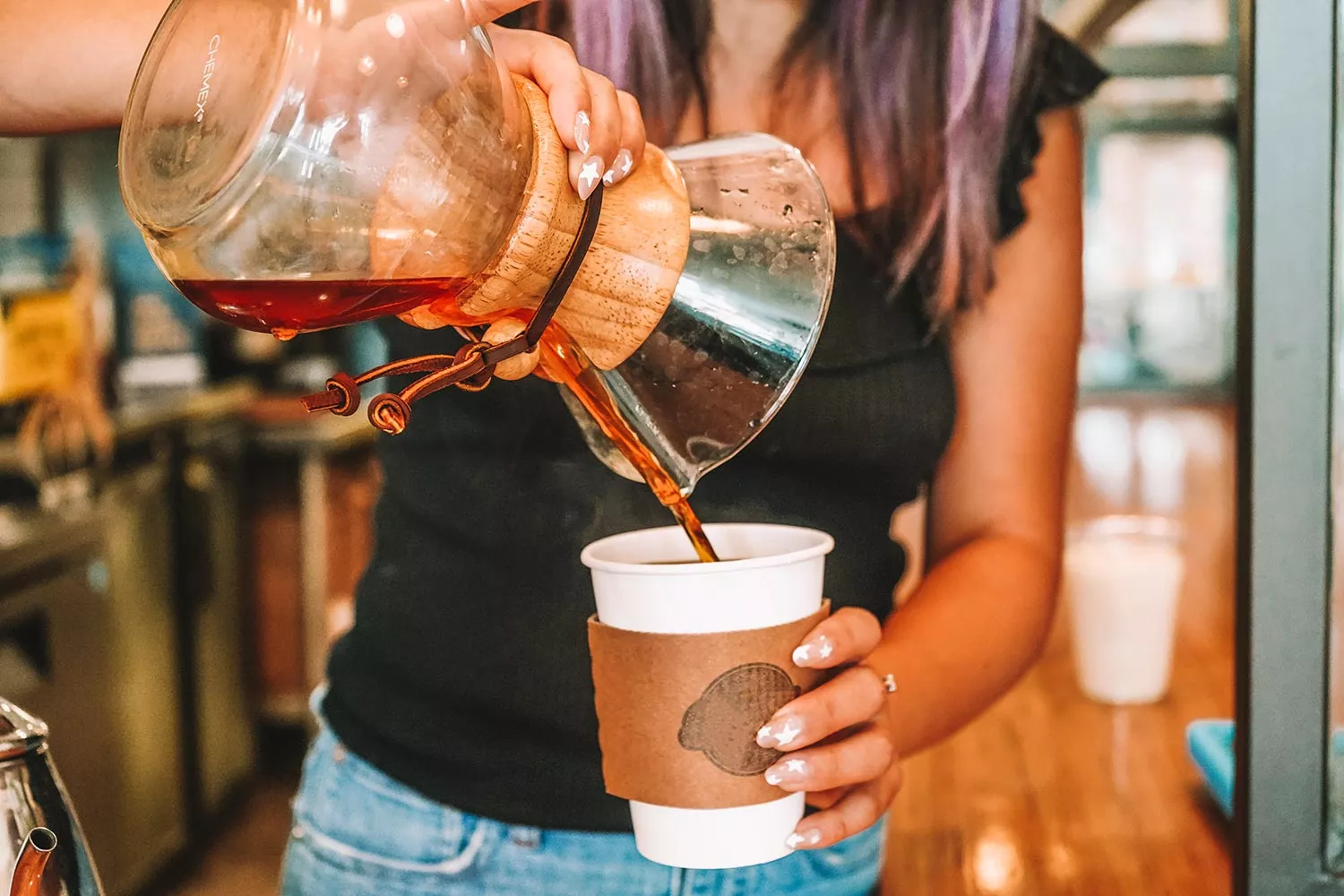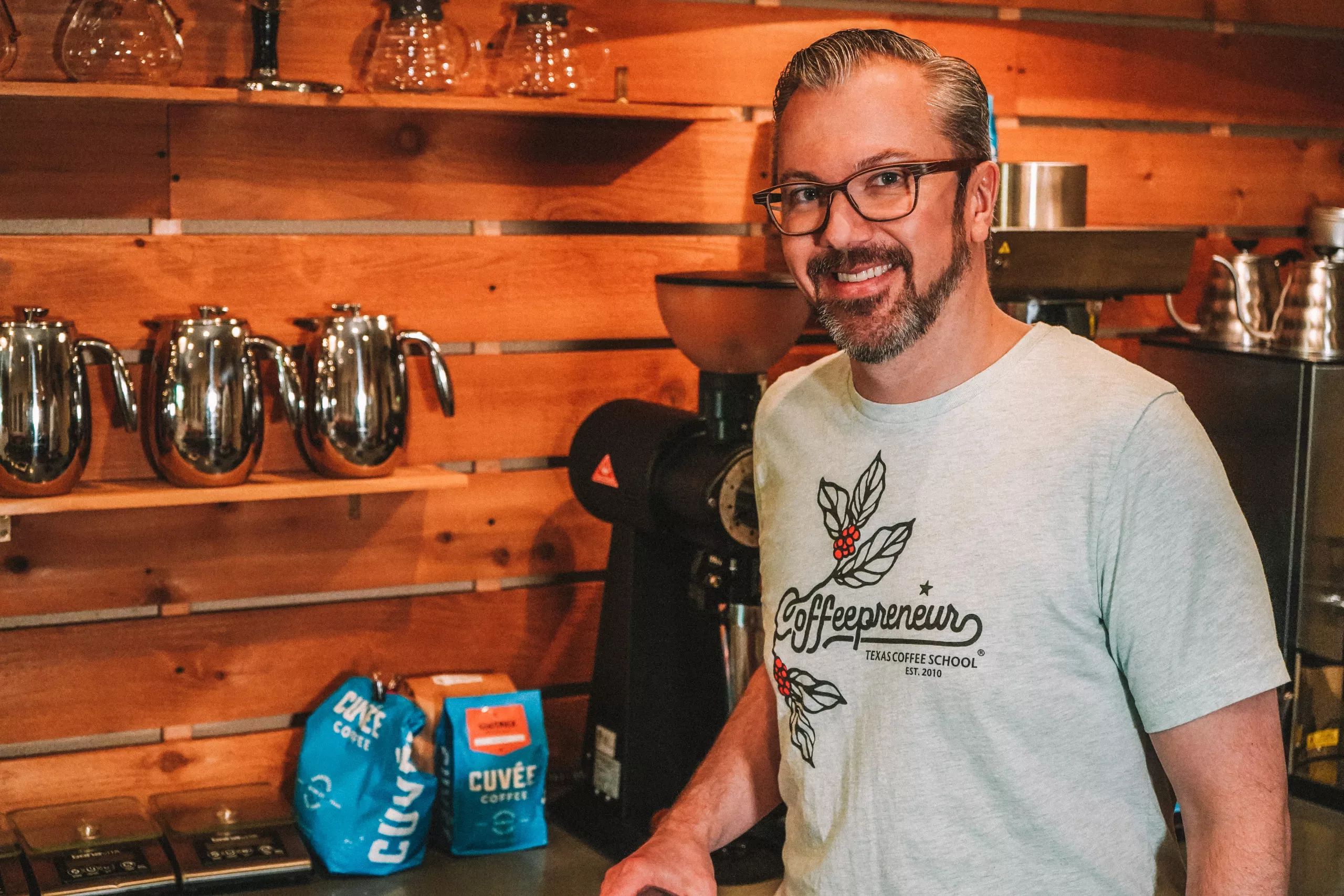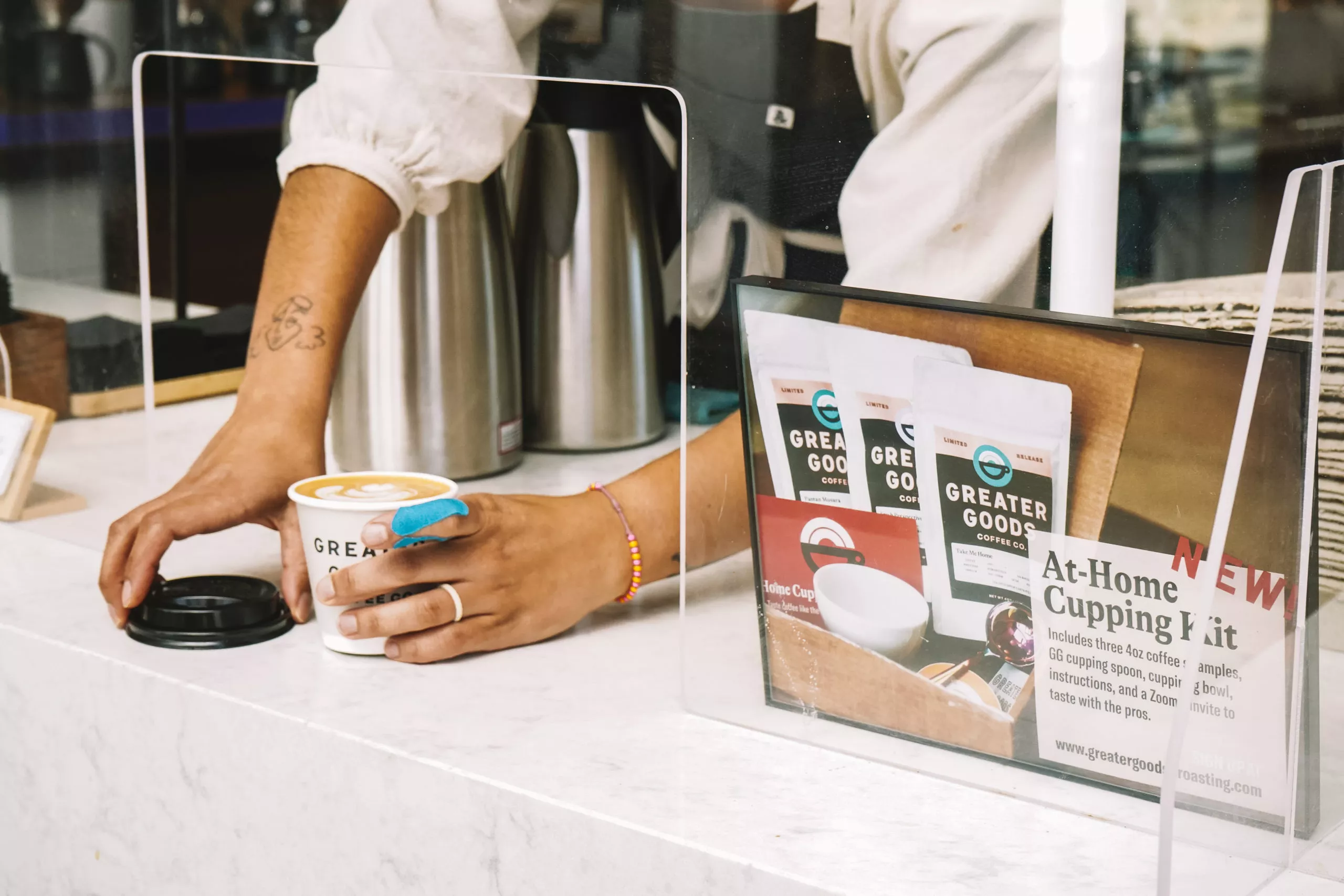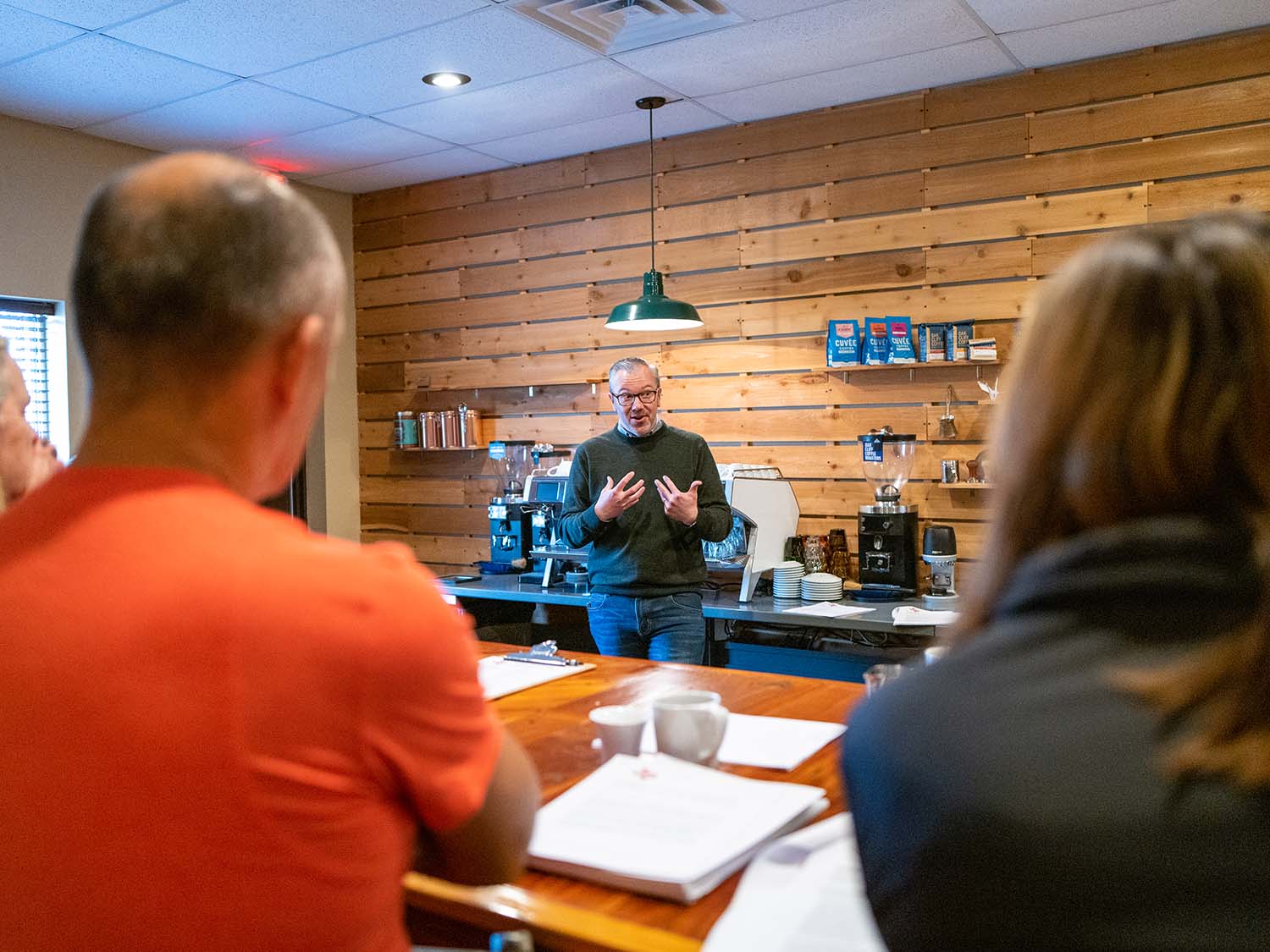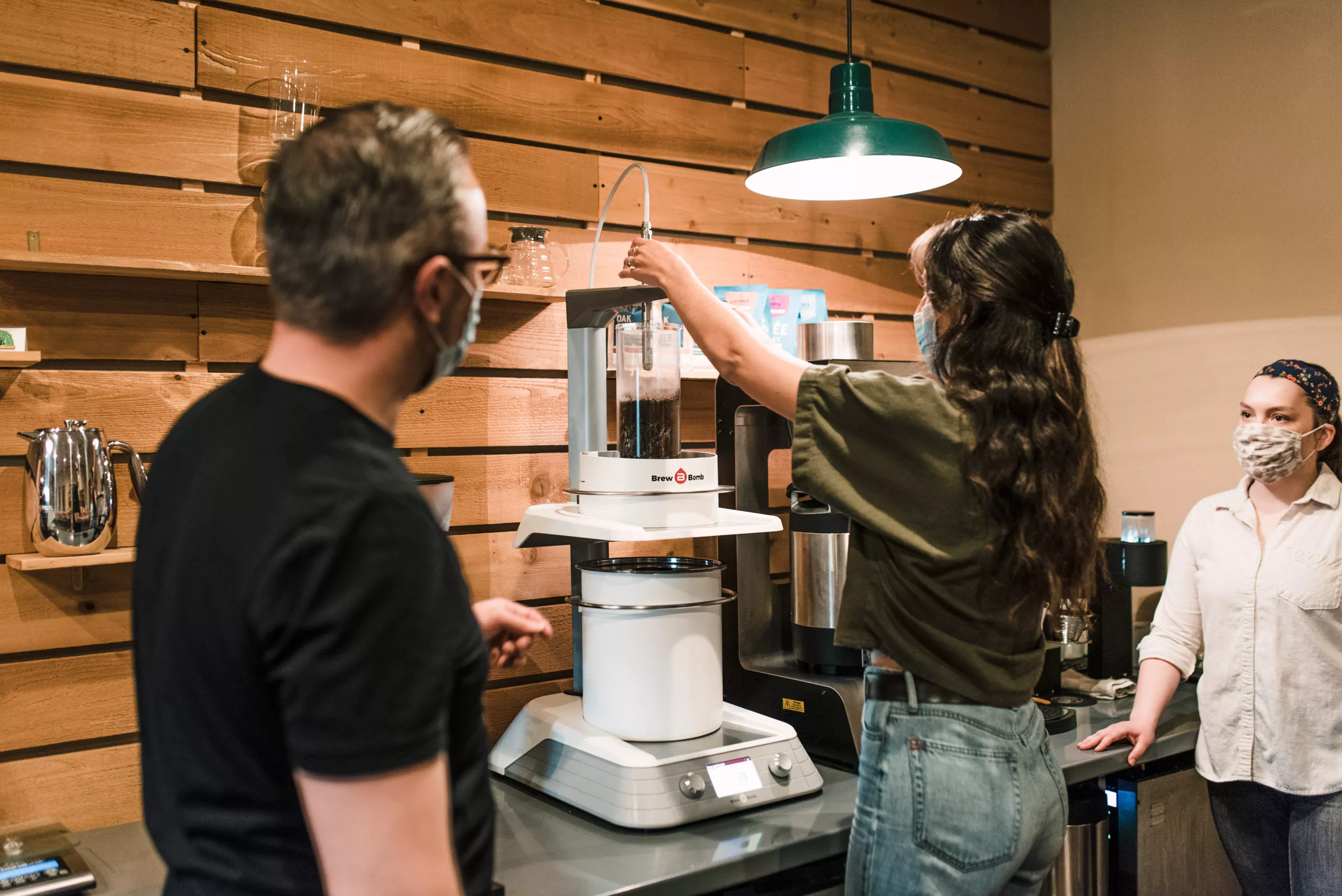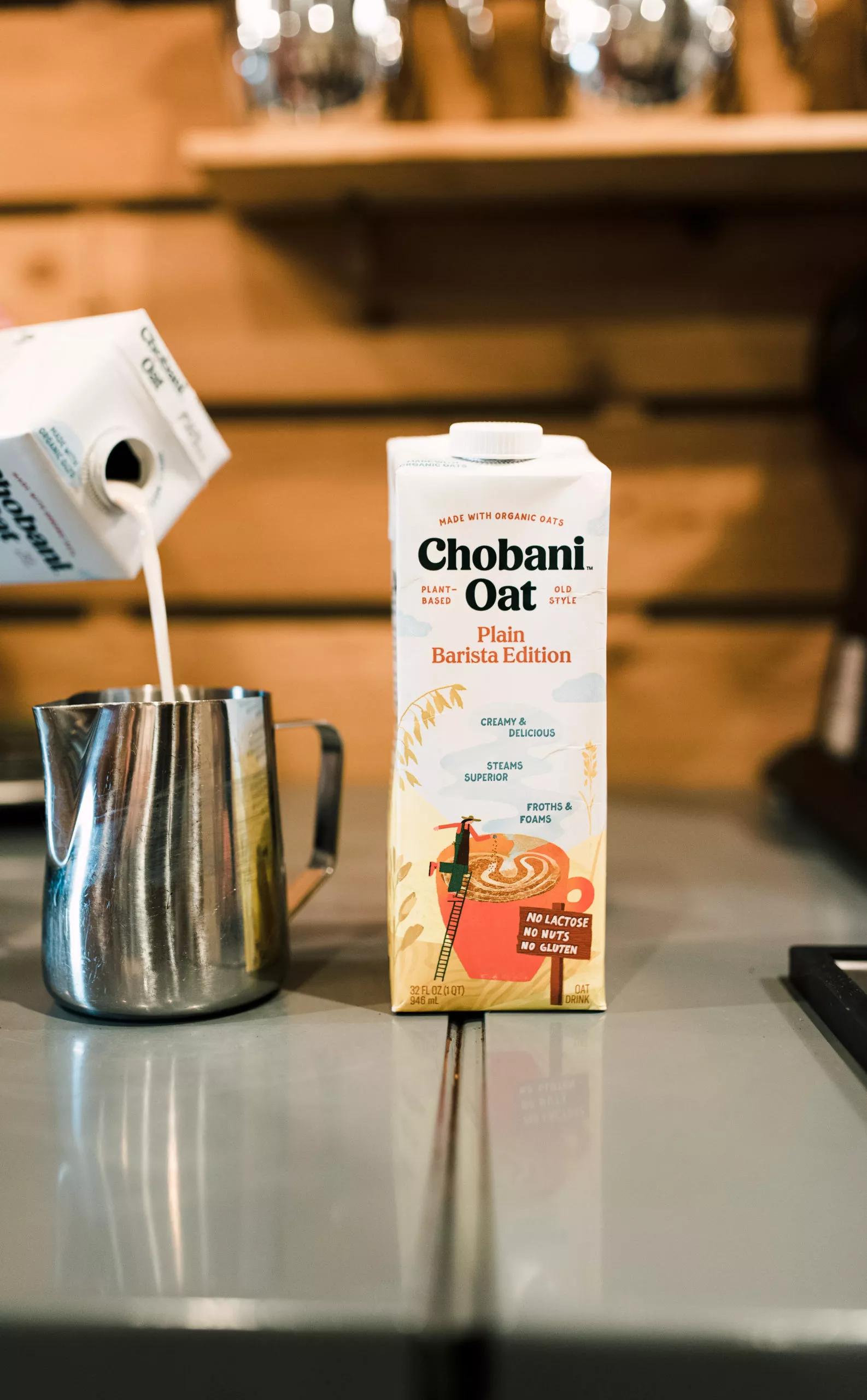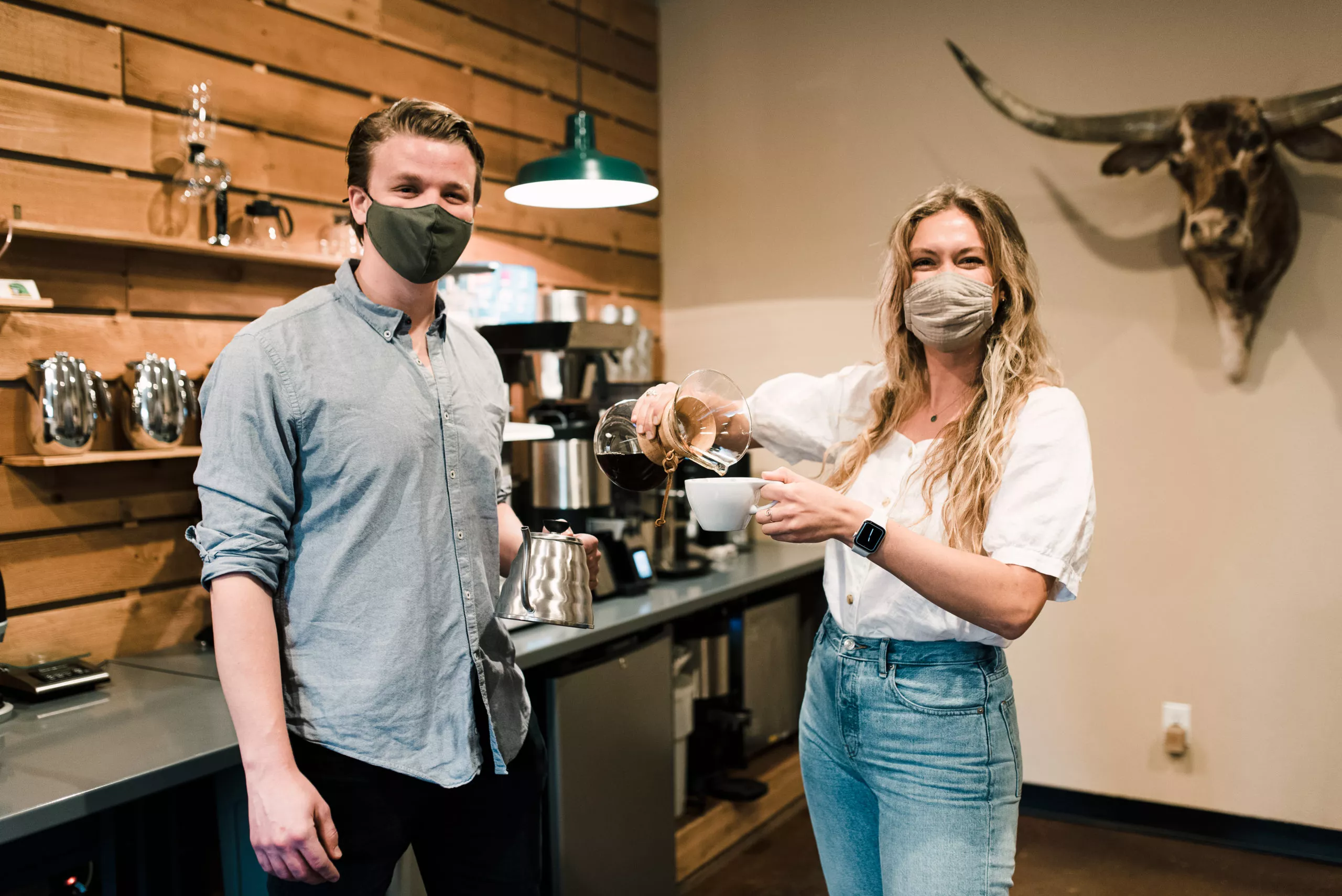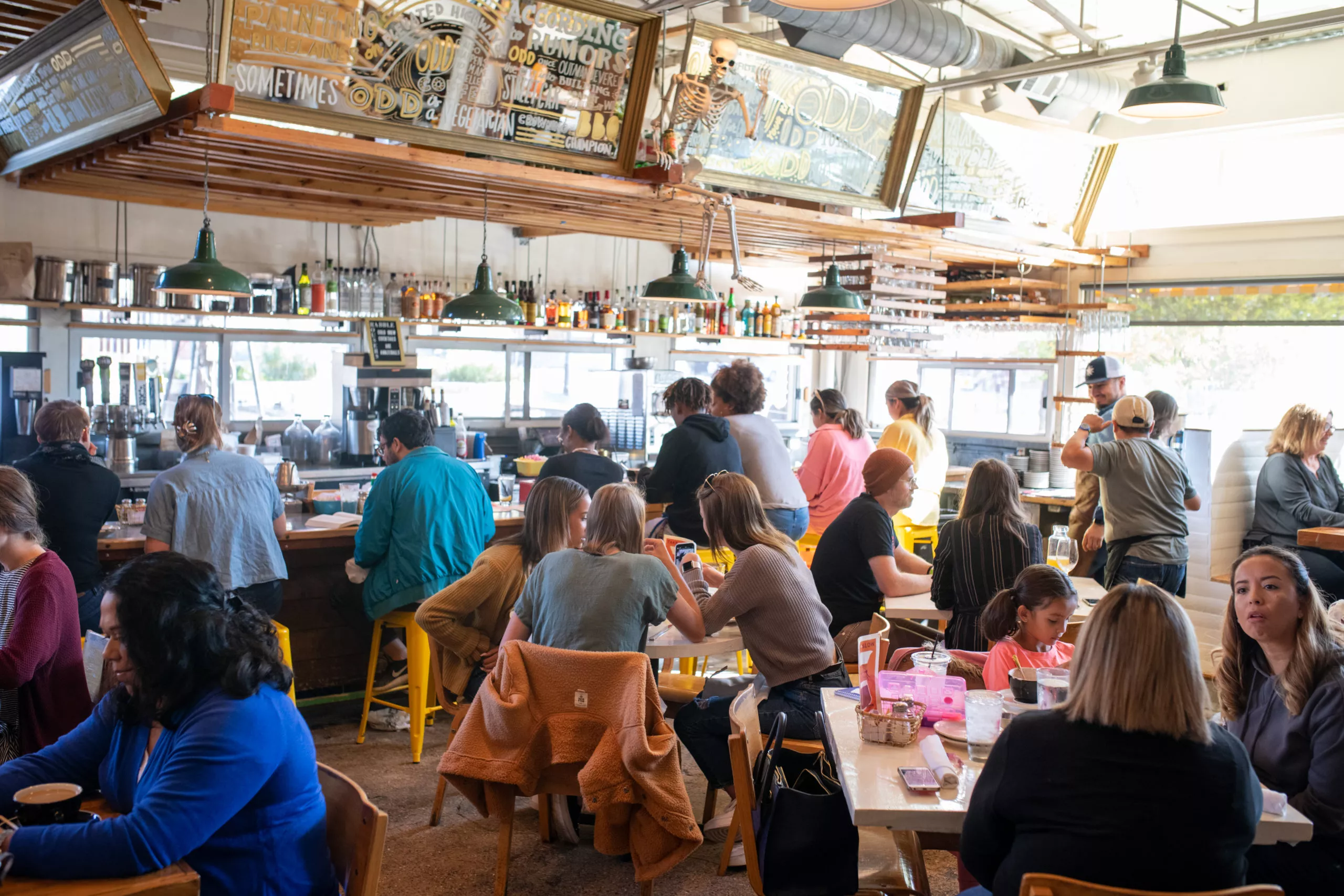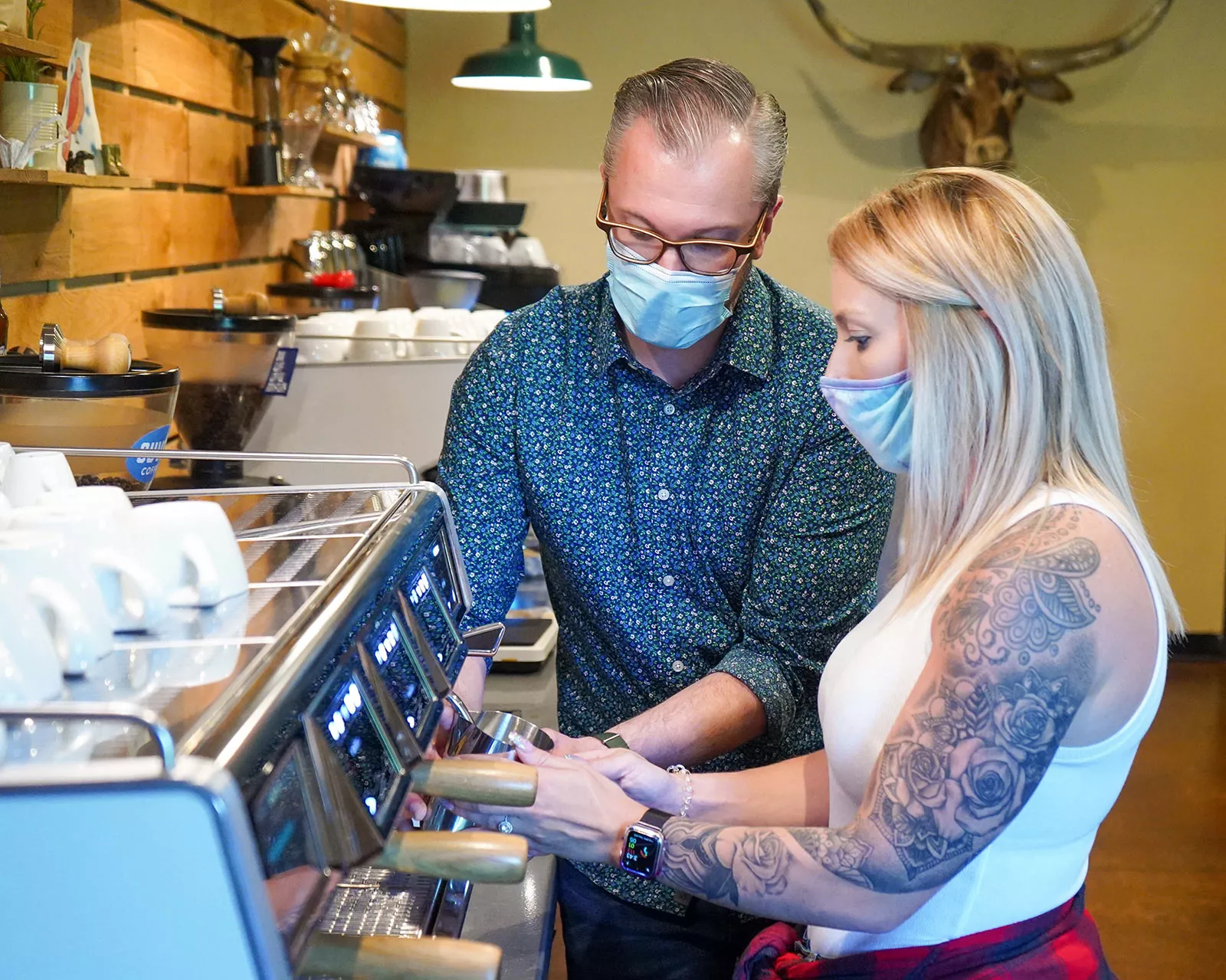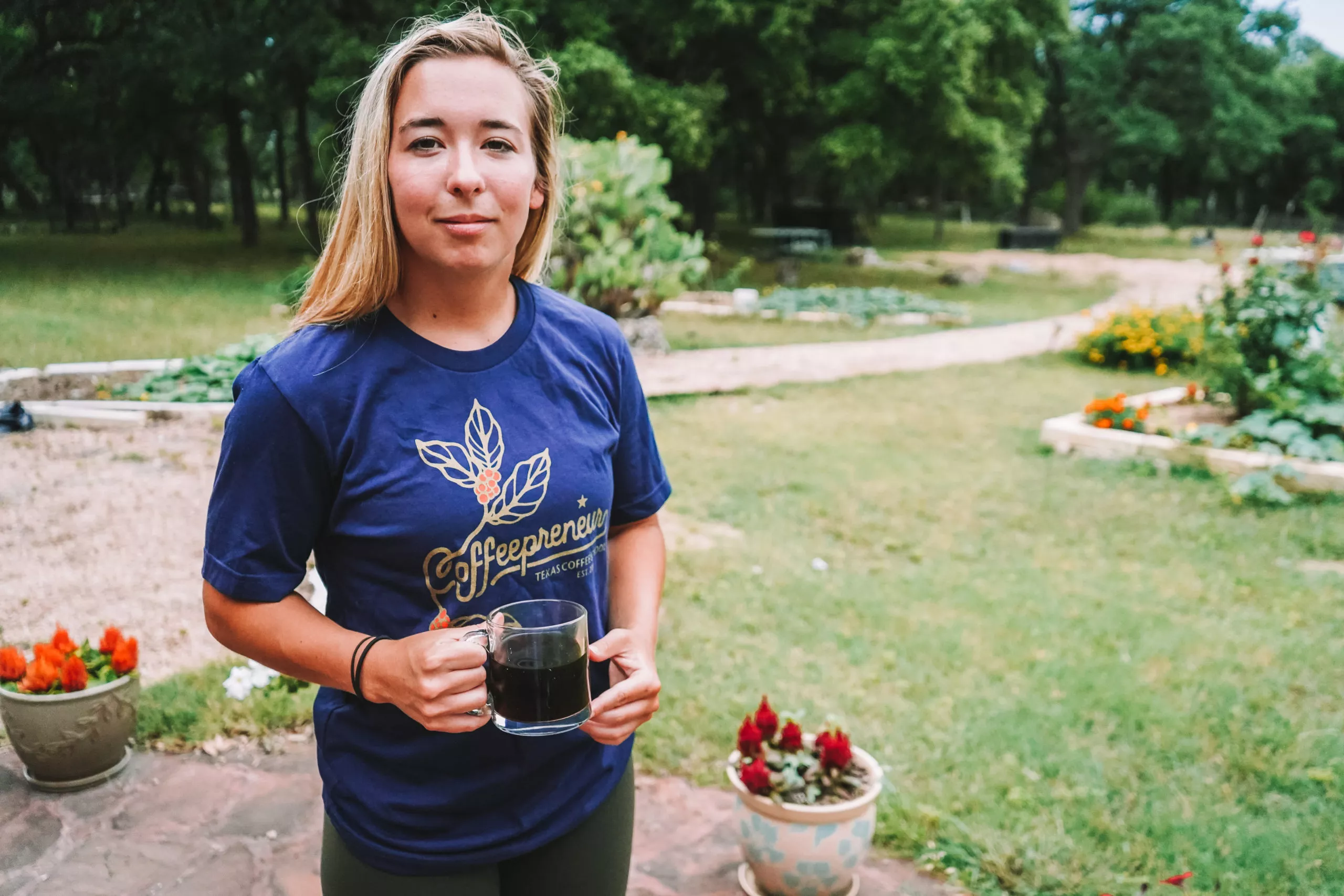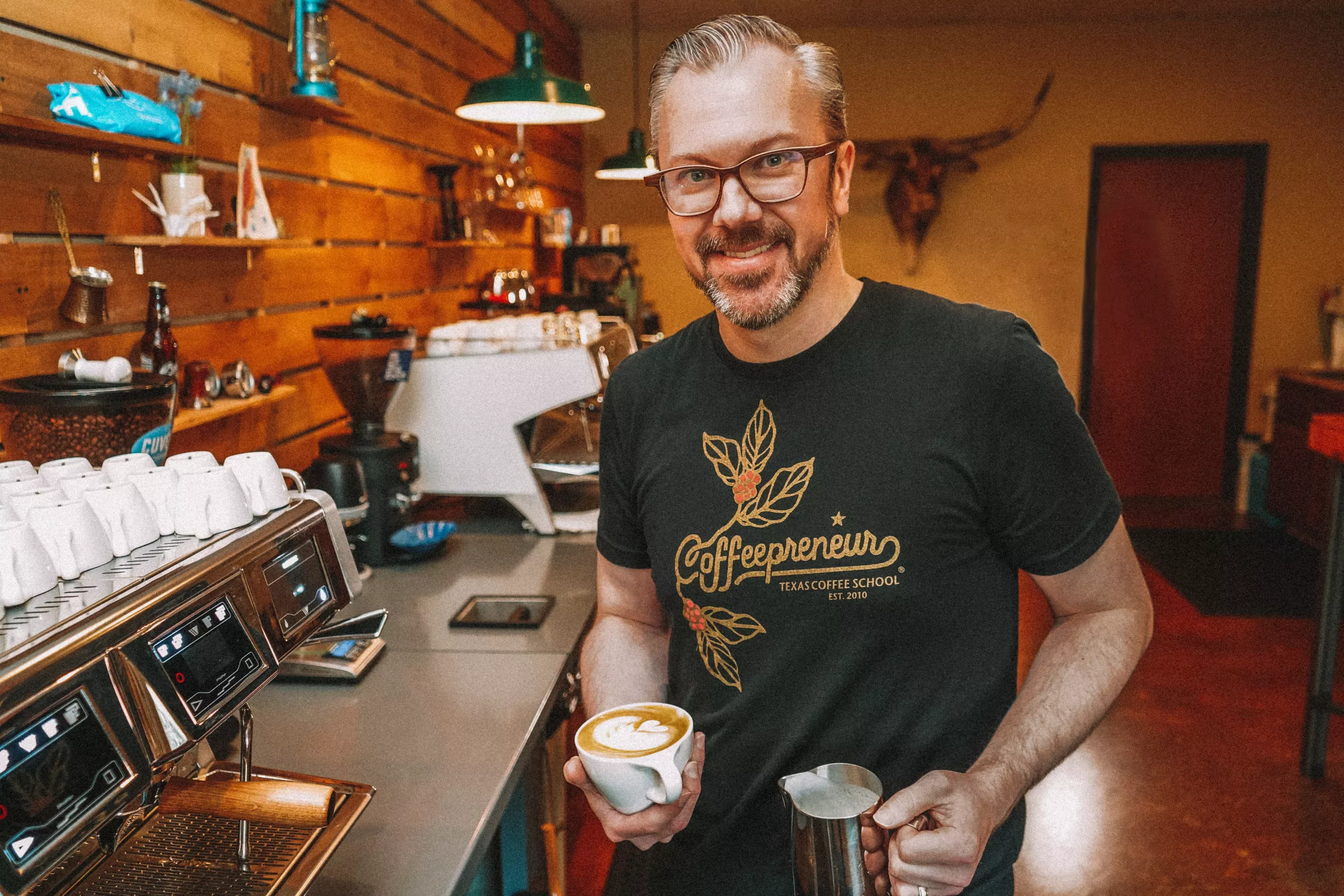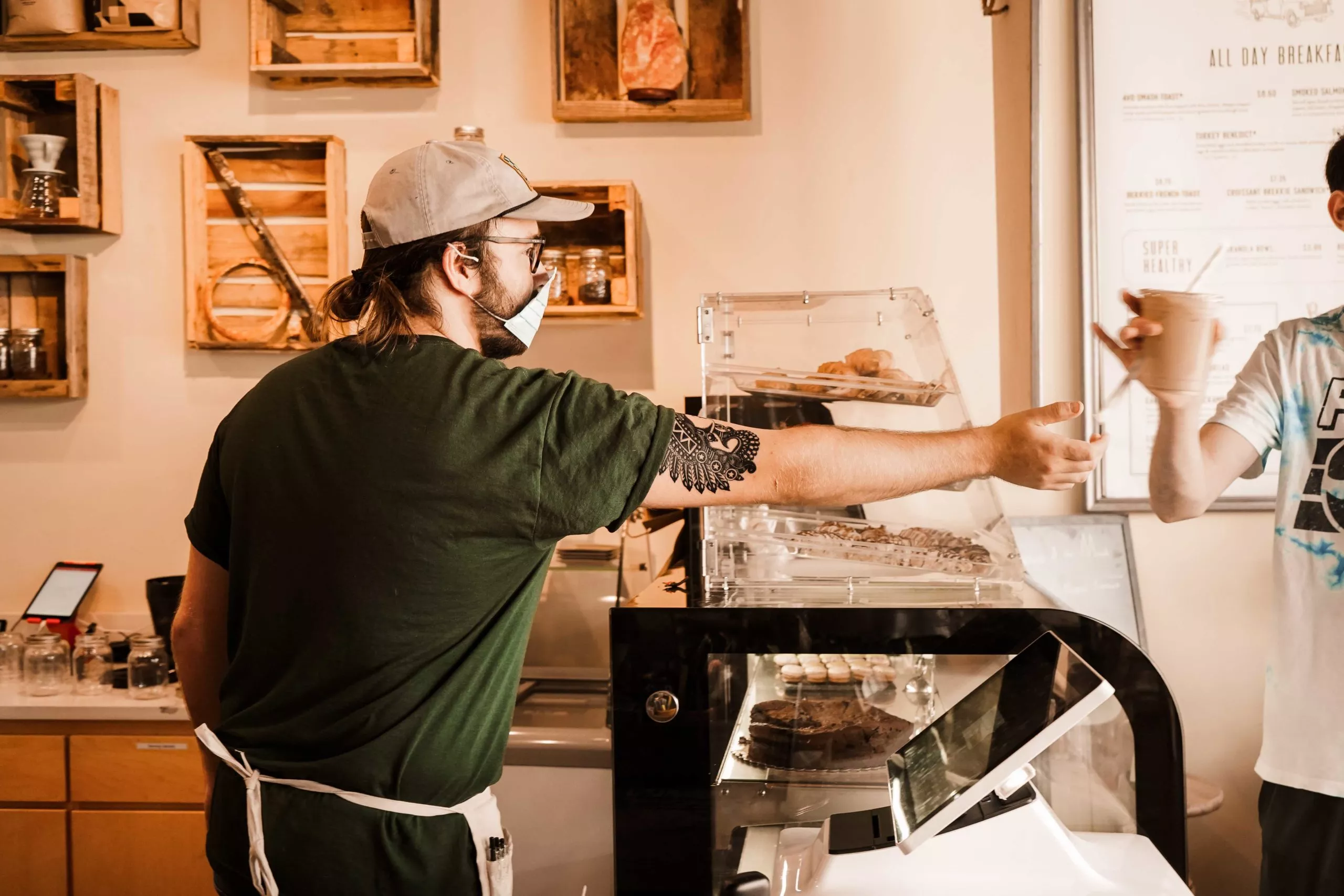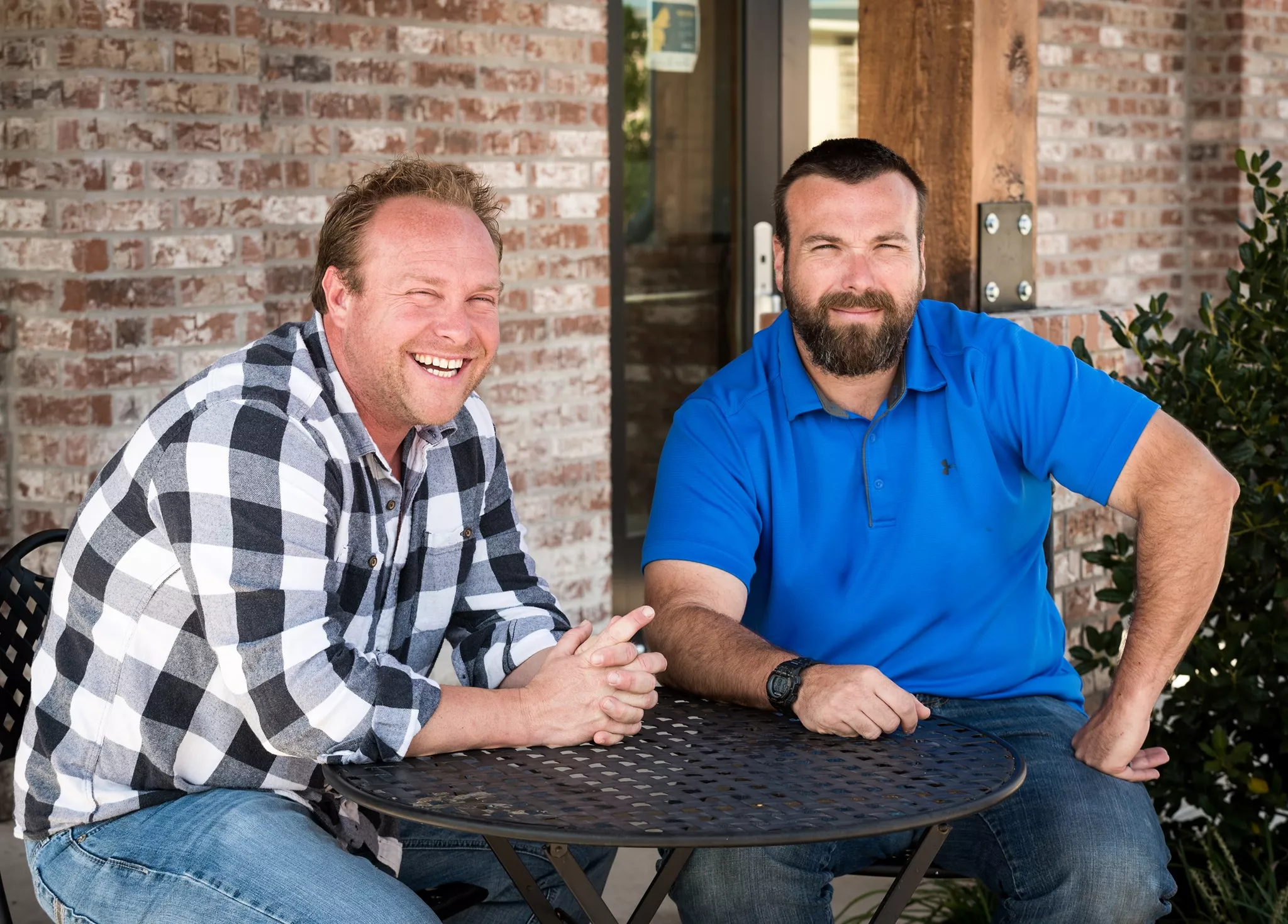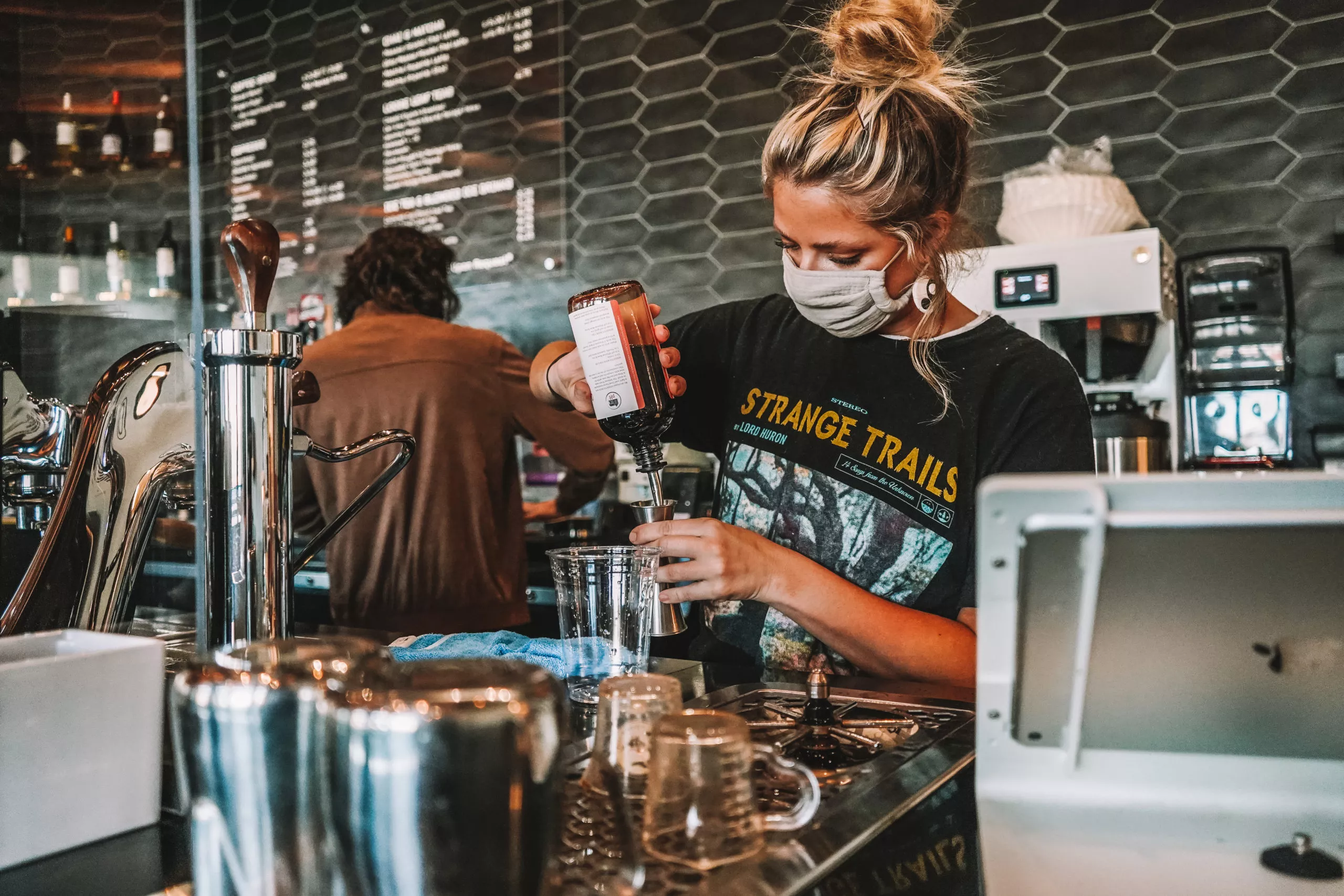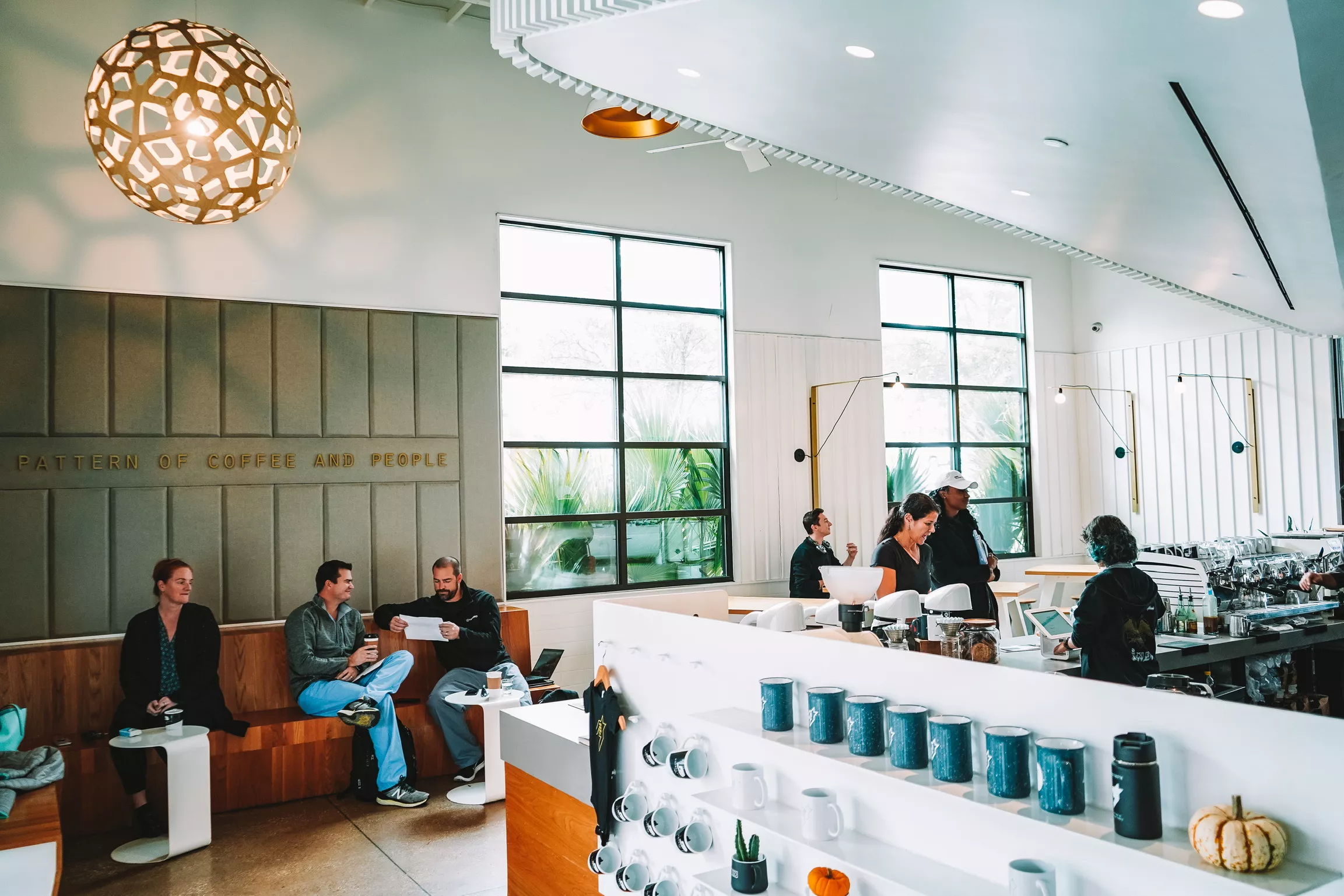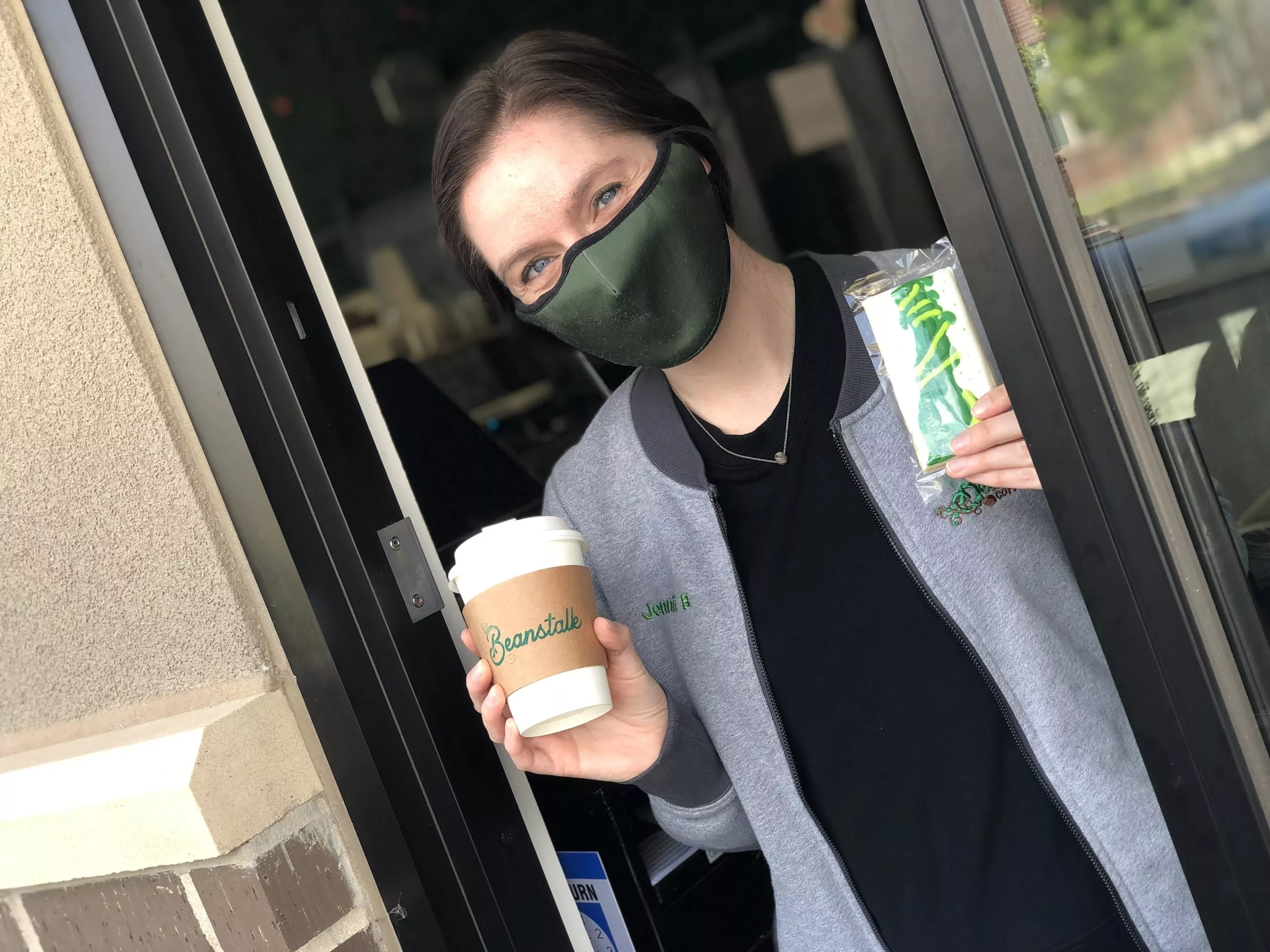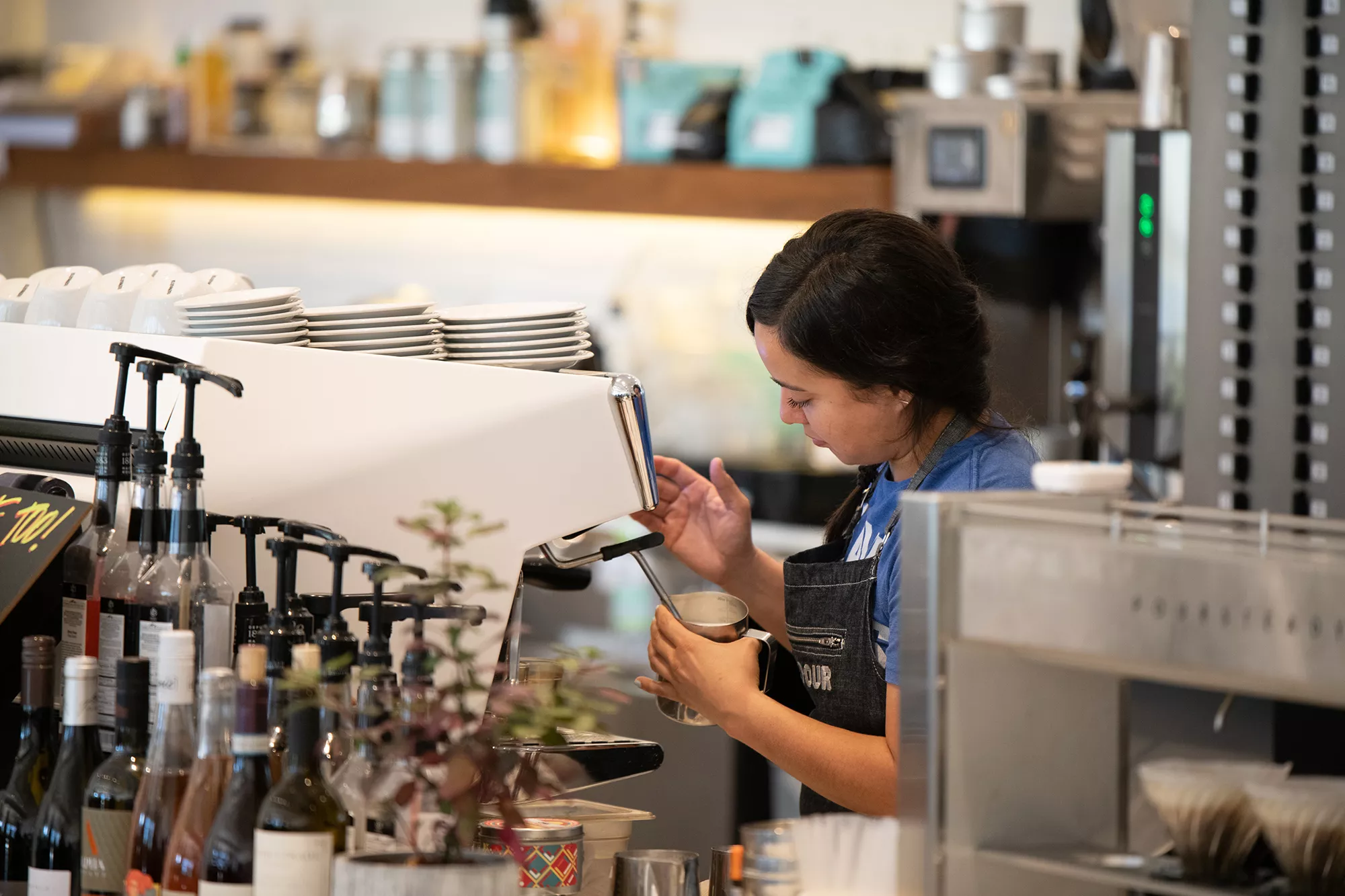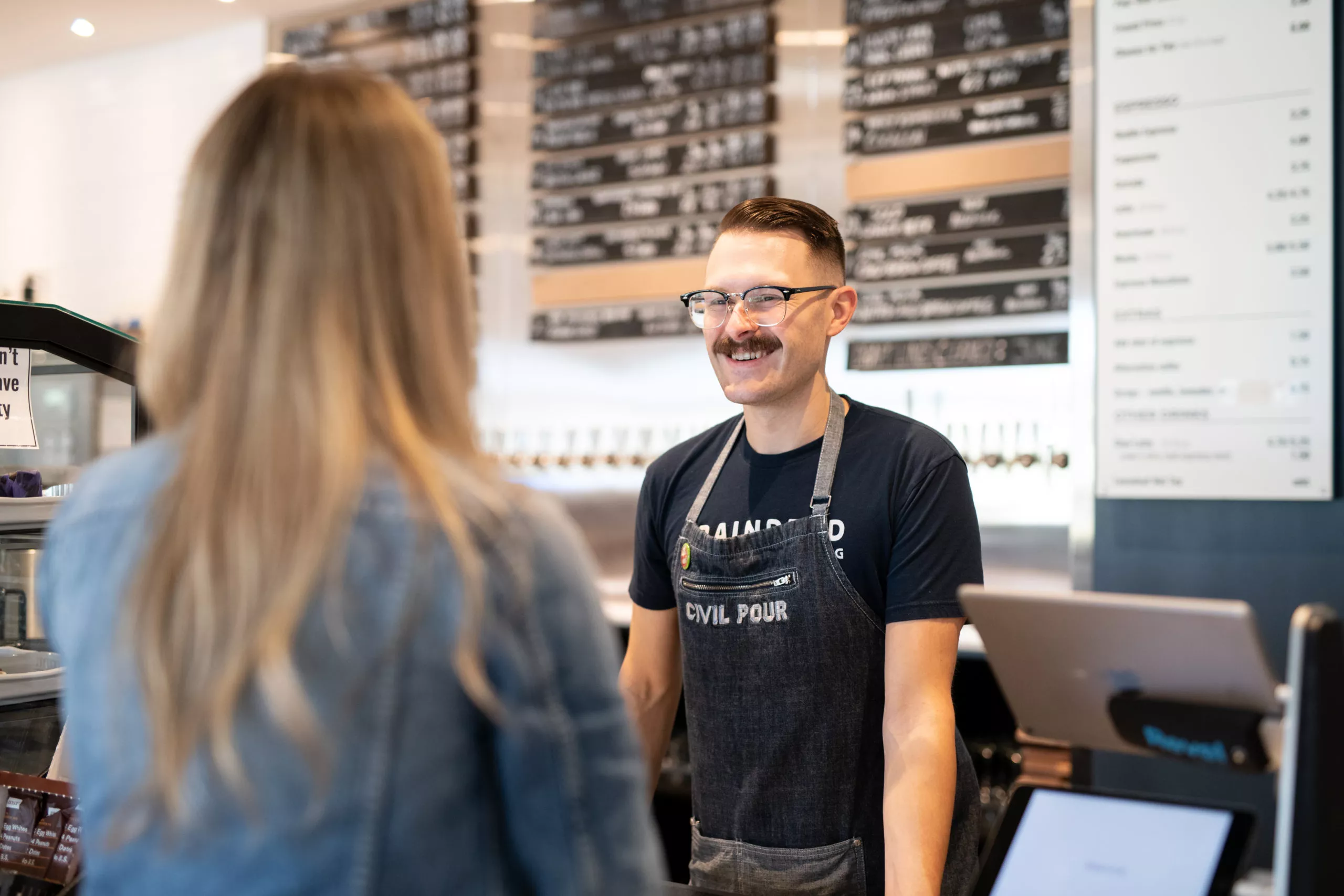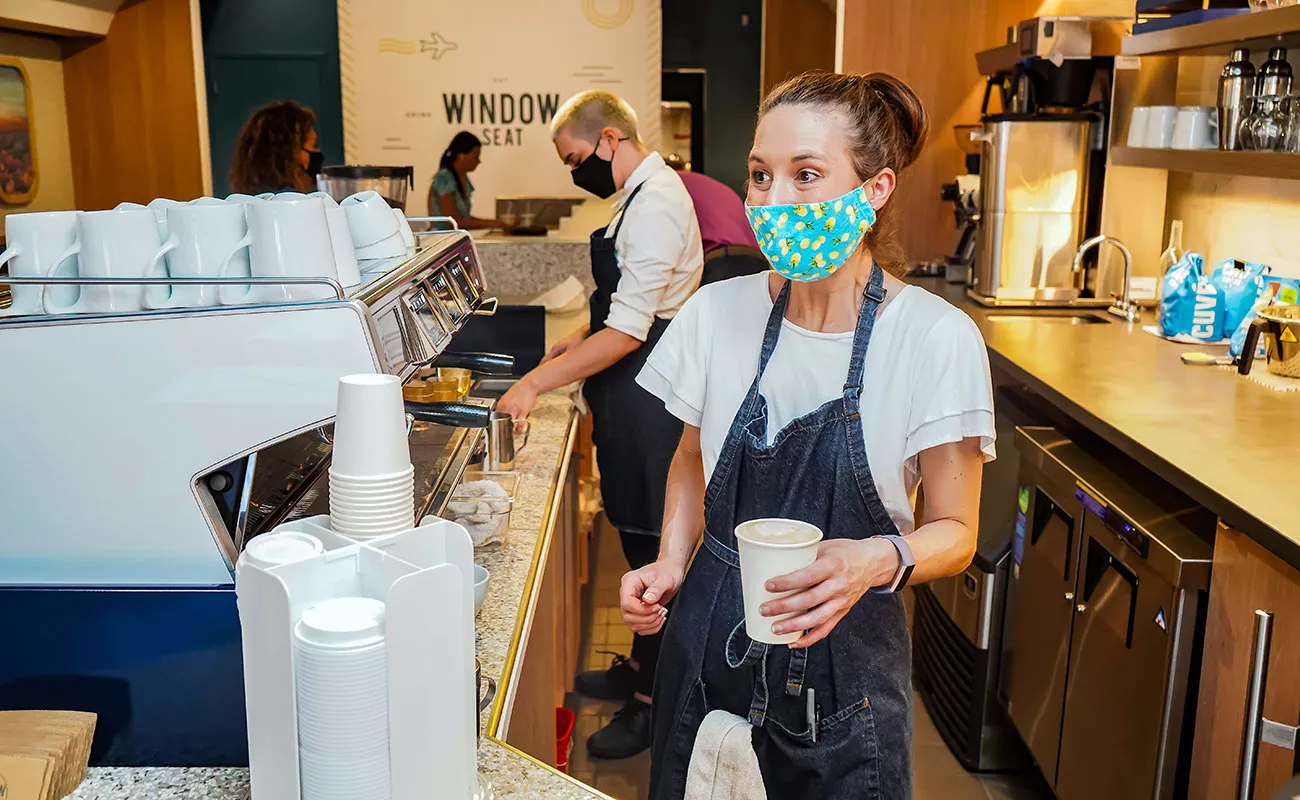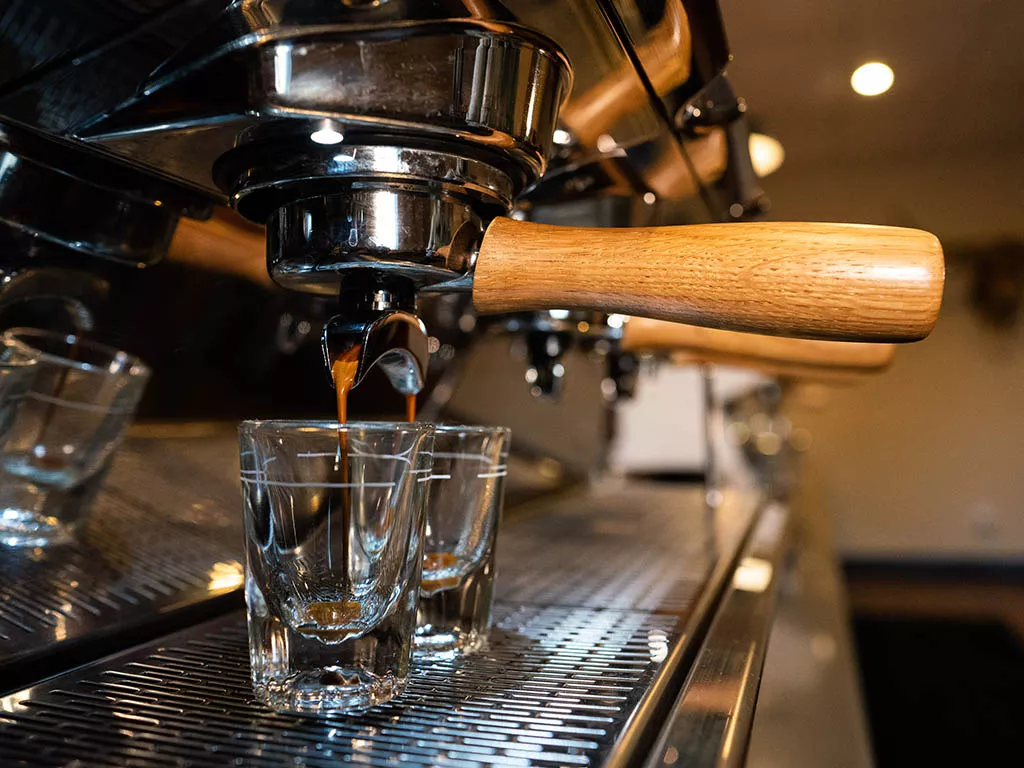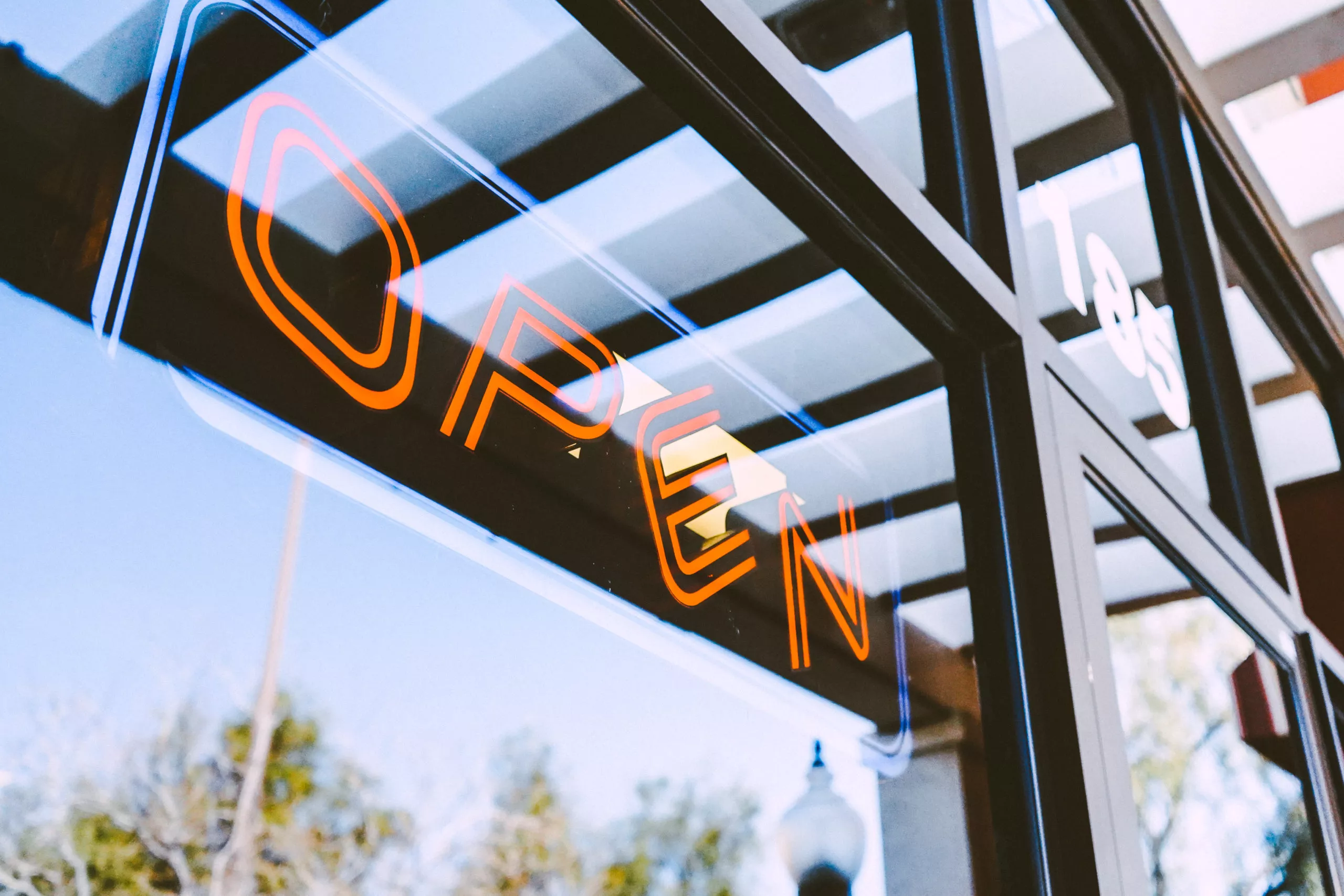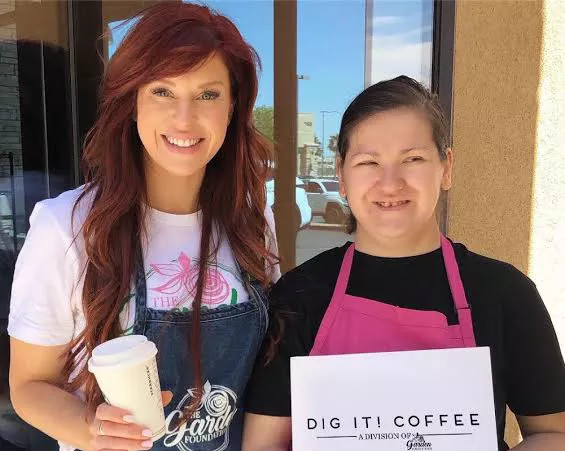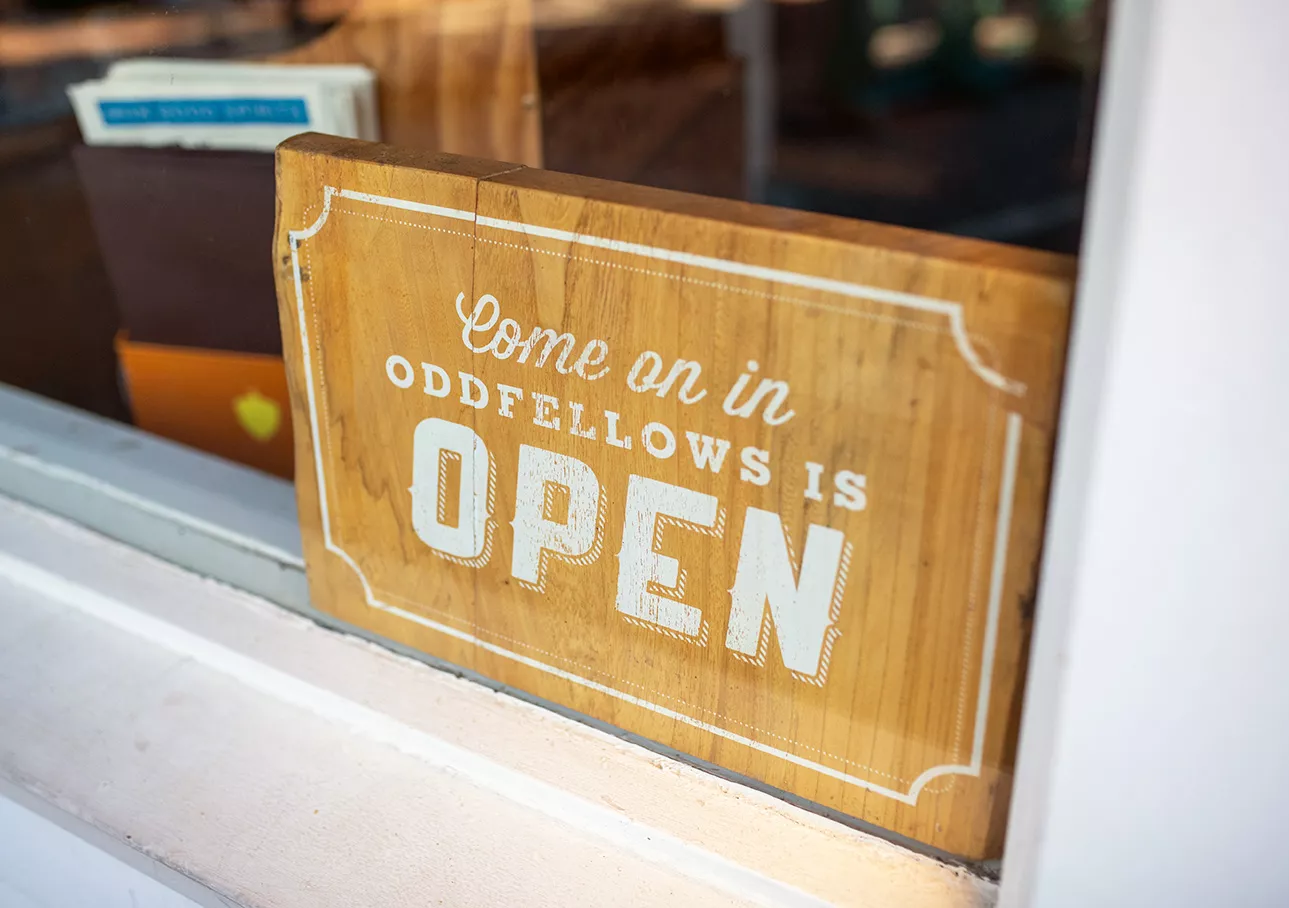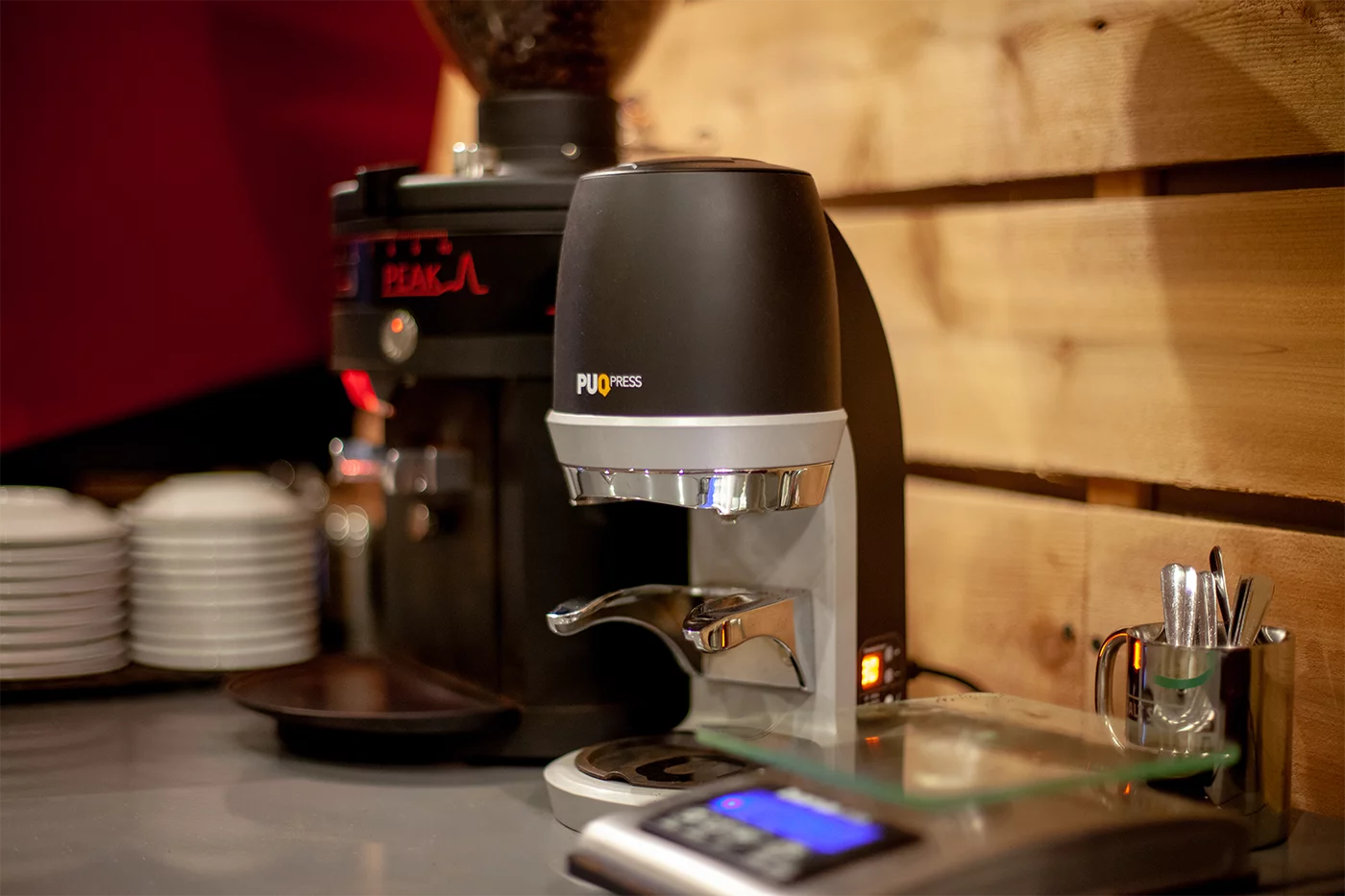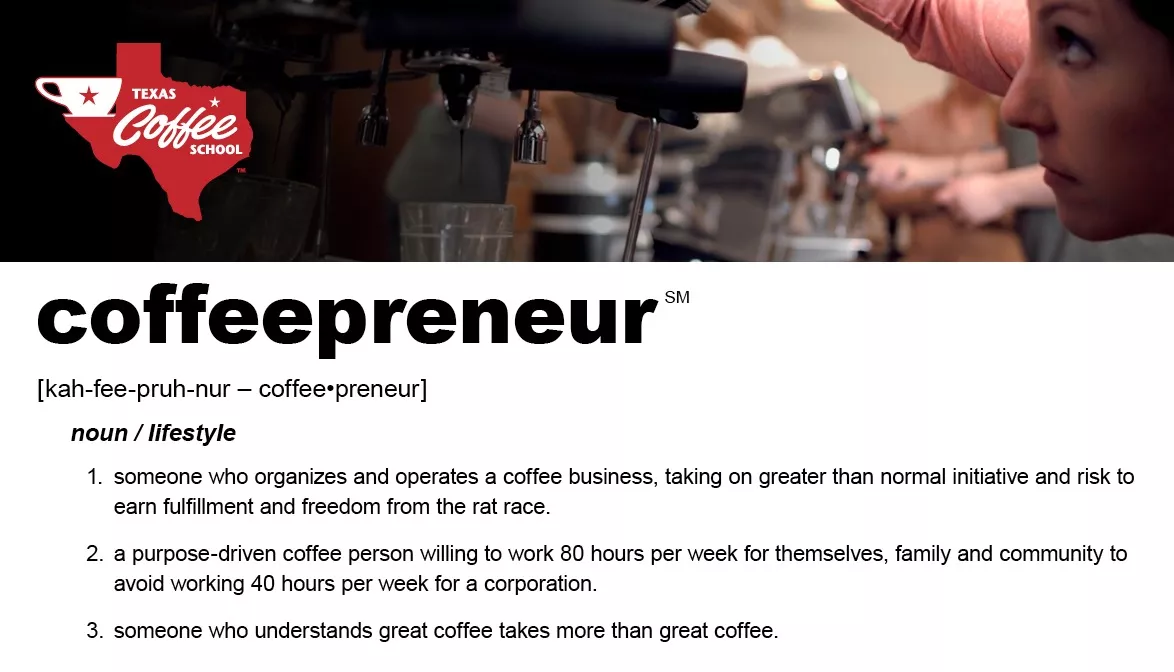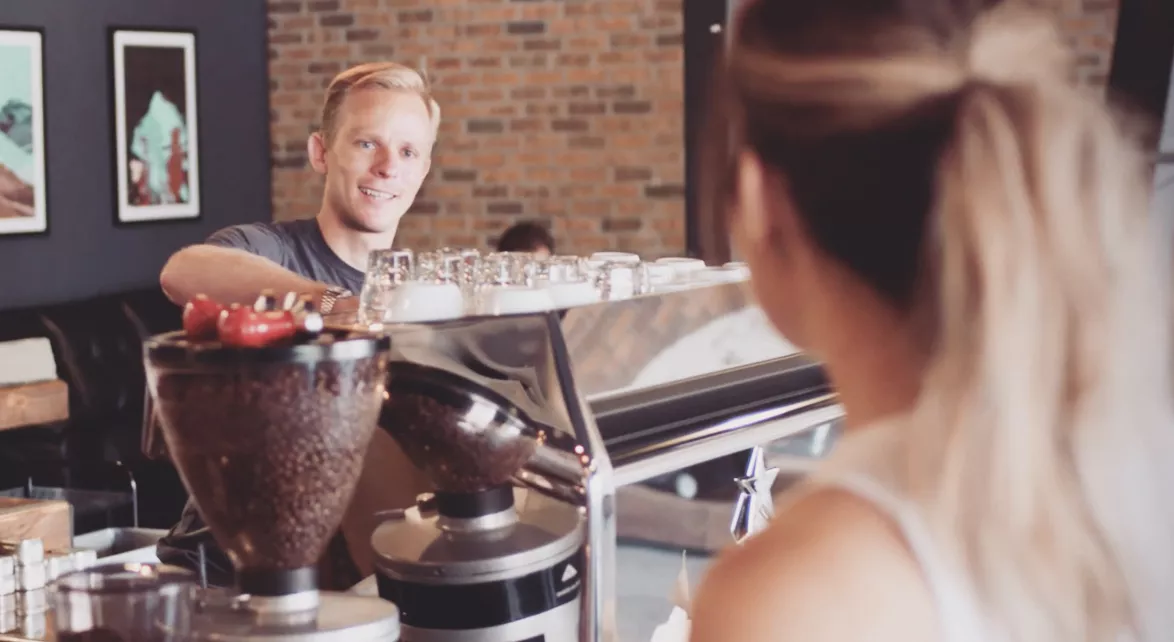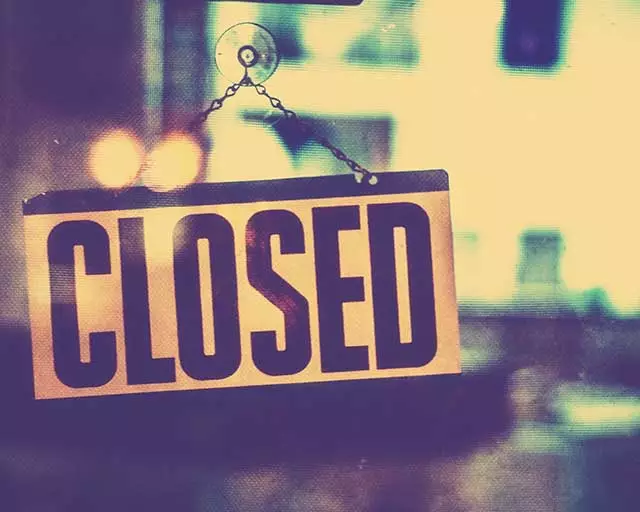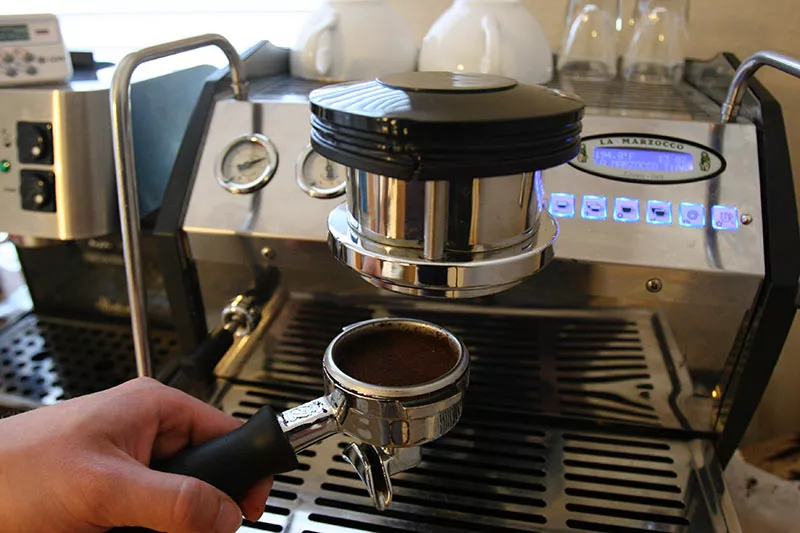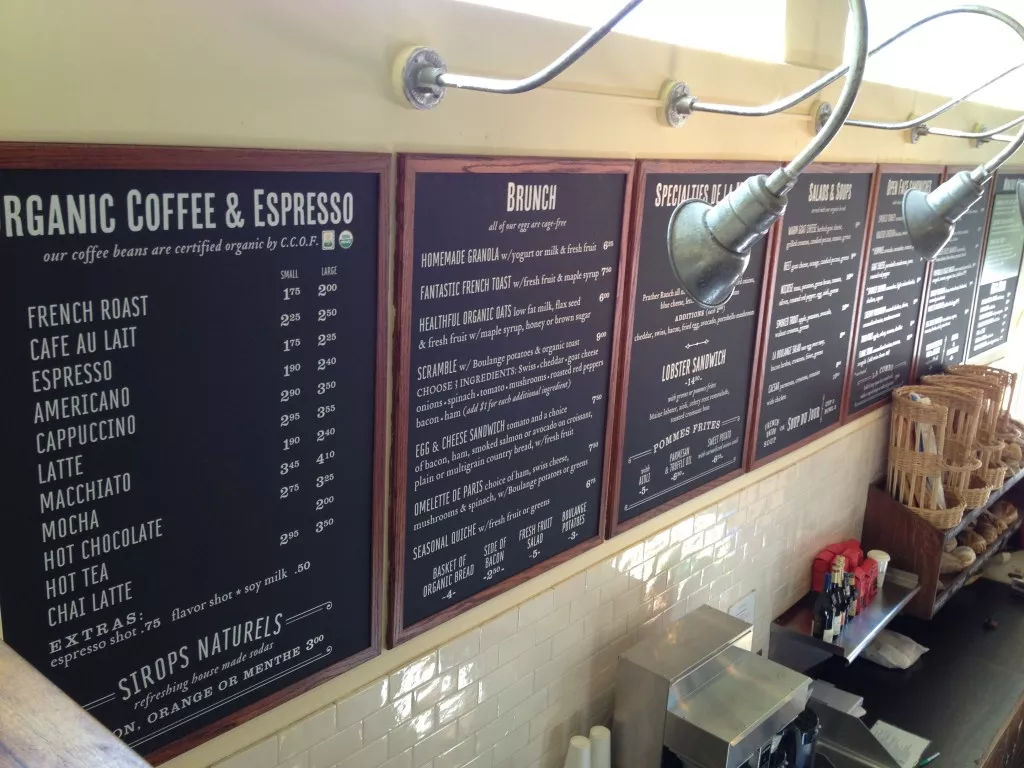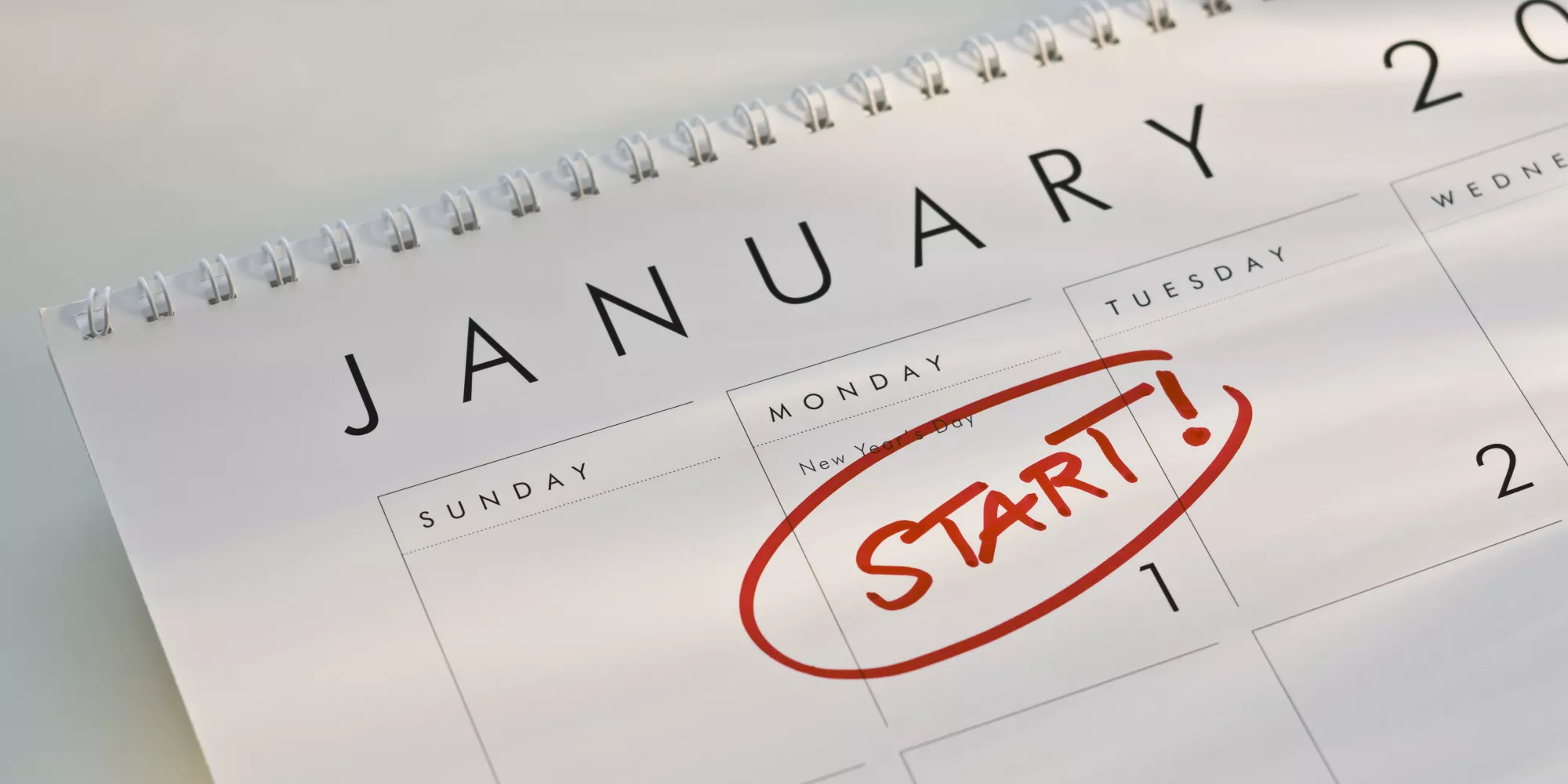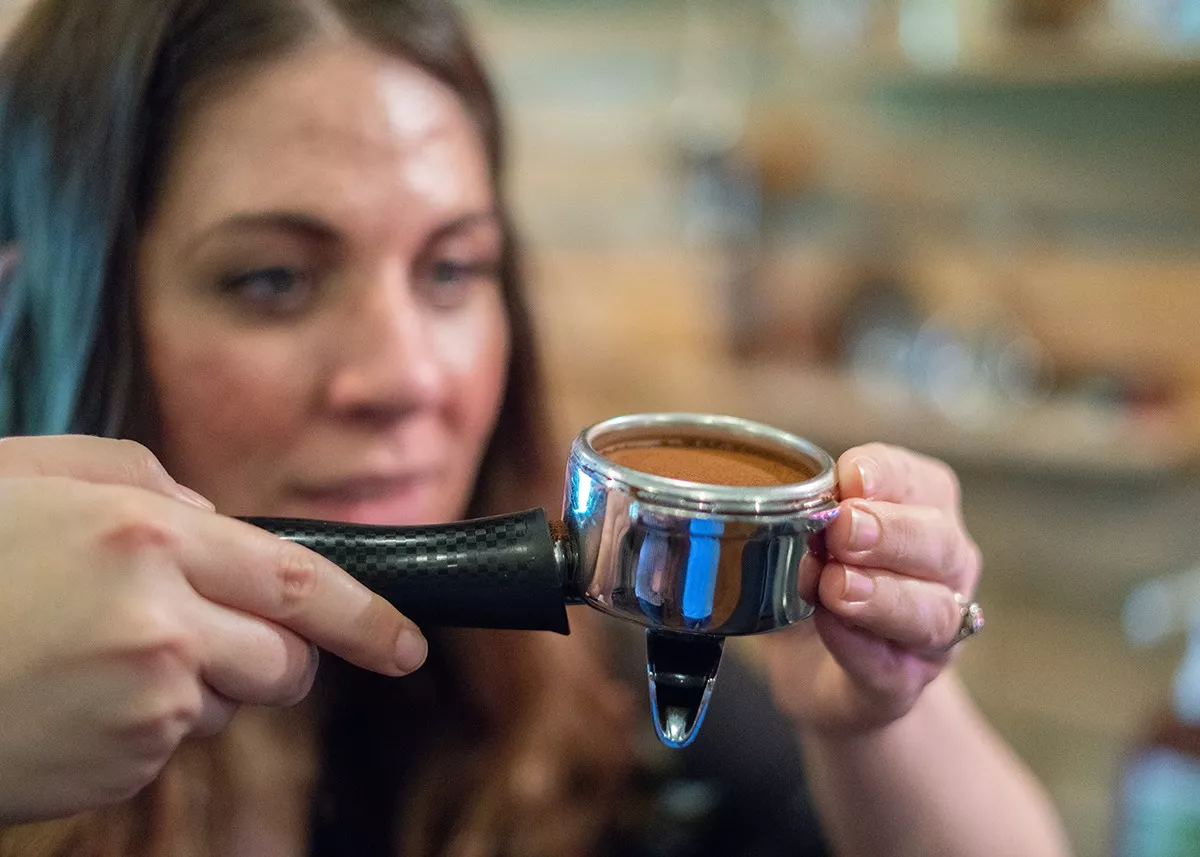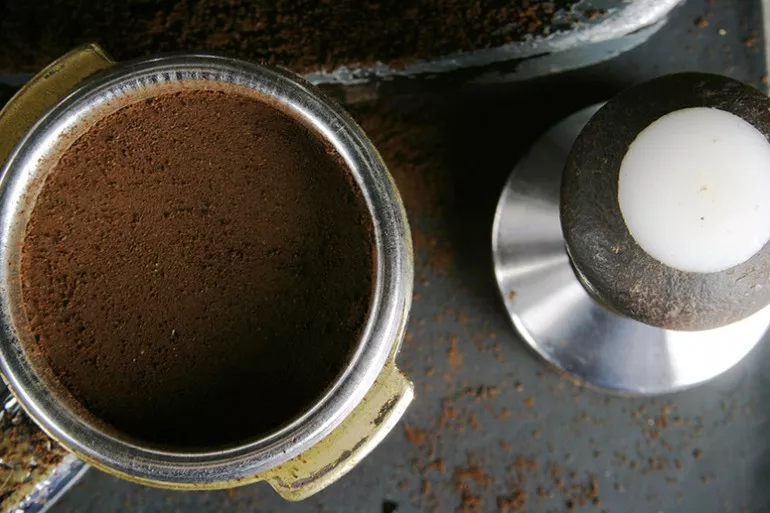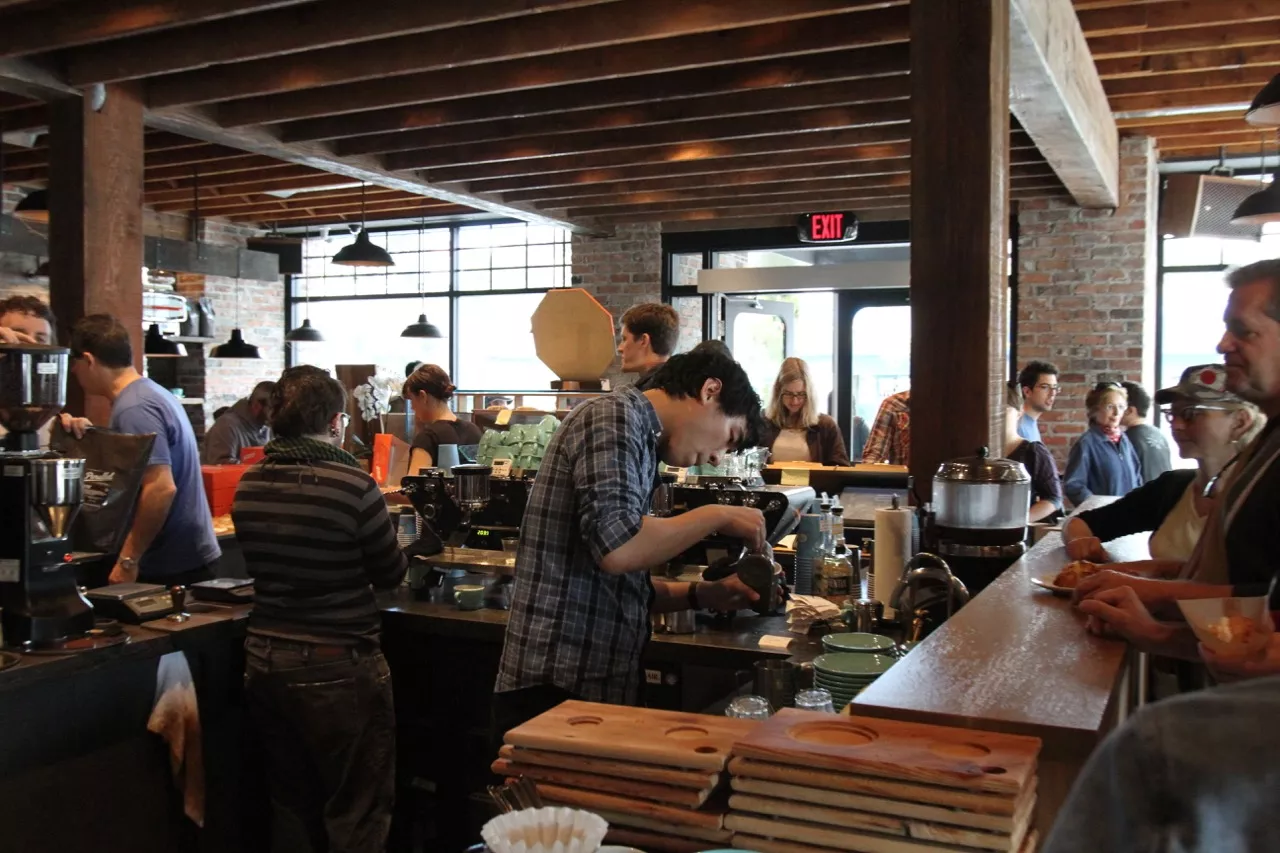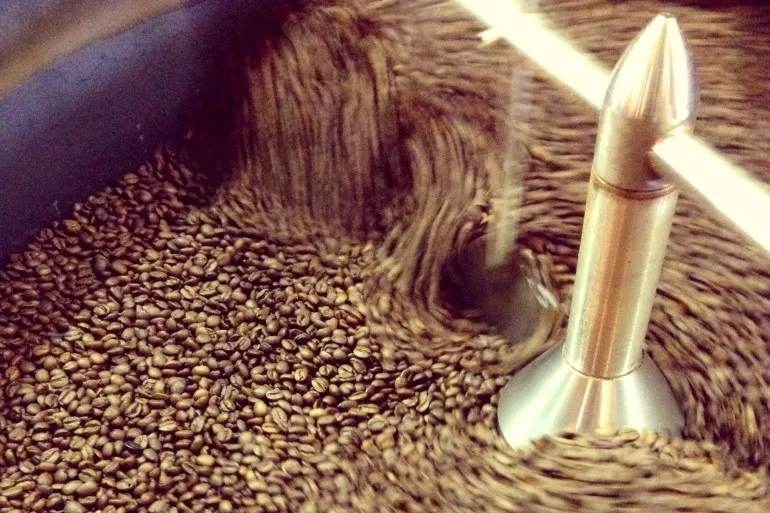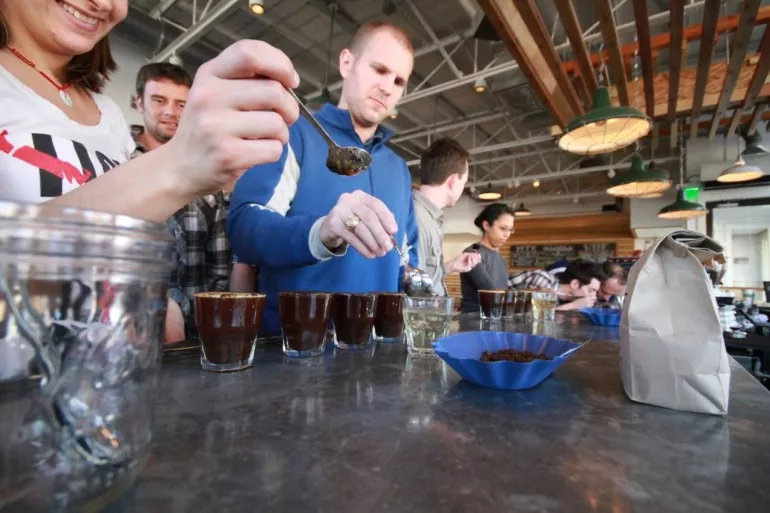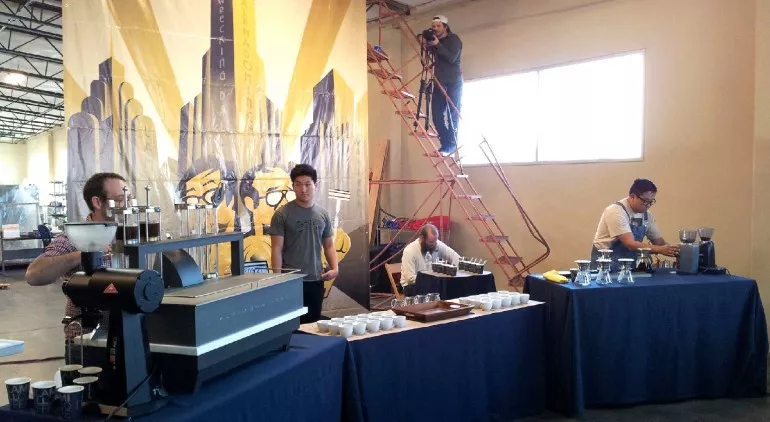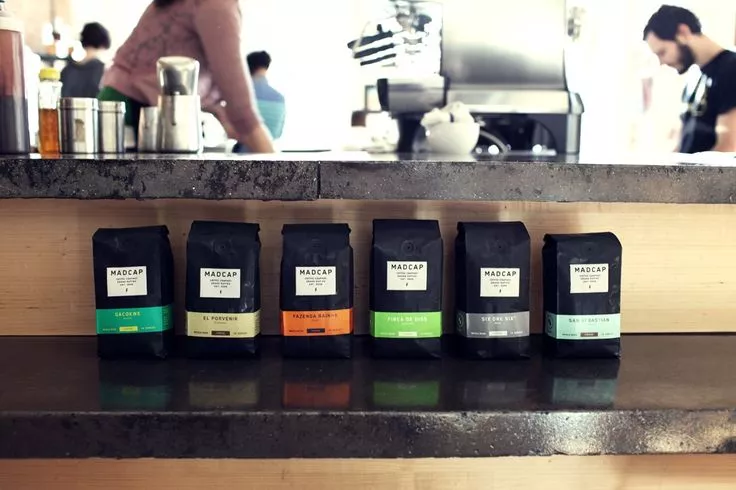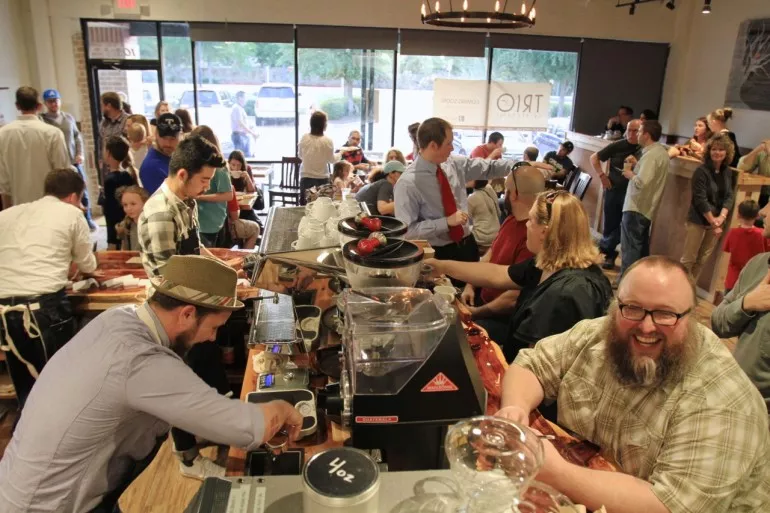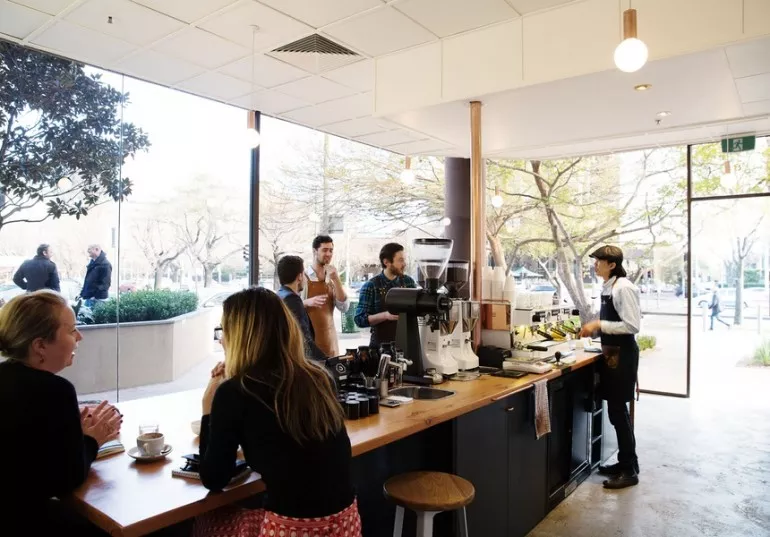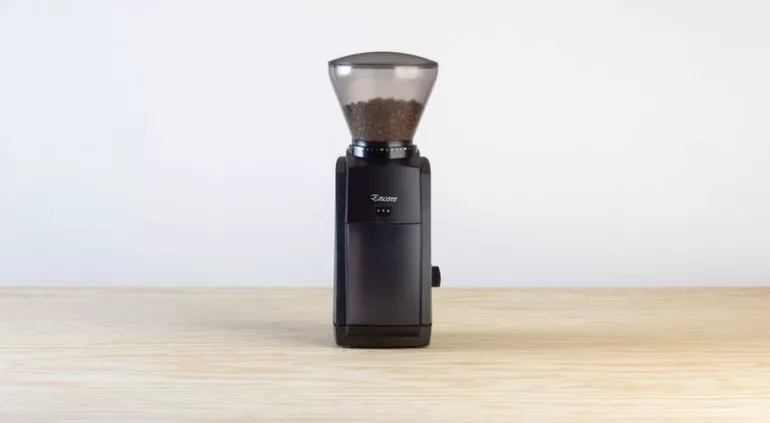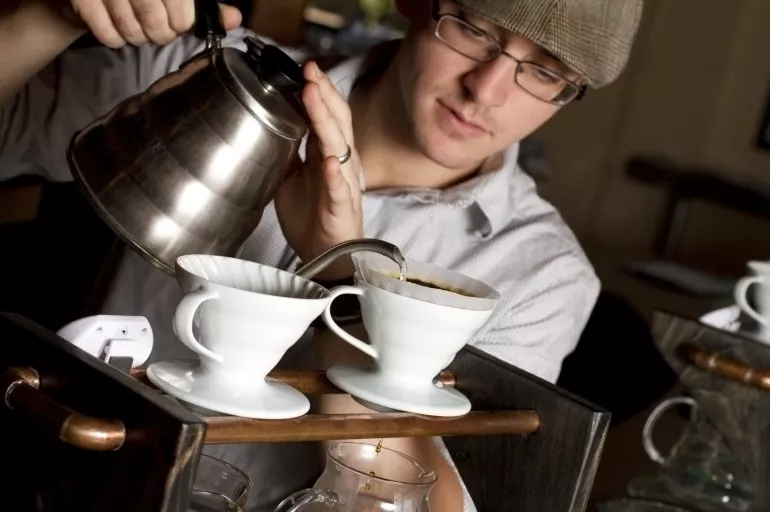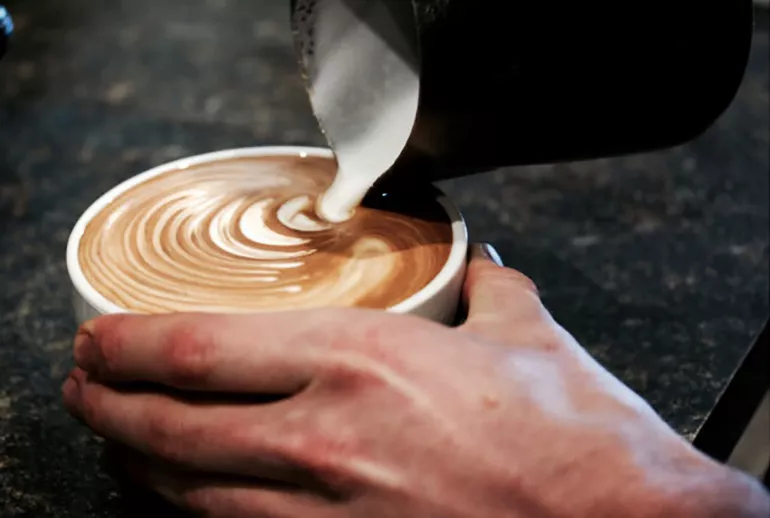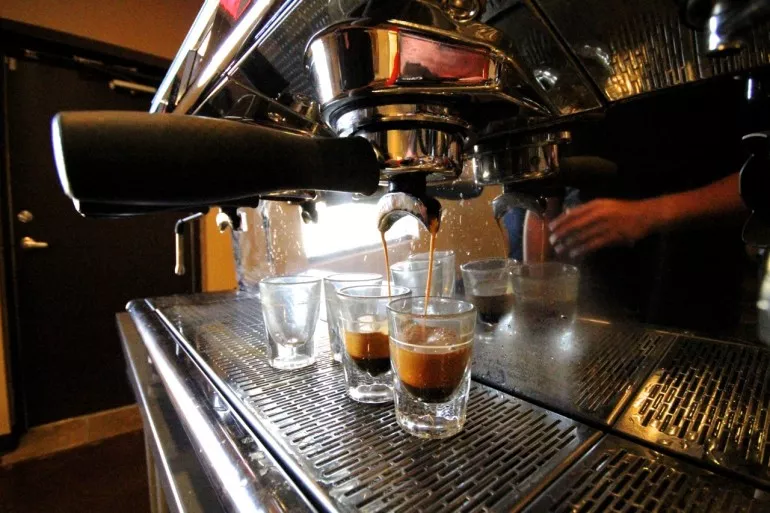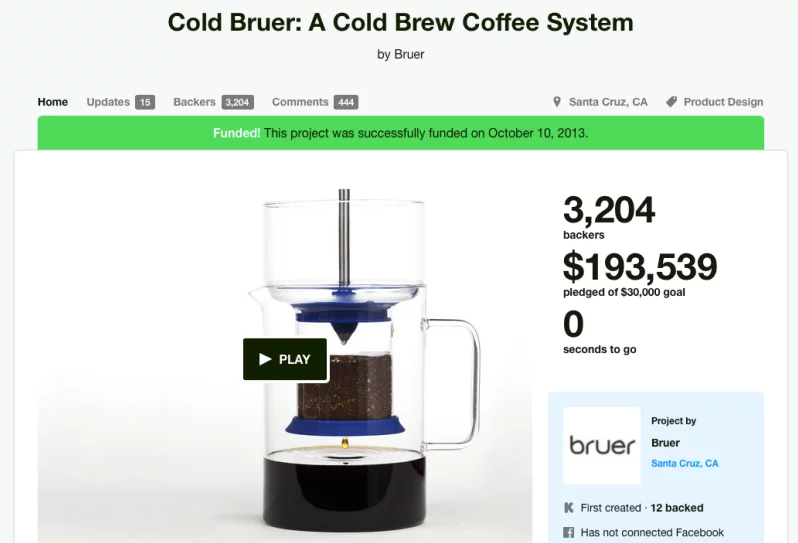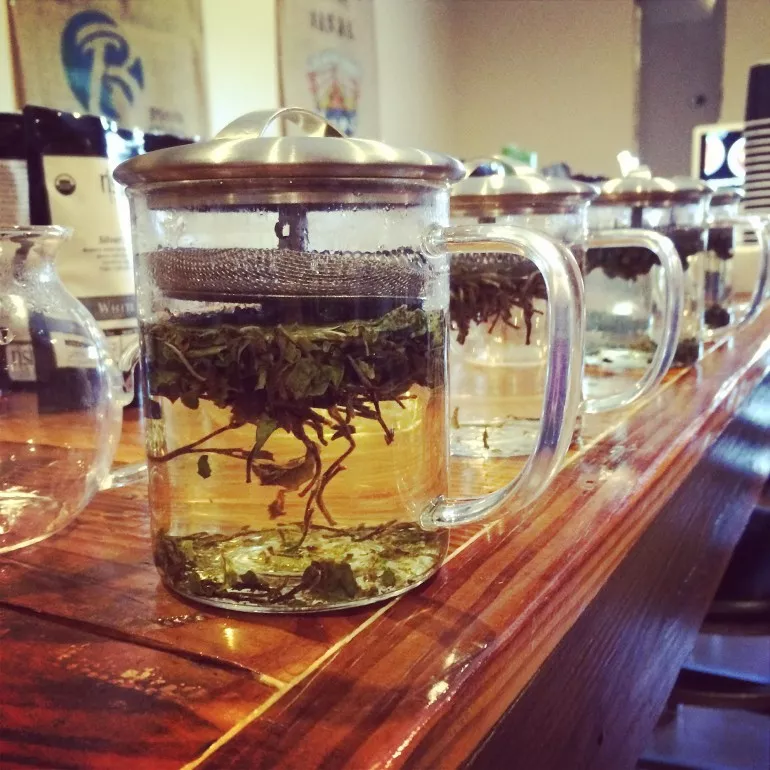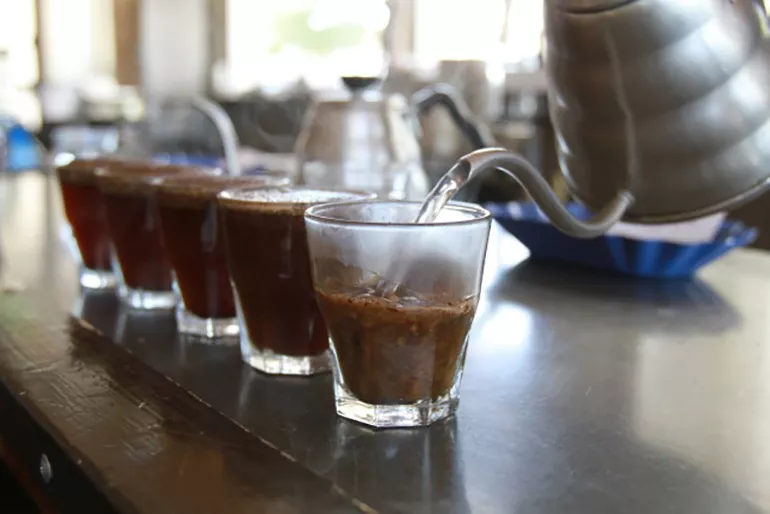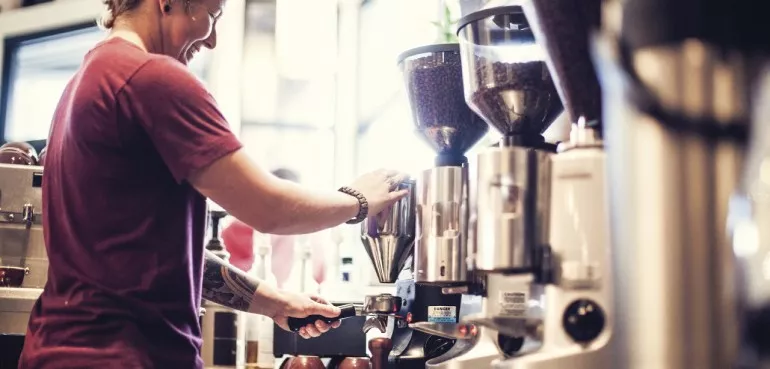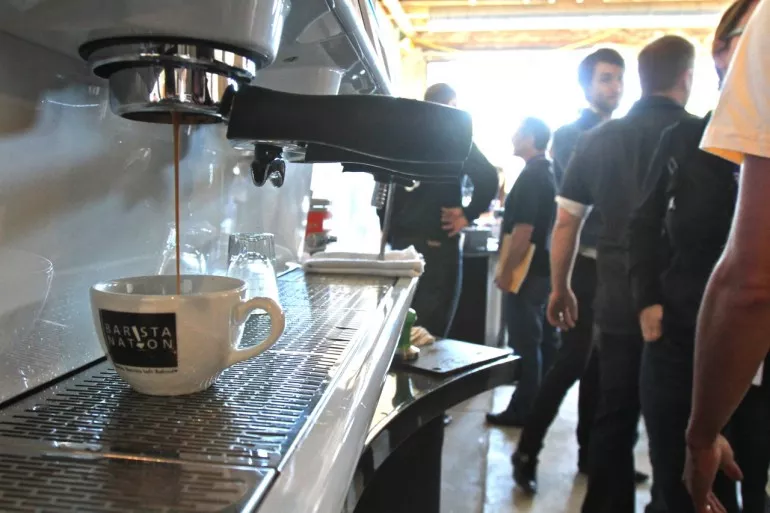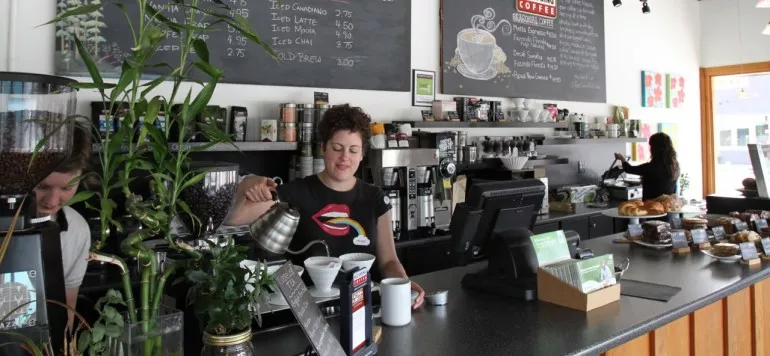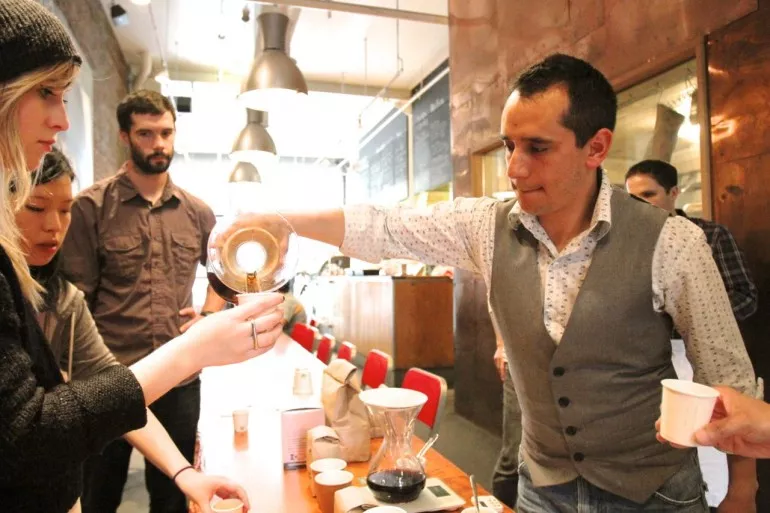
Coffee Business Tips: Creating a Culture of Consistency
It’s seven in the morning. You are tired, as you have every right to be at this hour. Maybe you’re a little grumpy, but you’re at your favorite coffee shop so you are happy anyway. You’re about five people back in line and you want this coffee. In fact, you need it. Slowly you make your way closer and closer to the register and your mouth is watering as you imagine how delicious that first sip is going to be. You make it up to the register, finally…
“Good morning, what can I get for you?” The cashier asks hopefully.
“What coffees are you brewing today?” You ask, anticipating the possibilities.
“Um… I’m not sure, let me find out… Sorry, it’s my first day.”
We’ve probably all been given this excuse as a justification for poor service at one point or another and it really can be an understandable excuse for the terrified person manning the cash register, however, it is not an acceptable excuse for the coffee business. Consistency can make or break a coffee business quicker than almost anything else. These interruptions in our routines automatically fail our expectations every time they occur and this, in turn, leads to disappointment. Luckily, this problem is simple enough to avoid. It all comes down to quality, ongoing barista training and development. Coffee businesses that invest in their employees by providing plenty of time and opportunity for ongoing barista training and coffee education retain more employees, perform better, and enjoy a significantly higher degree of consistency. The easiest way to accommodate this in a coffee shop environment is to develop a quality, in-house barista training program.
Why is in-house barista training important?
-
The importance of company culture.
Before we even talk about training people to prepare coffee we need to talk about the importance of building a healthy culture within your coffee business. This can be the difference between a solid, cohesive team and a lackadaisical or complacent one. A successful coffee business will have a positive culture that places emphasis on personal development, coffee education, service, quality and passion. Hiring is a very important aspect of this. Nearly anyone can be trained to prepare coffee; however, you can’t train someone to be passionate or positive. If choices are made in the hiring process that reflect the culture of your coffee business your culture will be much easier to maintain, however, it will take effort. Barista training is an effective tool for building and maintaining the culture within your coffee business. By providing training opportunities you are making it clear that you value your staff and are willing to invest time into them. Lastly, by regularly training and working together in a context of learning and helping each other rather than just working a shift, it will strengthen the bonds of the team and allow them to read one another, and work together more effectively.
-
Barista training is an evolving, ongoing process.
No one knows (or will ever know) everything that there is to know about coffee. Julia Child said it well when she said, “You’ll never know everything about anything, especially something you love.” It is important for a barista staff to be continually trained to avoid falling into complacency or stagnation of skills. Formal barista training through a professional organization such as a barista school is a great way to train an opening staff or a large group of new employees; however, an ongoing barista training regimen must be implemented and maintained at the shop-level as well. Even the greatest musicians continue spending hours a day practicing, which is part of what makes them so great. The same concept applies to being a barista. A barista that constantly pushes him or herself to learn more and to advance his or her craft is going to do a better job and enjoy more success than a barista that assumes he knows everything, and is insulted by the idea of being taught.
-
Consistency is the key.
Consistency is one of the absolute most important qualities of a great coffee program. Many people that love great coffee have no problem forking out upward of $5 on a great beverage. That being said, they are way more likely to frequent coffee shops where they know the beverage and experience will be great every time. This is actually one of the things that has allowed a certain big green mermaid coffee chain to enjoy such widespread success: they implement the same barista training at every store, and the drinks taste the same at every store. Say what you will about their product, it is consistent and you know what you can expect.
If you speak to people that spend a lot of time in coffee shops, you will often hear them talk about their “favorite barista” and while this may be good (or bad) for the ego of the barista, it is really is a problem for the coffee business. It’s a problem because many people get to the point that they base what they order on which barista is working (ex. “I know their milk is going to be bad so I’m not going to order a cappuccino today.”) or they may even leave altogether. These situations let people down and loses income for the coffee business. This can be easily avoided with an active quality control element built into a barista training program.
Tips for internal barista training programs:
-
Follow a regular schedule and get together frequently.
It’s well documented that many children “unlearn” things learned in their previous year of schooling after a summer vacation. Similarly, many coffee businesses train their staff quickly after hiring with a comprehensive “crash-course” style week of intensive barista training and then unleash them on the world as “trained barista.” More often than not, these barista are going to fall into lazy habits and never really progress or grow in their craft. By frequently getting together to advance their coffee knowledge, a staff will develop a culture of learning and improvement. Regularly setting aside time for all baristas to meet with the in house trainer (either individually or as a group) to focus on different aspects of service, hospitality, or skill development (or even just issues individual baristas may be having) is a crucial element of any barista training program.
-
Who is your trainer? What qualifies that person to have that position?
Selecting someone to lead and execute an in house barista training program can be complicated and difficult. Typically, this is just another responsibility added to a manager’s already heaping plate of responsibilities. Not only does this take away time from other tasks for the manager, but often, the best candidate for the barista training role is not a manager. When selecting someone to lead a barista training program it is important to ask a couple basic questions:– Does this person have a deep passion and expansive understanding of coffee?– Does this person have an outgoing and personable disposition that will allow them to reach people and command their attention?– Does this person have the patience to work with people in an ongoing manner and facilitate their learning as well as hands-on skill building?
-
Honesty is the best policy.
Baristas, like anyone in any position, need feedback in order to grow. An in-house barista trainer should run quality control over a coffee program by regularly tasting drinks the baristas are making and providing honest feedback. If a drink tastes great, tell them how good it was, they will be happy to hear it. If the drink was bad, let the barista know what they could improve on with that drink or gently recommend what they could have done to correct the issue. Giving constructive criticism can be difficult but if a barista is allowed to believe they are doing everything right and that the drink tasted delicious, they will continue doing things that way and continue making bad drinks. Continuous, honest feedback will lead to consistency over time.
-
Put it to the test.
Requiring baristas to pass written or practical examinations to complete different sections of a barista training program may seem intense or overbearing but is actually an incredibly beneficial element to any barista training program, for several reasons:– By being able to correctly answer questions directly from the training or by demonstrating skills in a practical application, this proves that a barista has learned, retained, and can apply the information that has been provided.– Testing requires a greater level of accountability within a staff by removing the excuse of “no one ever told me that.“– Programs that utilize testing models do more to validate the work a barista has put into their training, particularly in programs that use passing different levels of testing to unlock different privileges or responsibilities (i.e. requiring a new hire to bar-back during their initial training and then upon completing espresso training and passing the test allowing them to work the bar).– Programs that utilize testing provide greater consistency. These programs ensure all staff are on the same page and makes it easy for a program manager to know what level baristas are at based on the tests they have completed.
-
Stoke the flames.
Socrates said “Education is the kindling of a flame, not the filling of a vessel.” An environment that is continually growing the flames of the barista’s training will not only produce excellent baristas, it will produce an excellent product consistently. The endeavor of creating an in depth barista training program within a coffee business can be daunting, but the reward is absolutely worth it! When paired with professional coffee classes other forms of professional barista training, it can provide a lasting foundation for success.
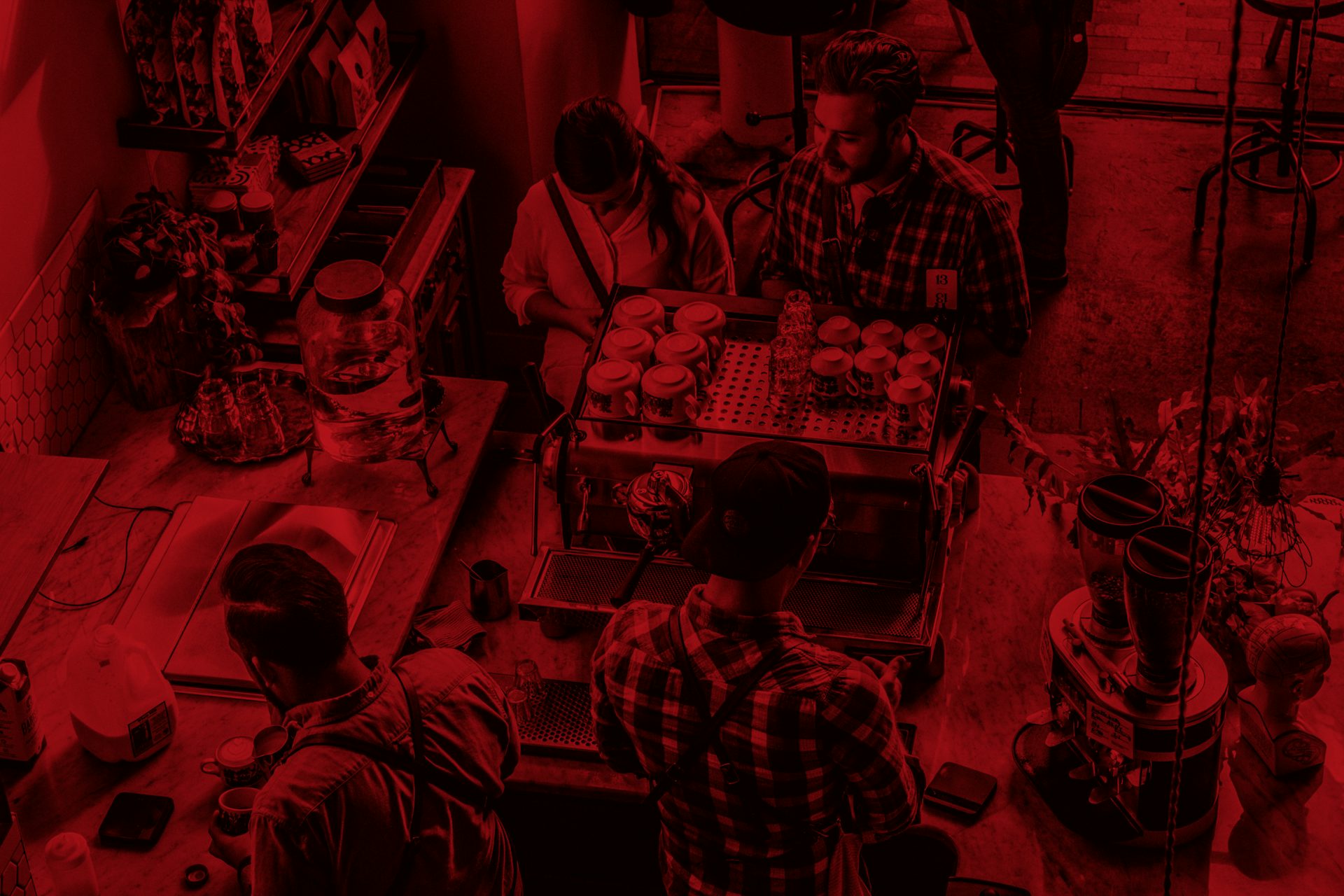
Register for a Coffee Class
The Best Coffee Training Available
We’ve helped hundreds of students successfully launch their own coffee shop businesses. Join us in our 5-Star Rated Coffee Classes, whether you’re an aspiring entrepreneur looking to open a coffee shop, a manager, a barista or home enthusiast looking to sharpen your skills.


